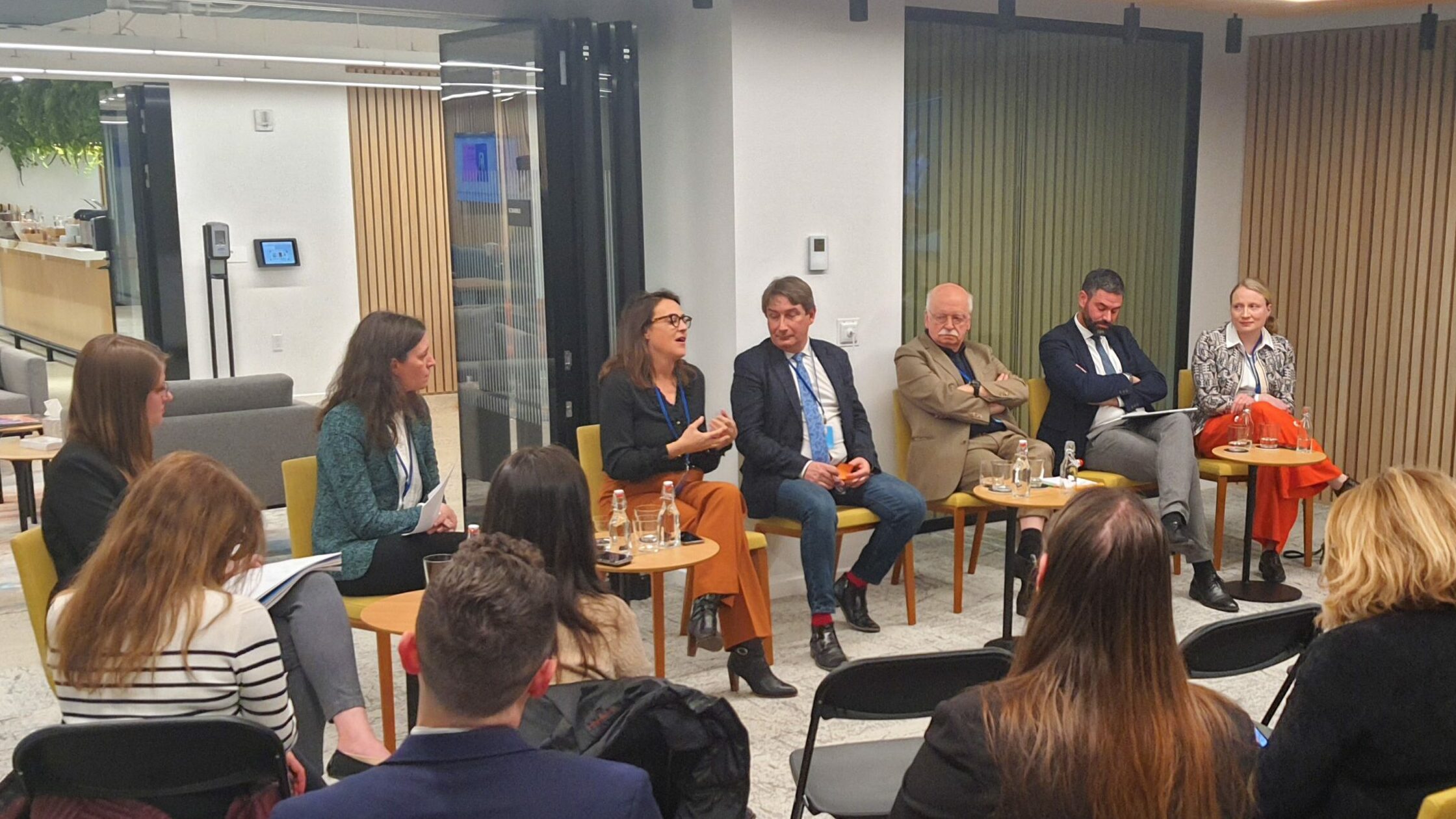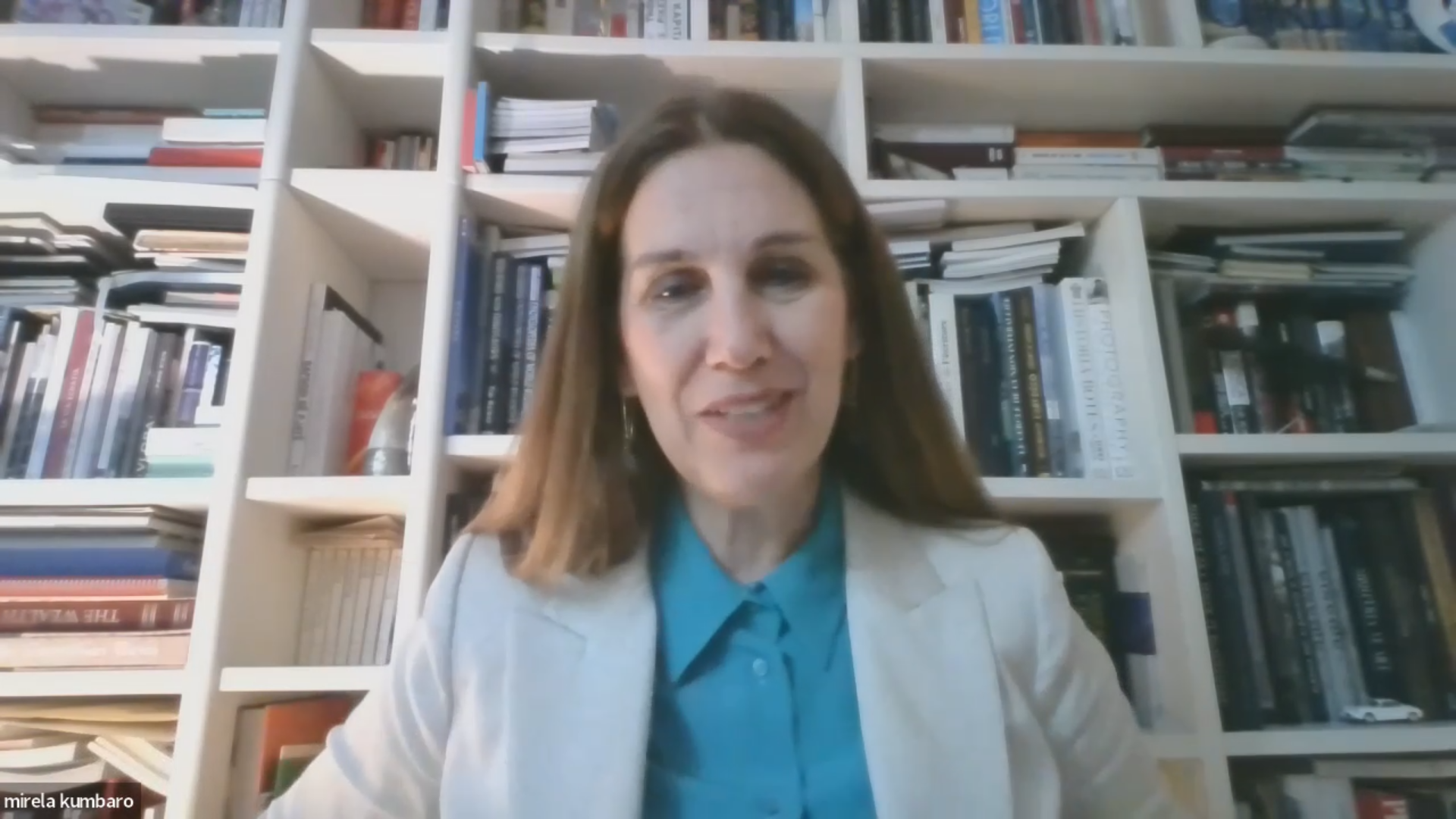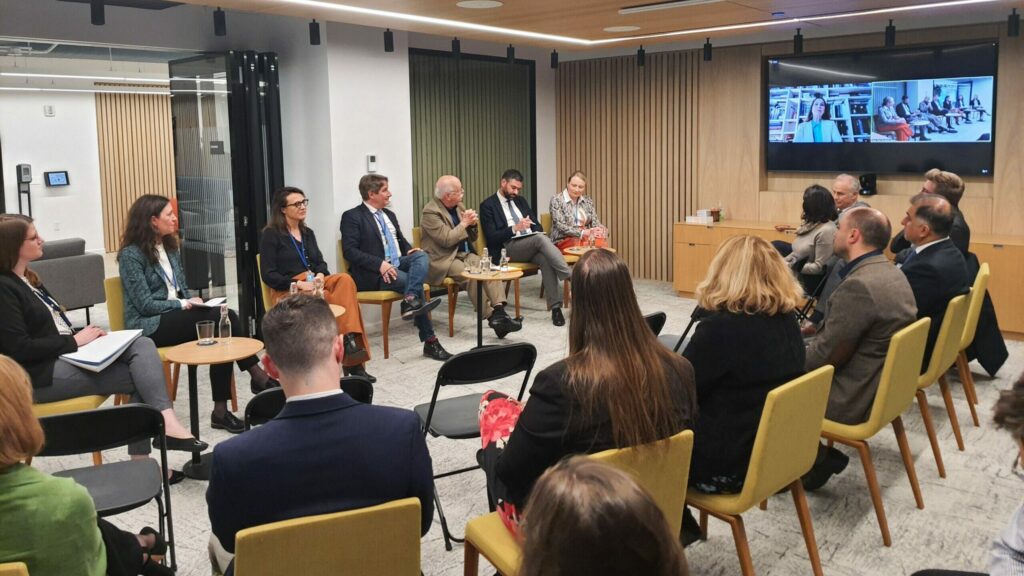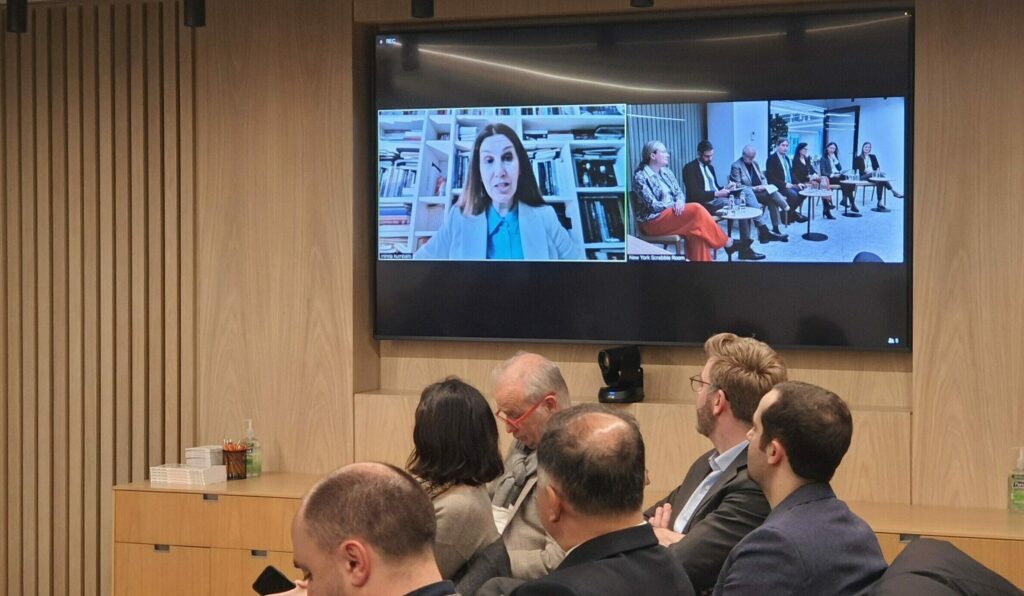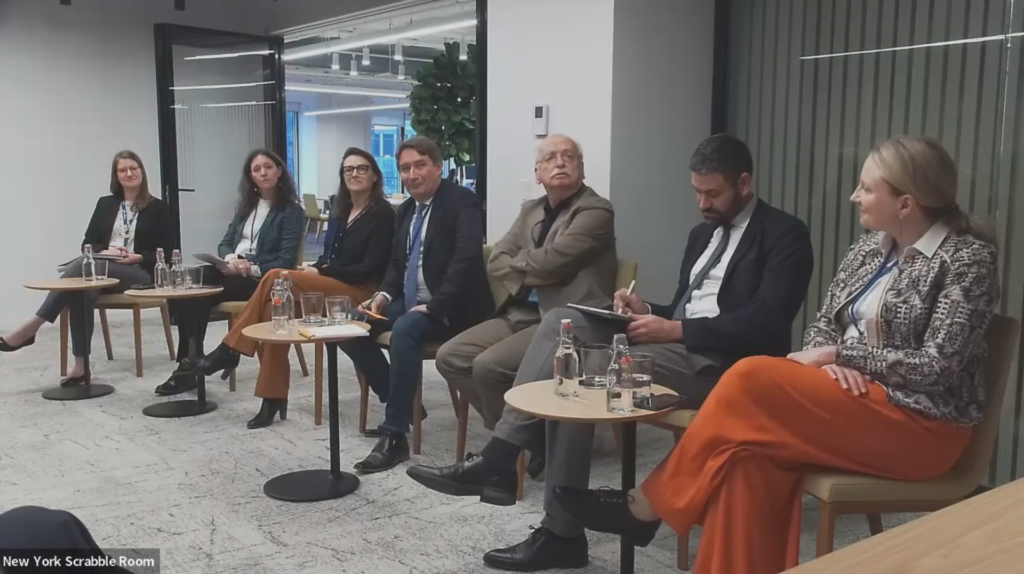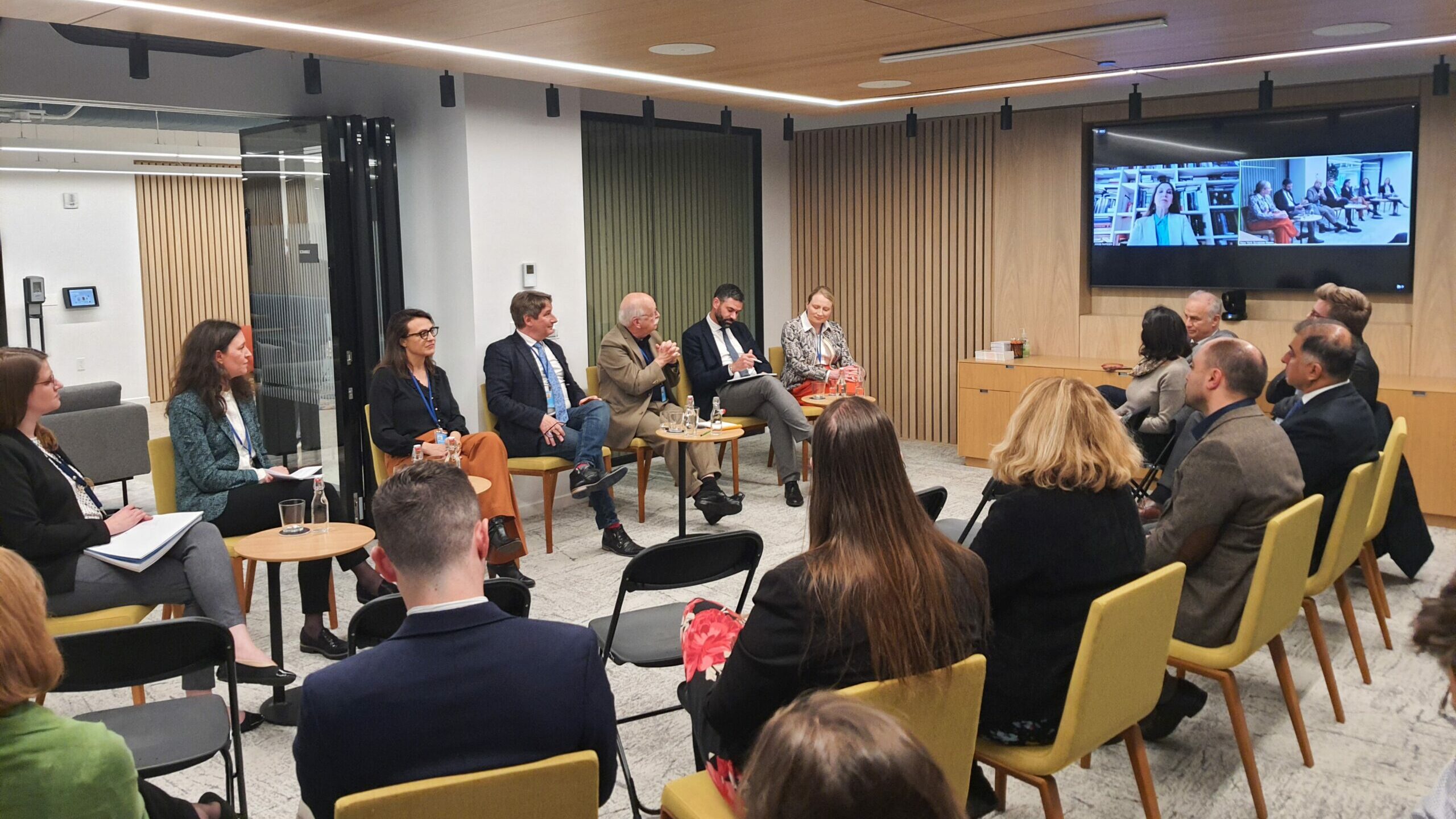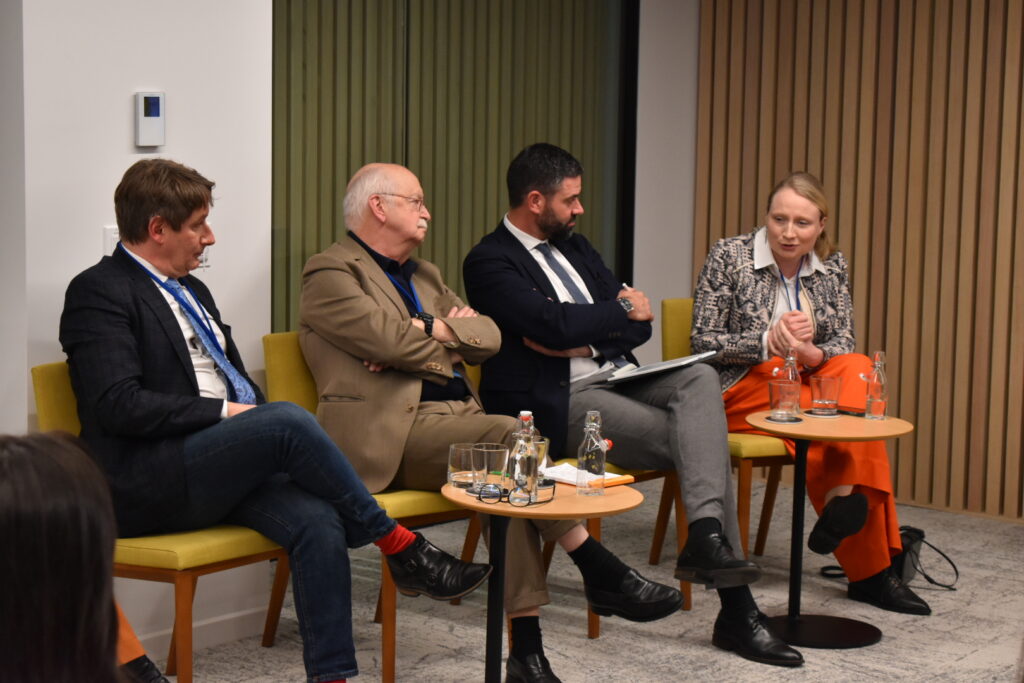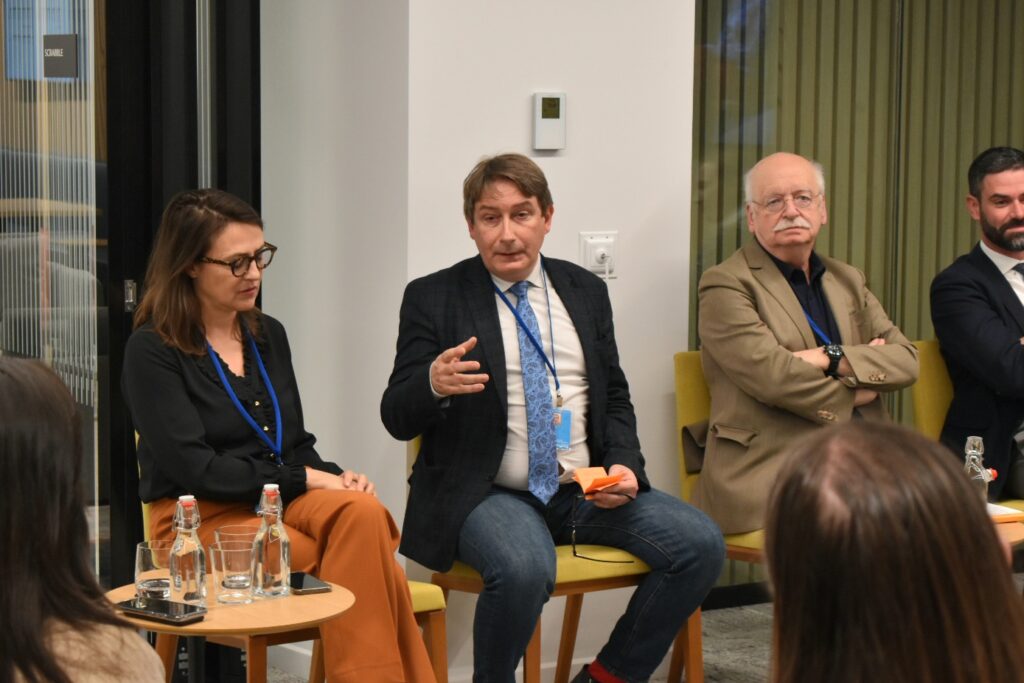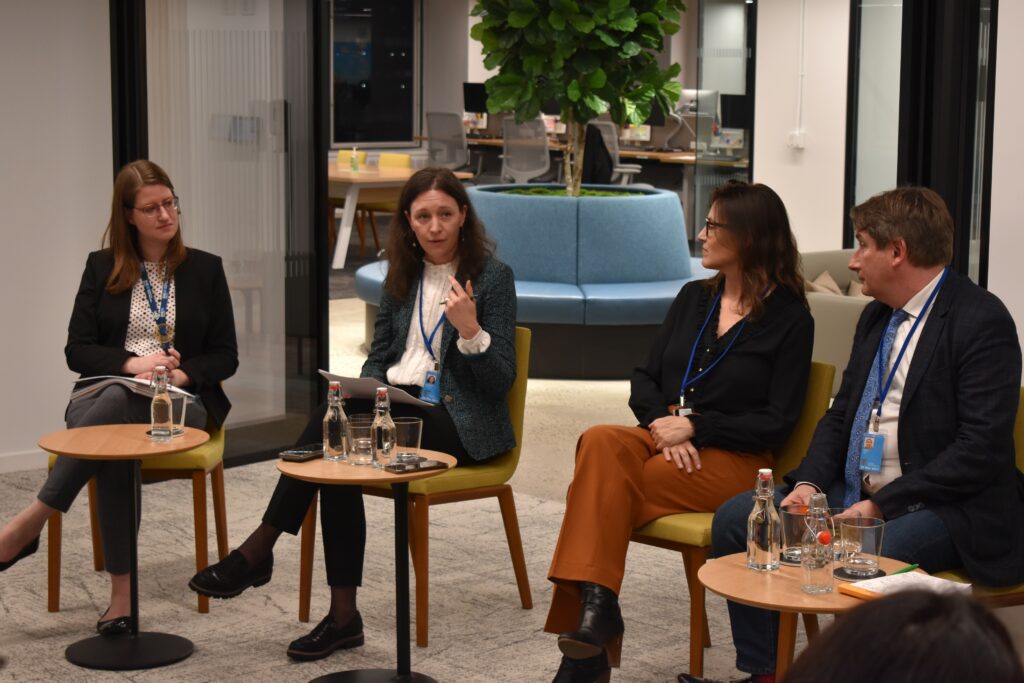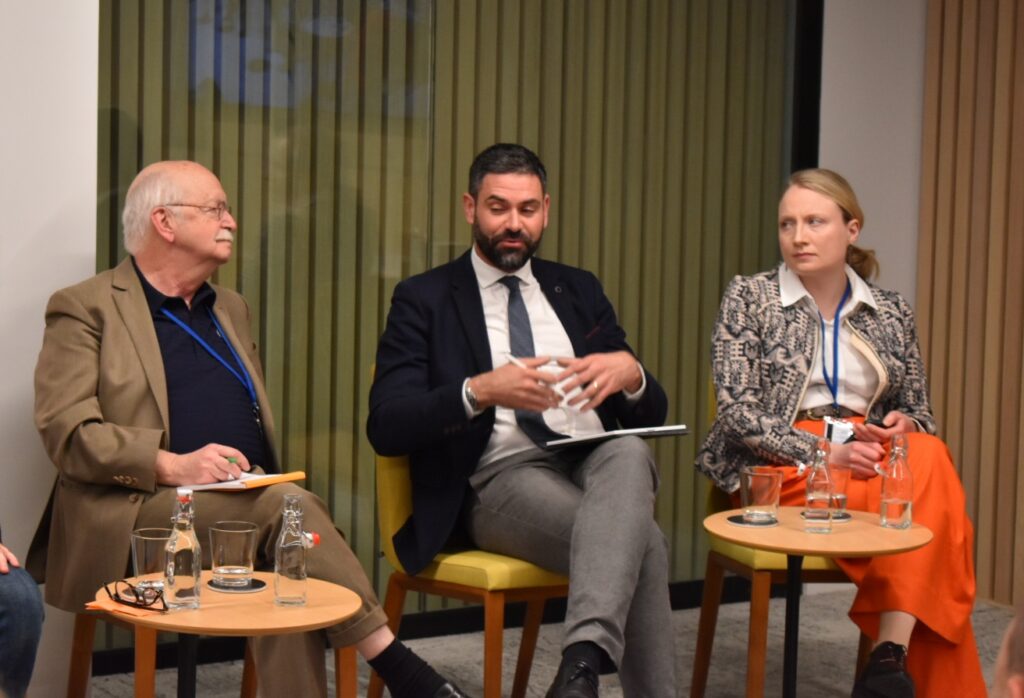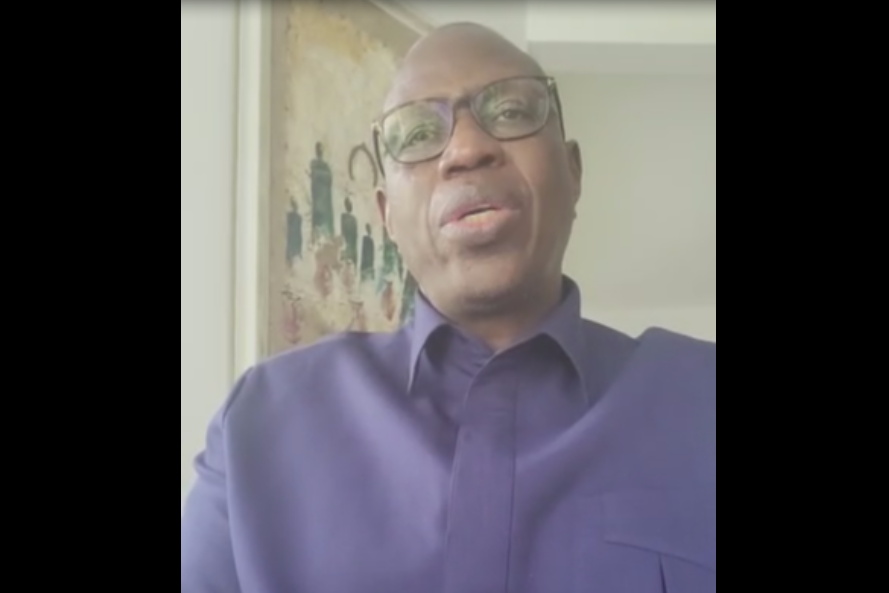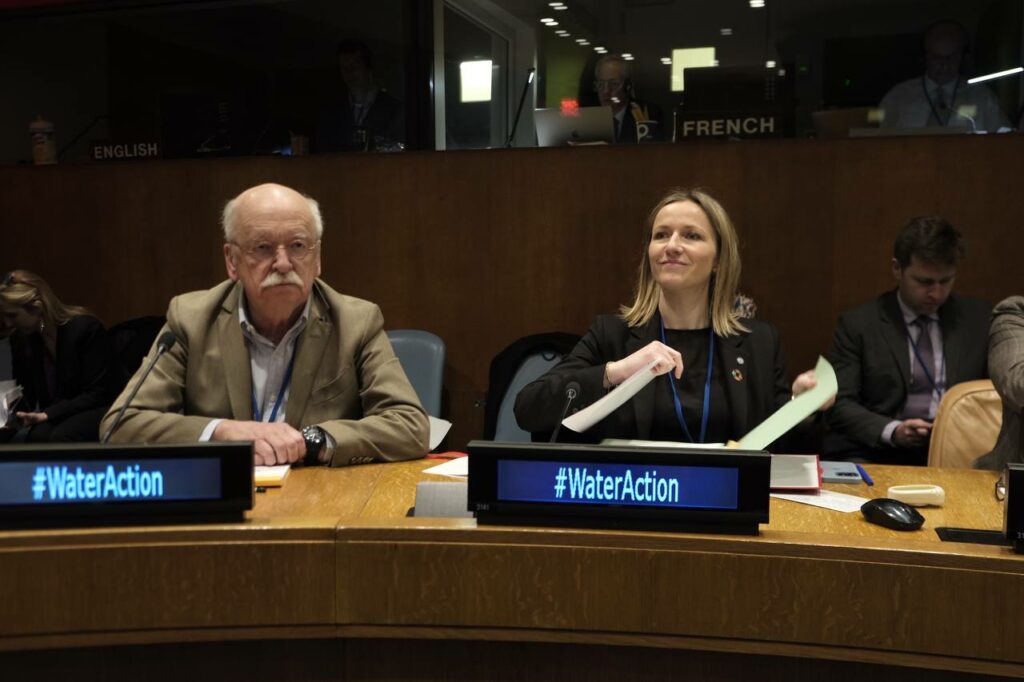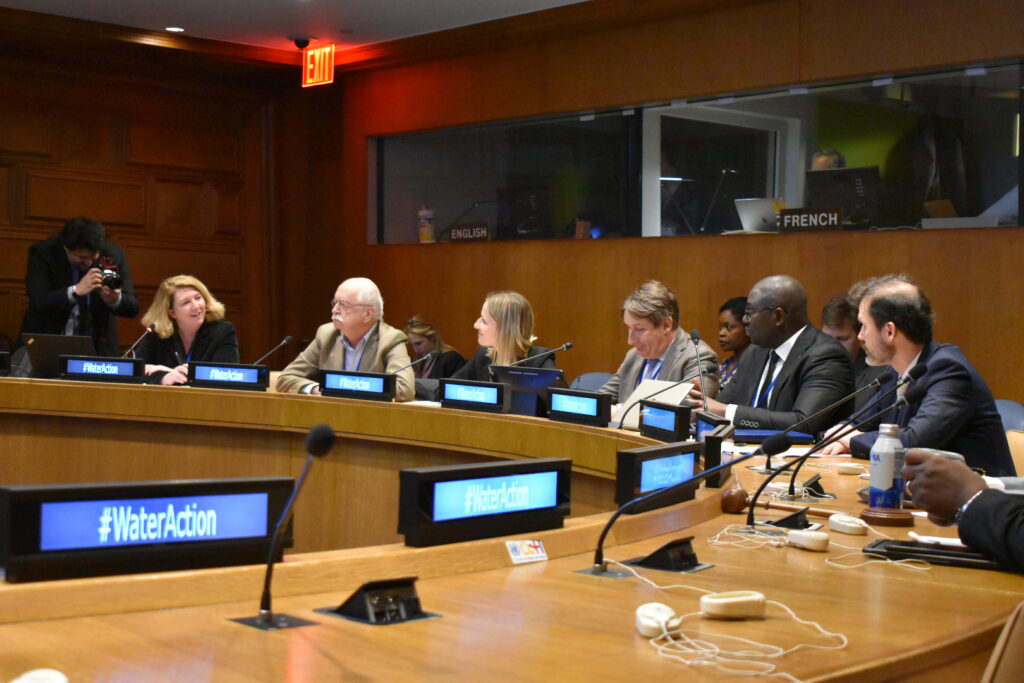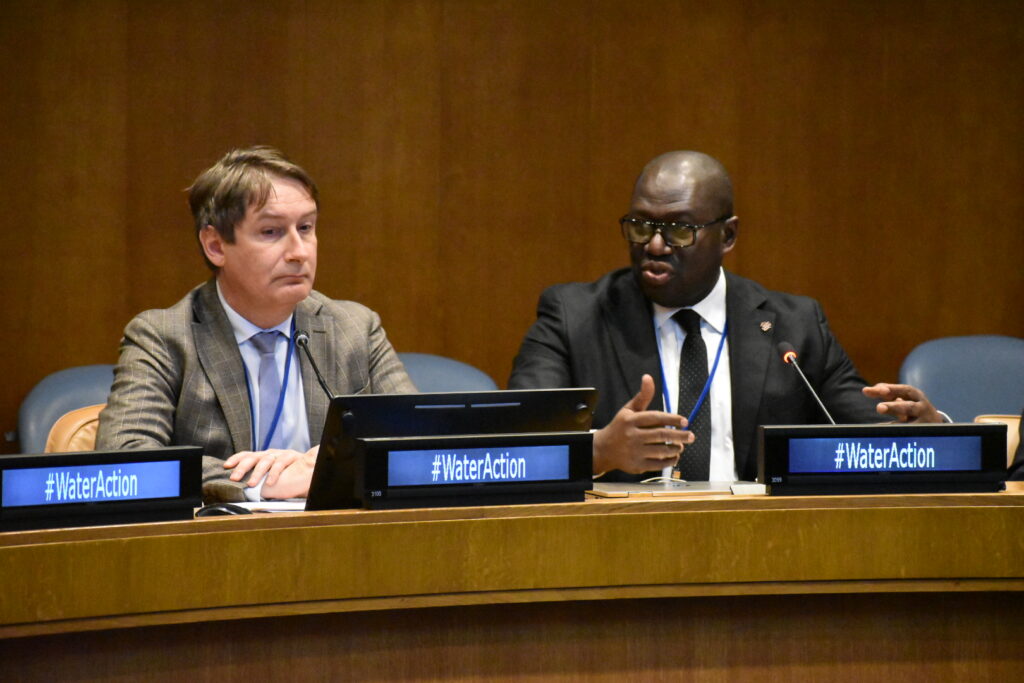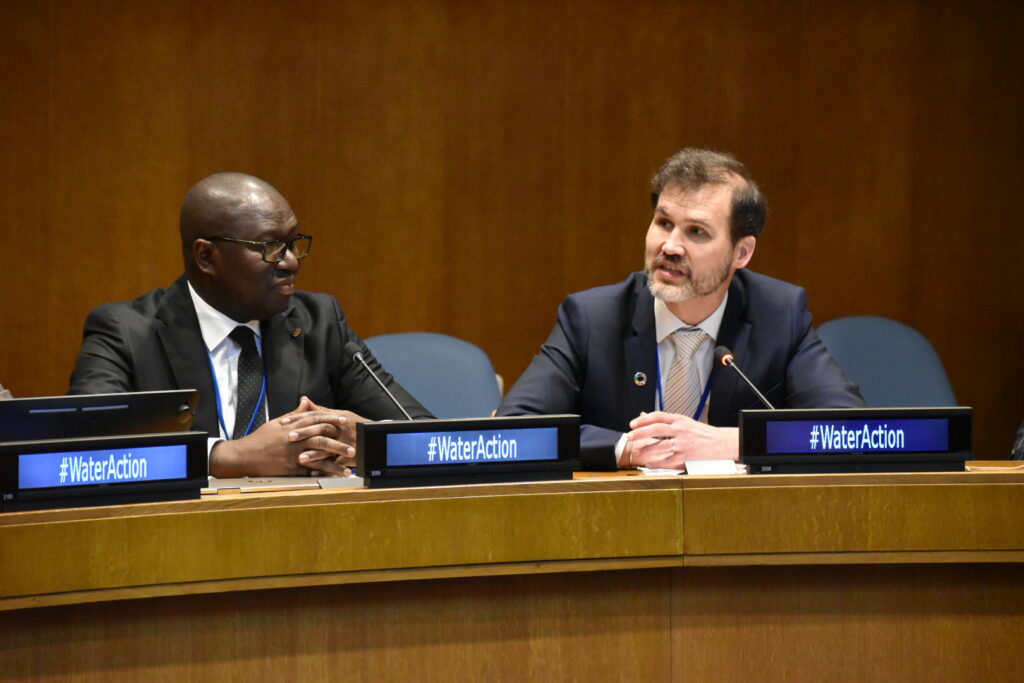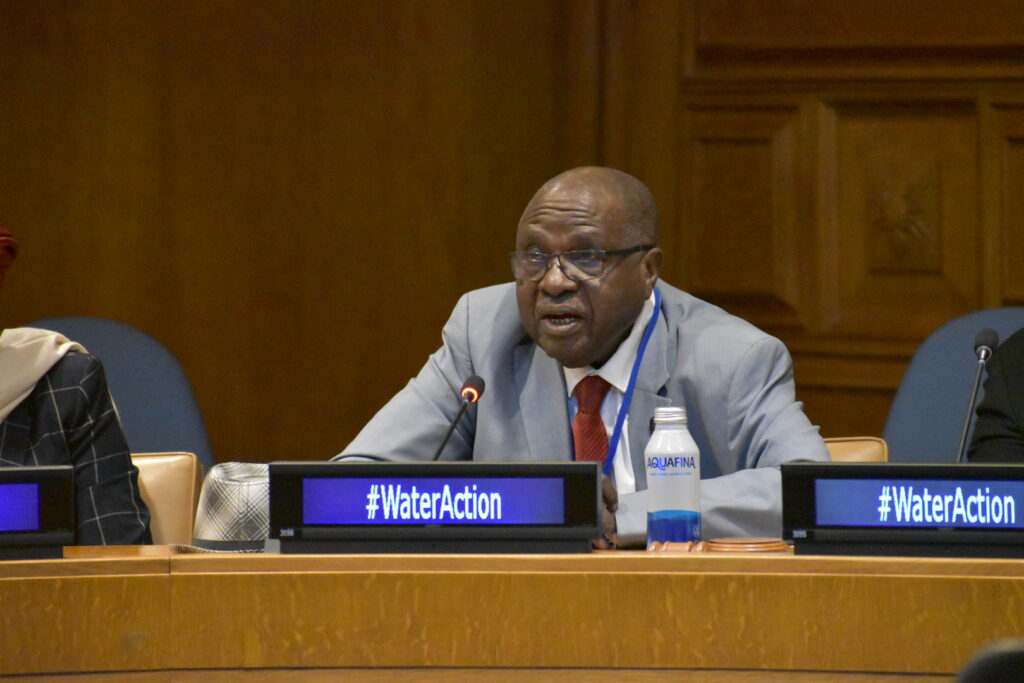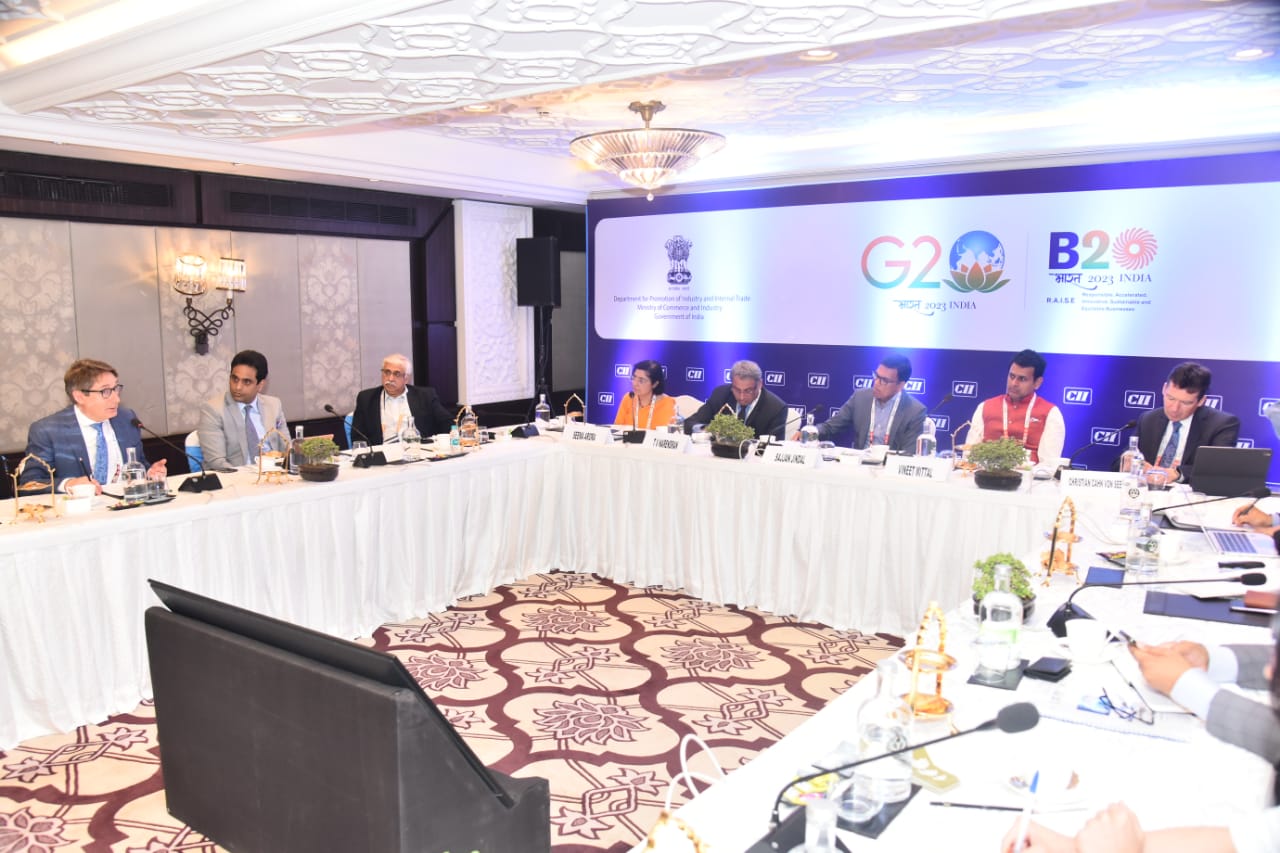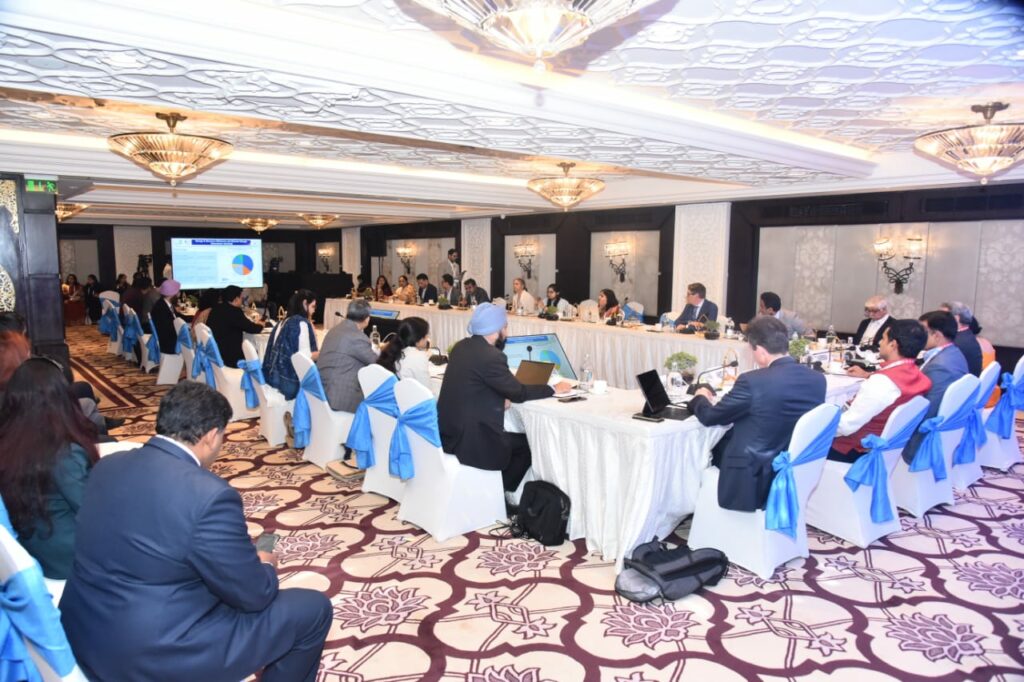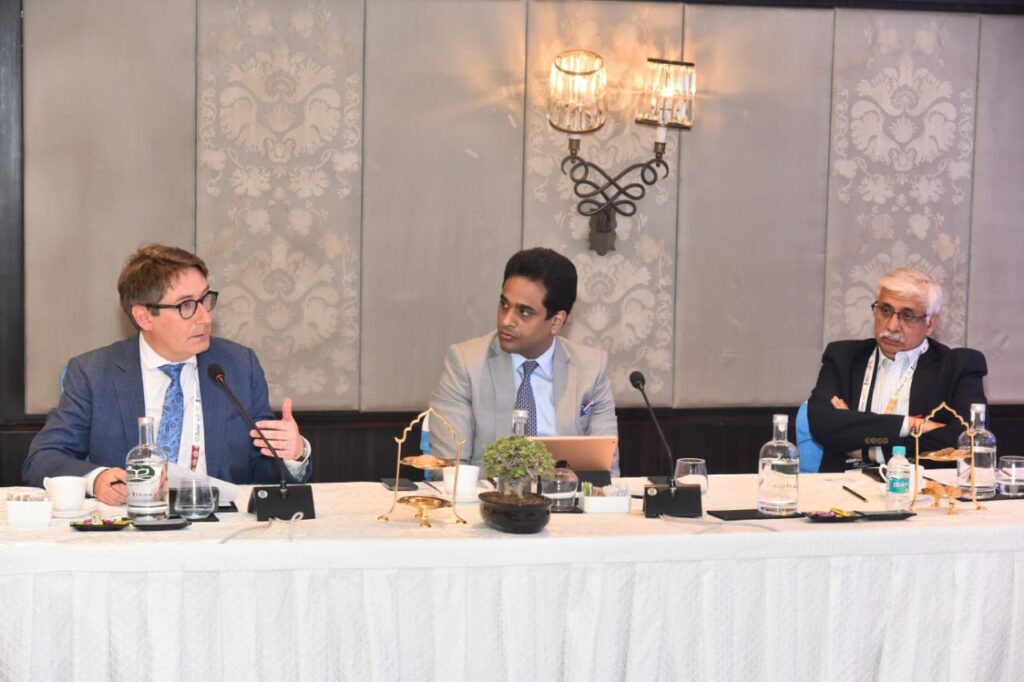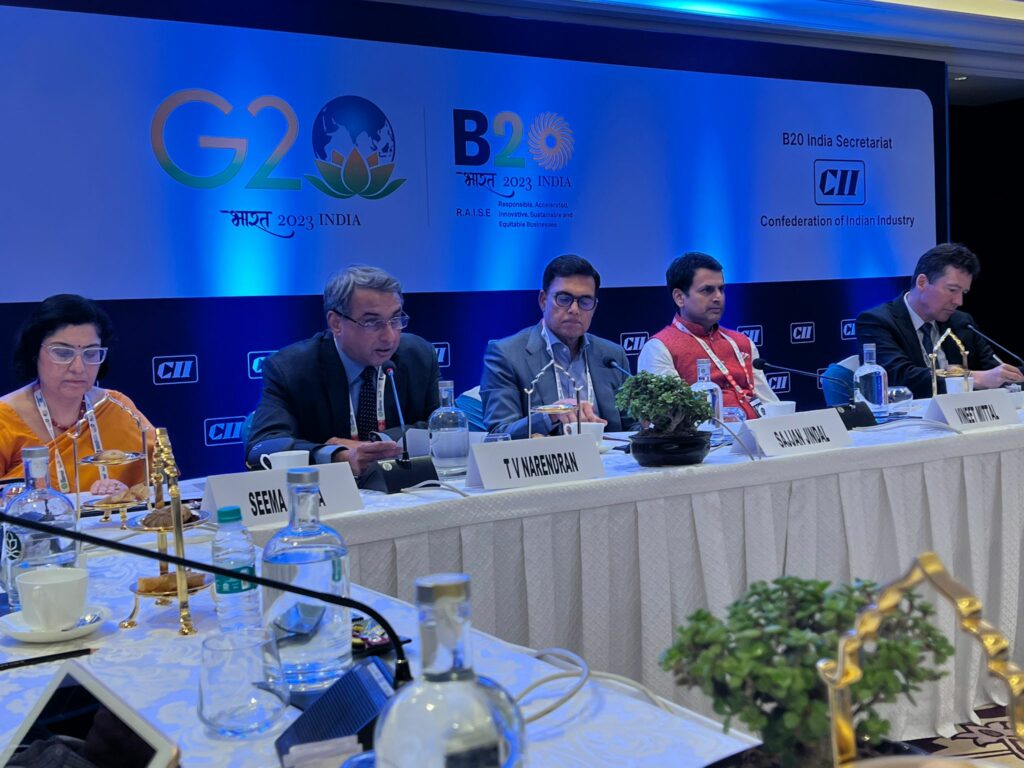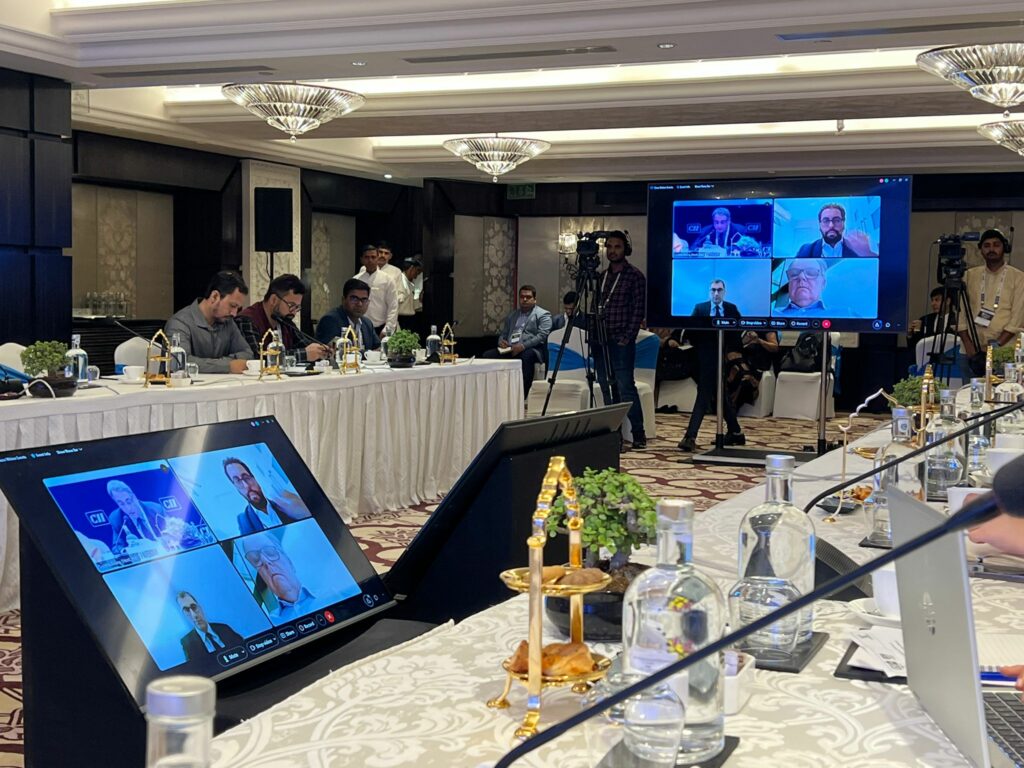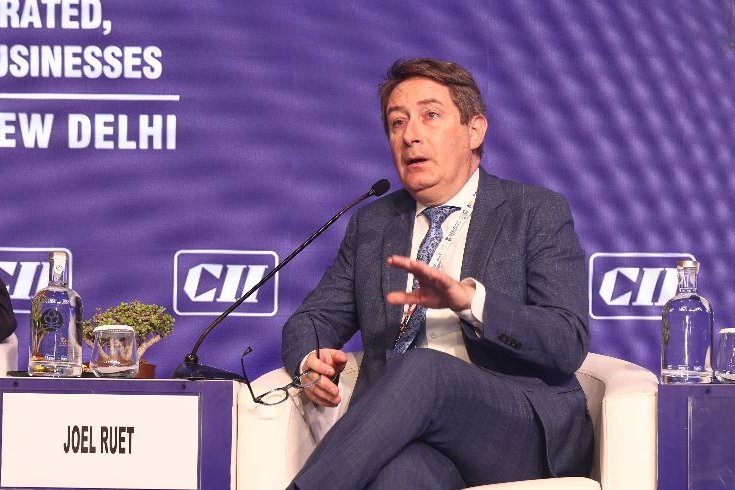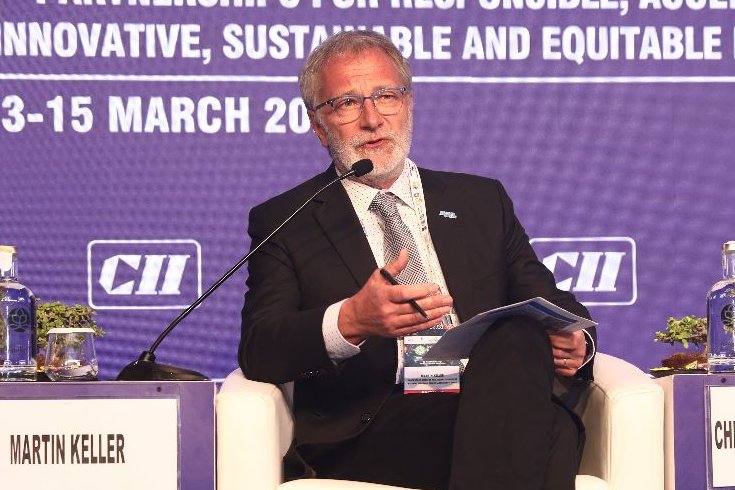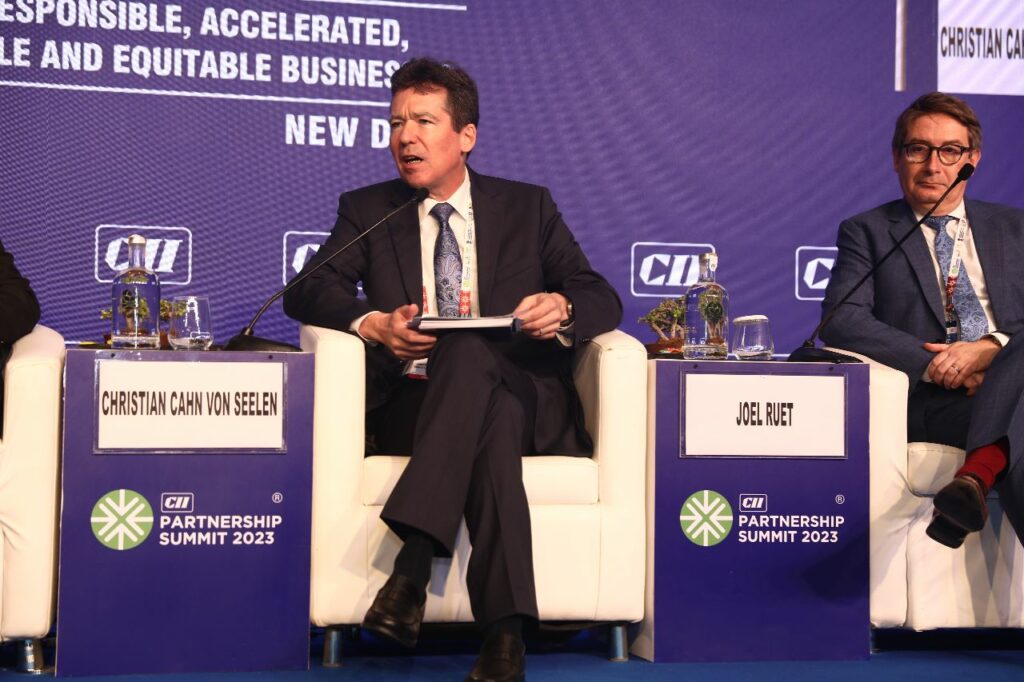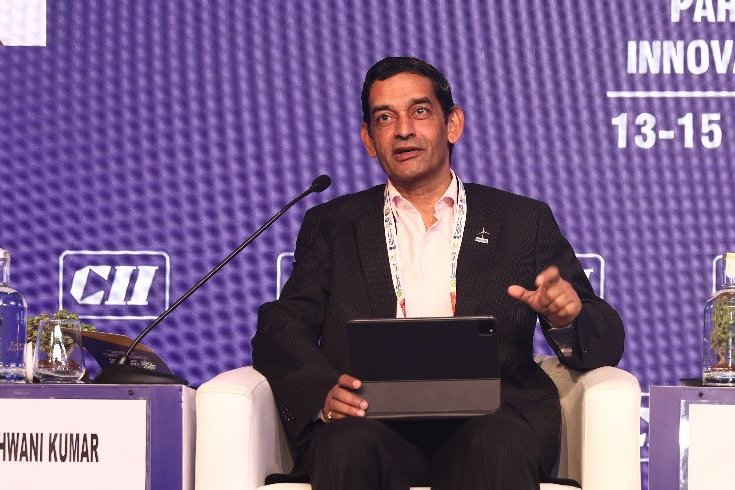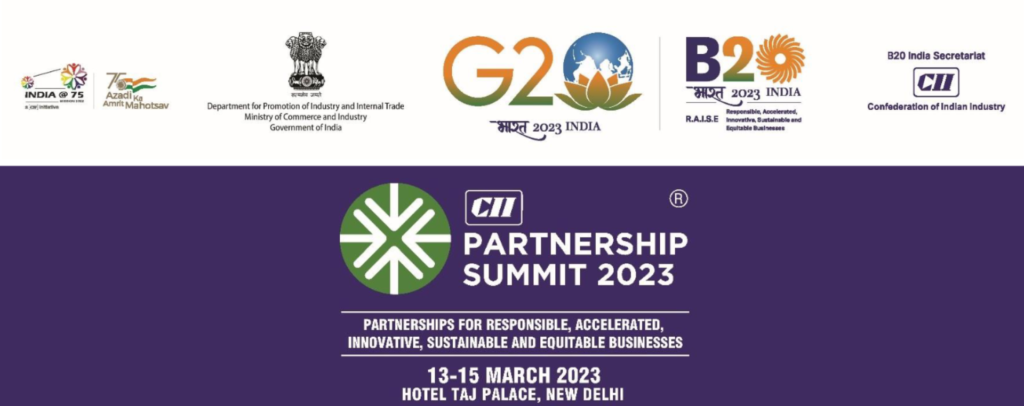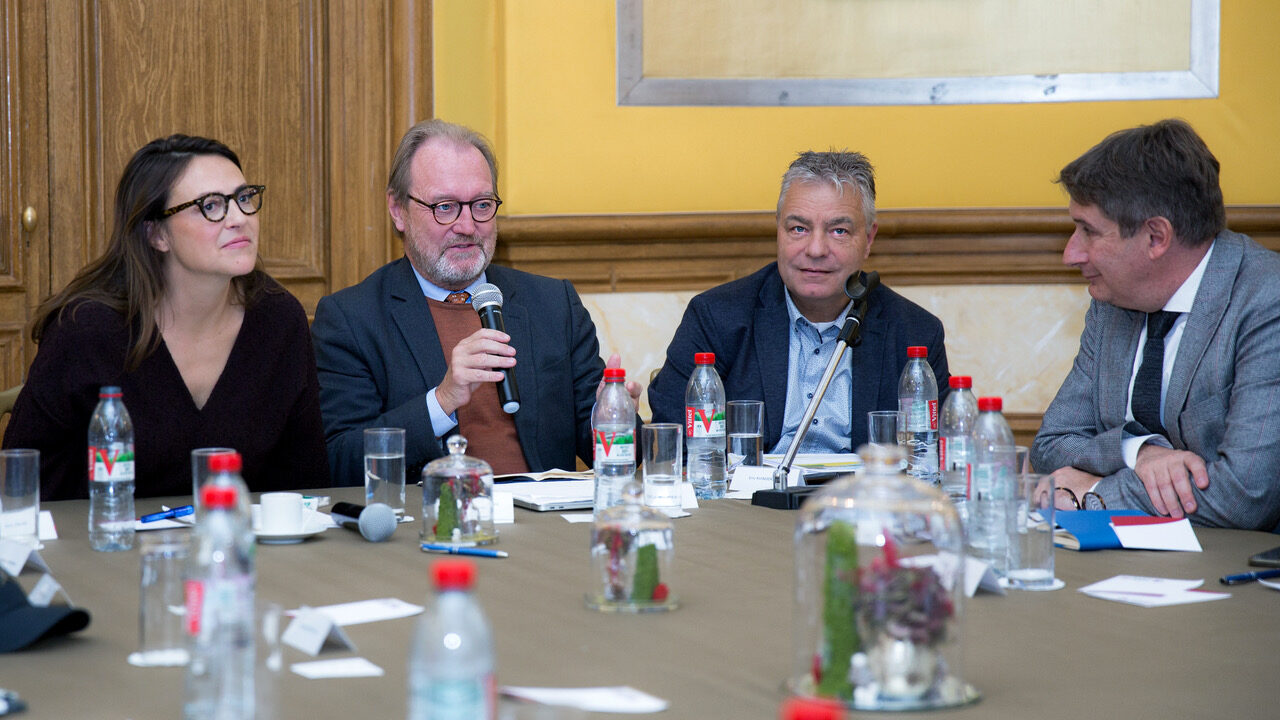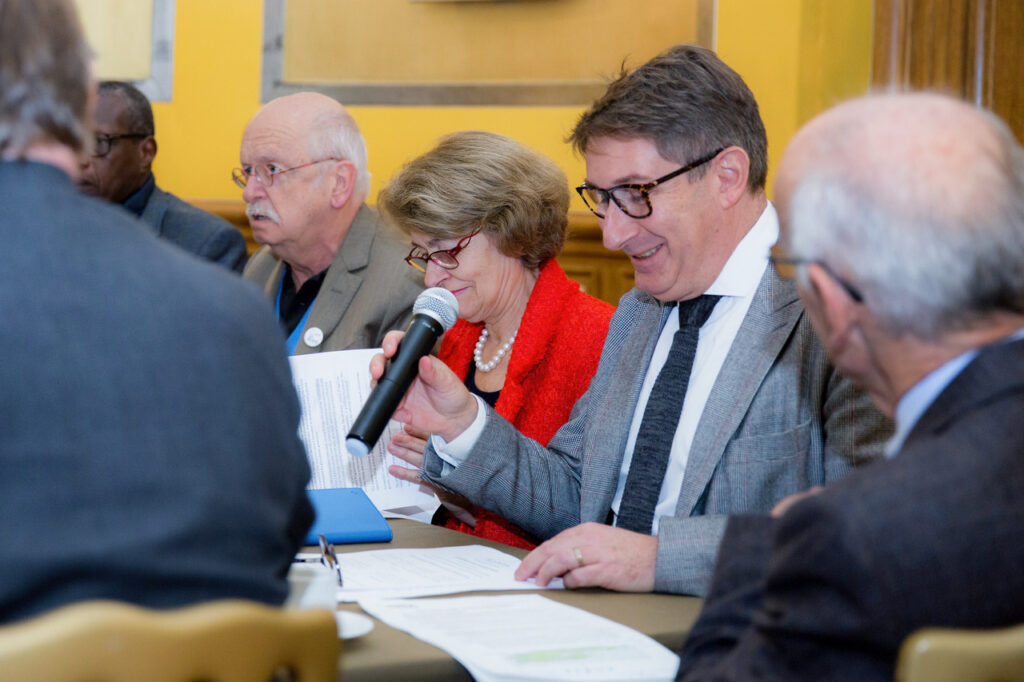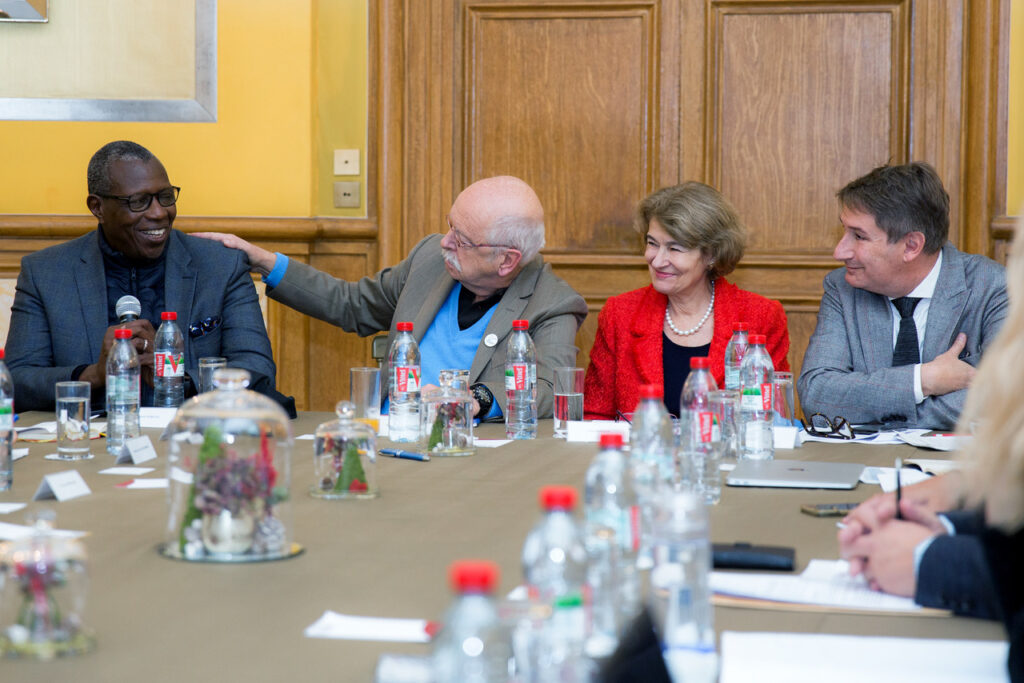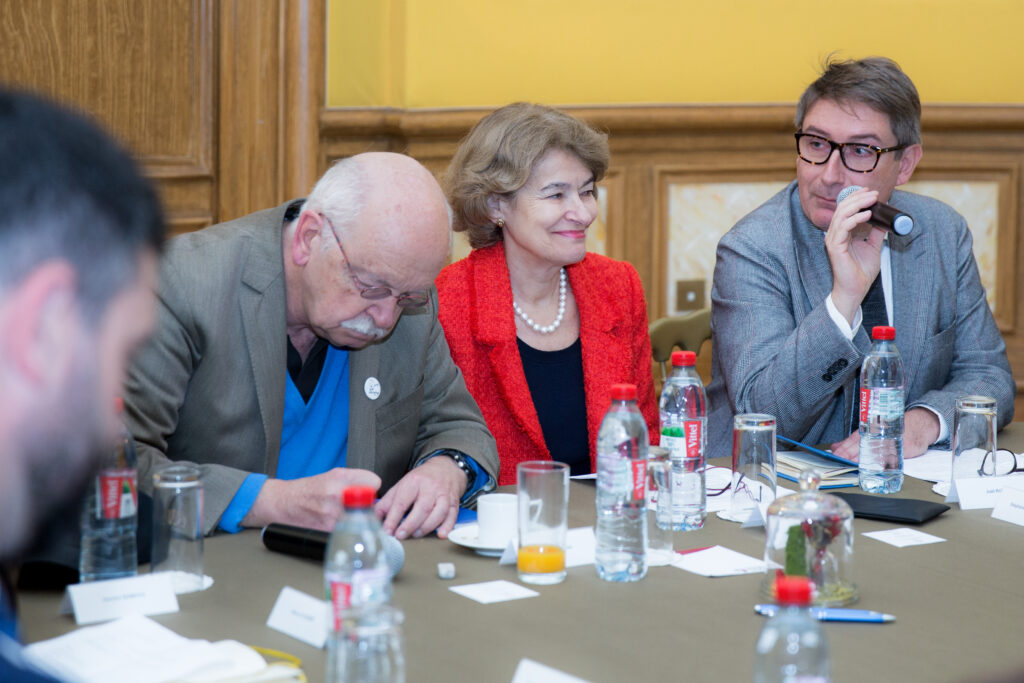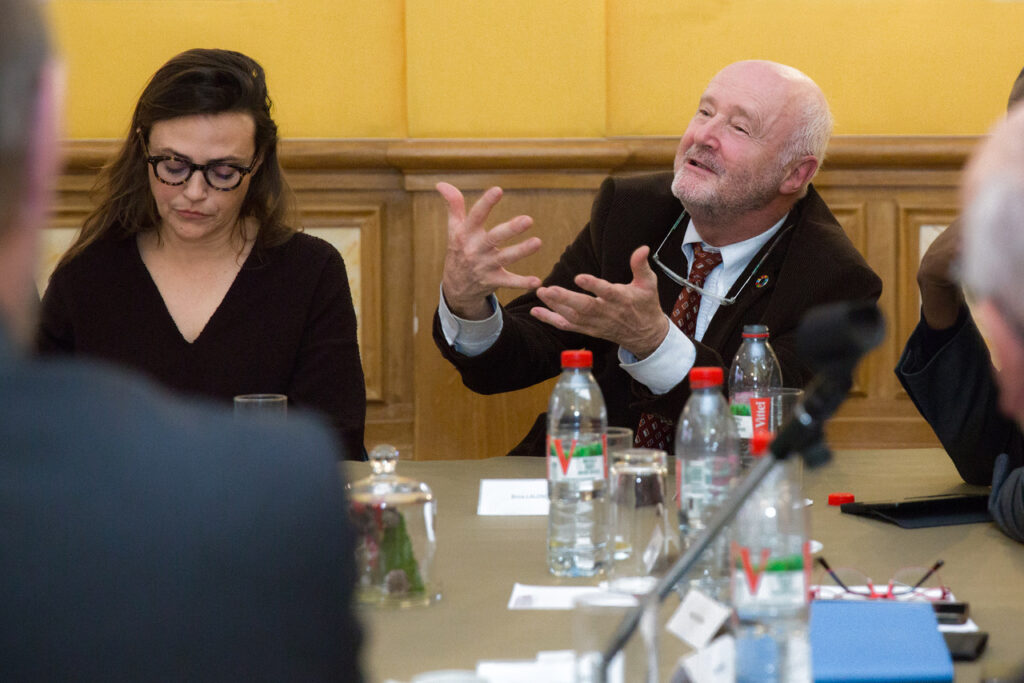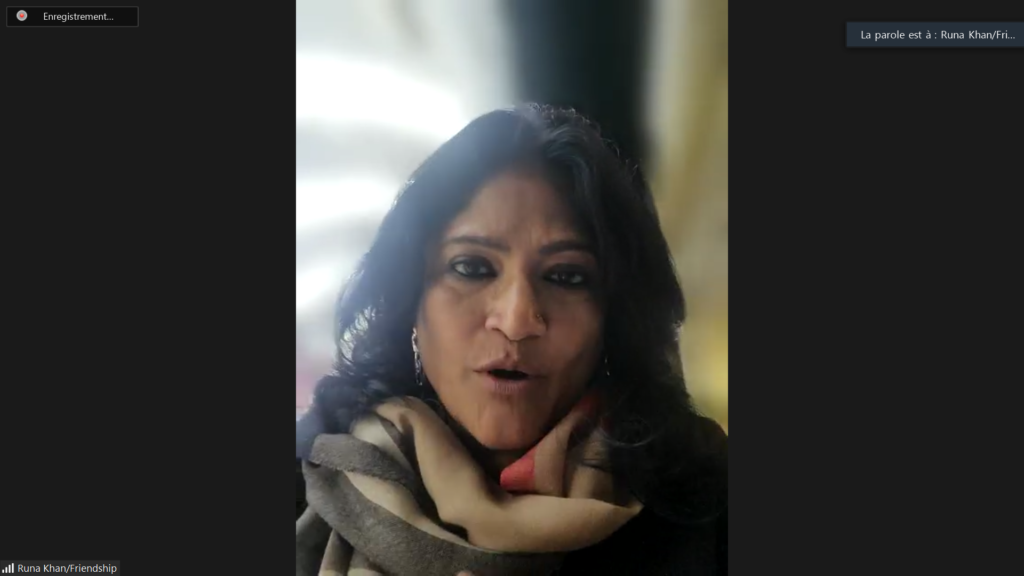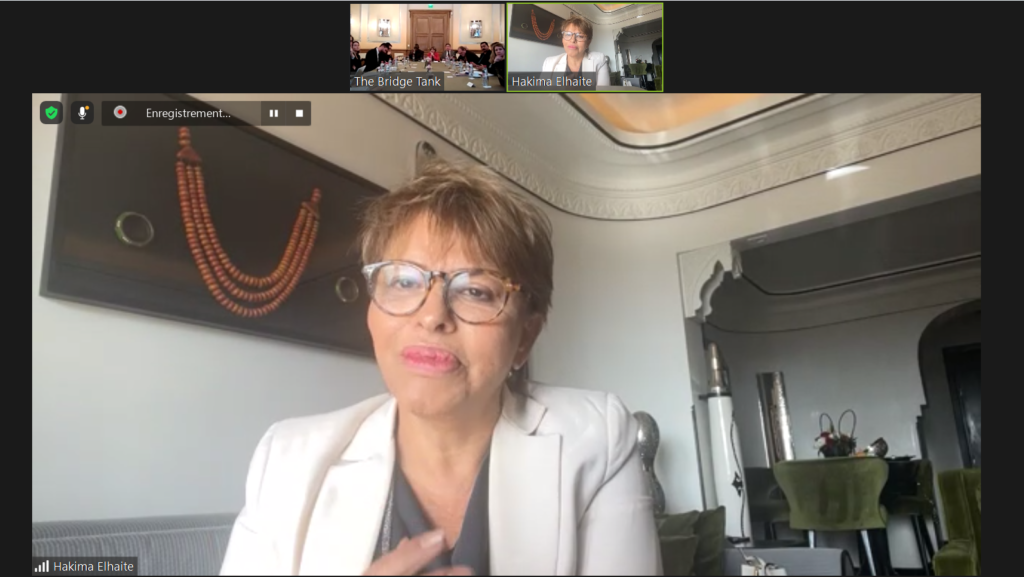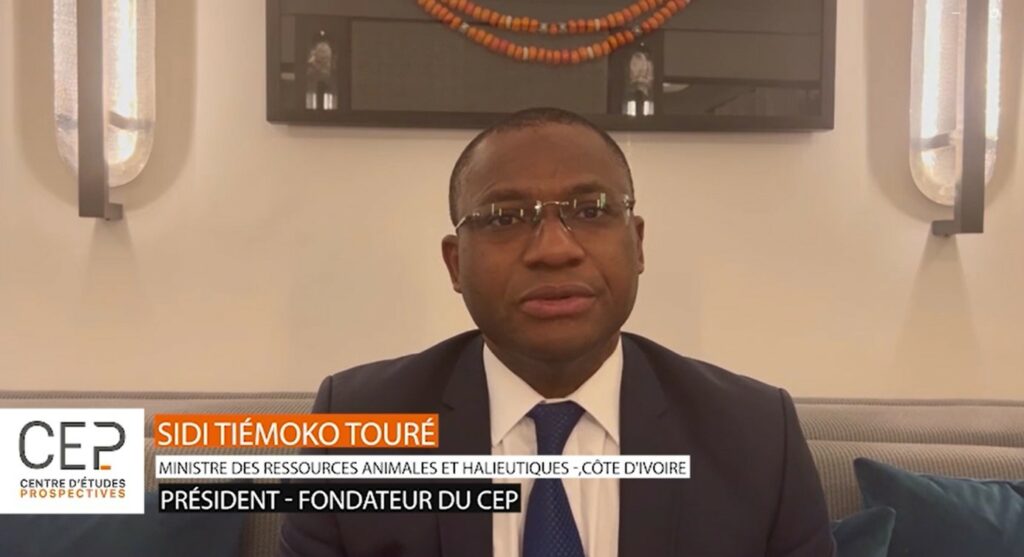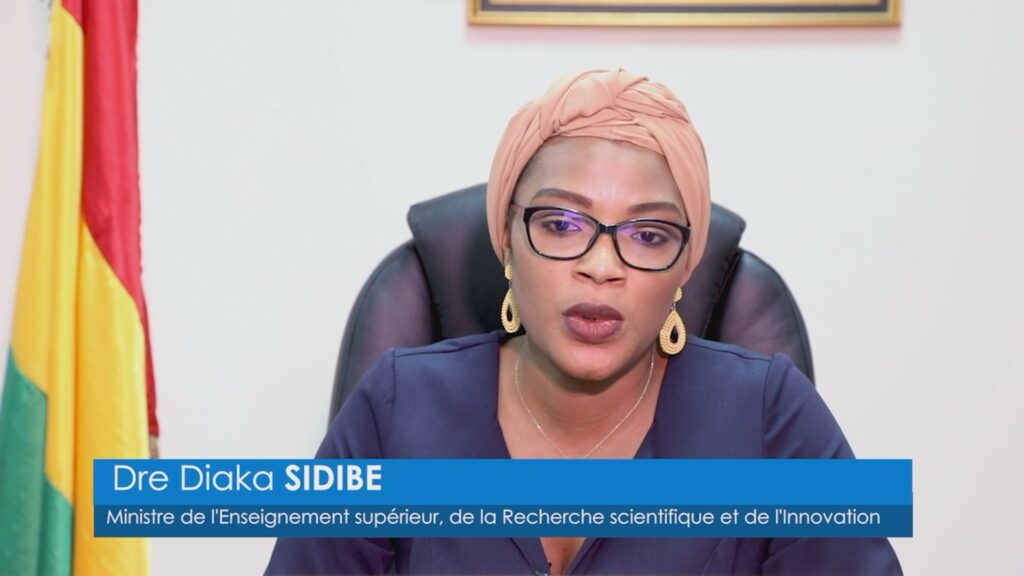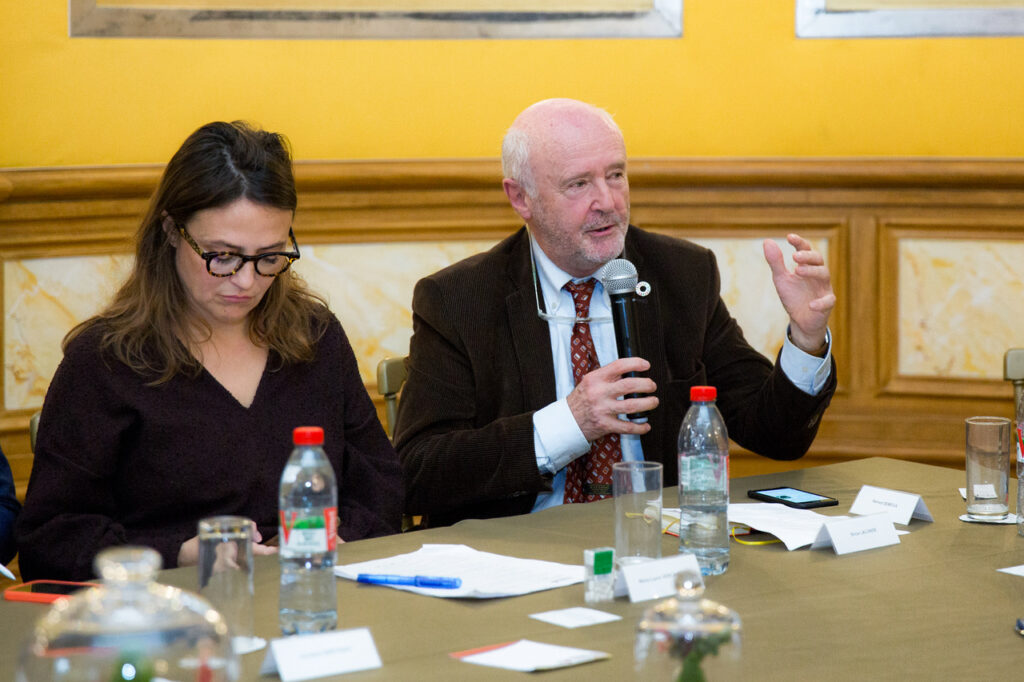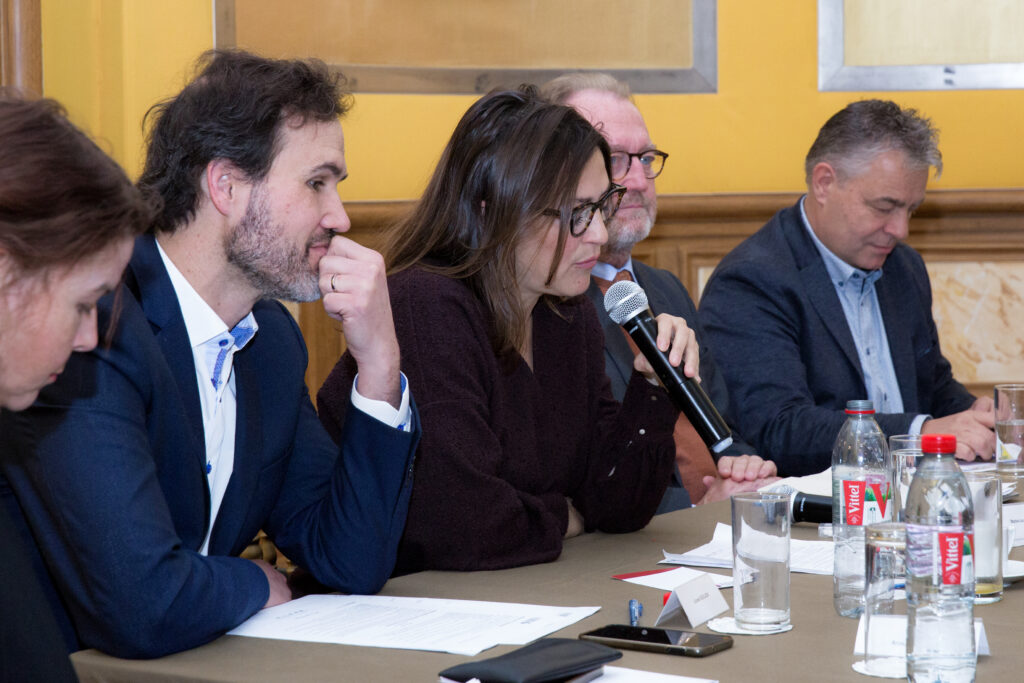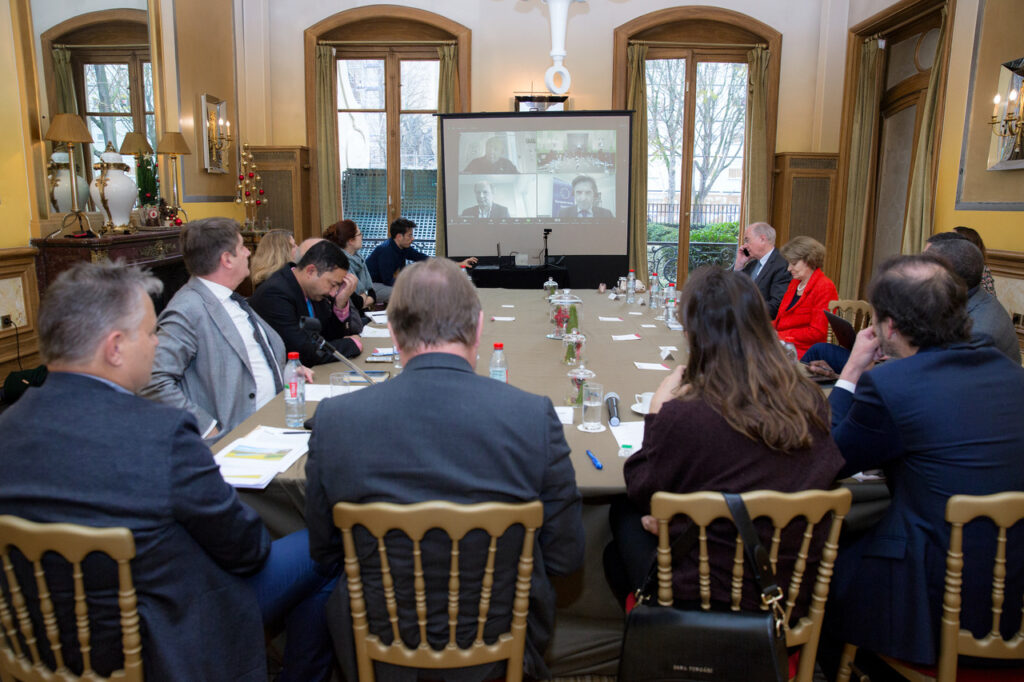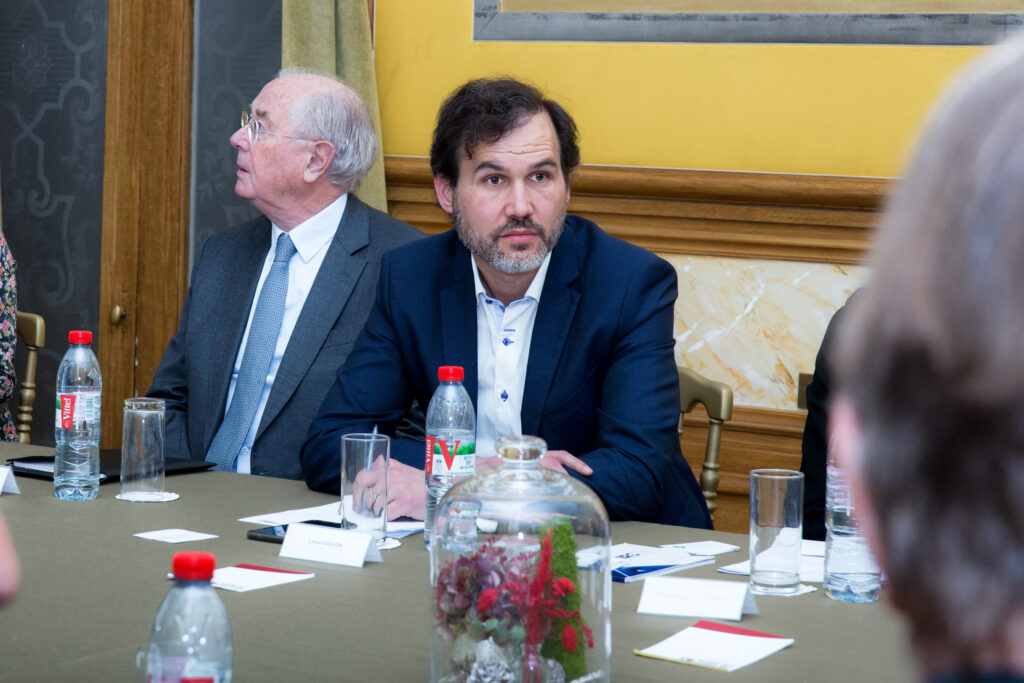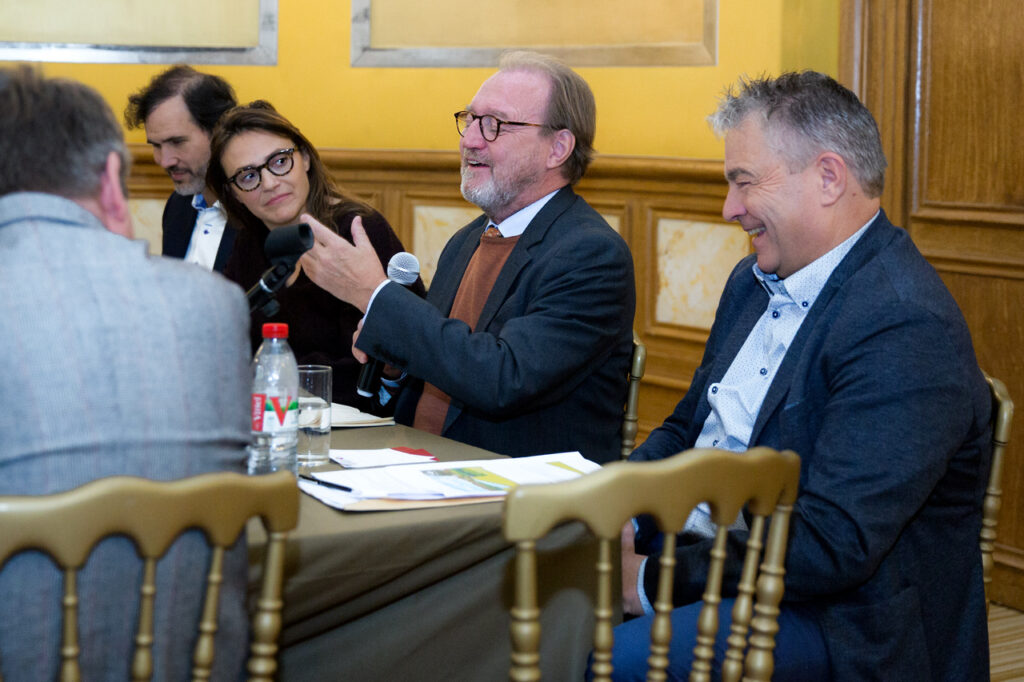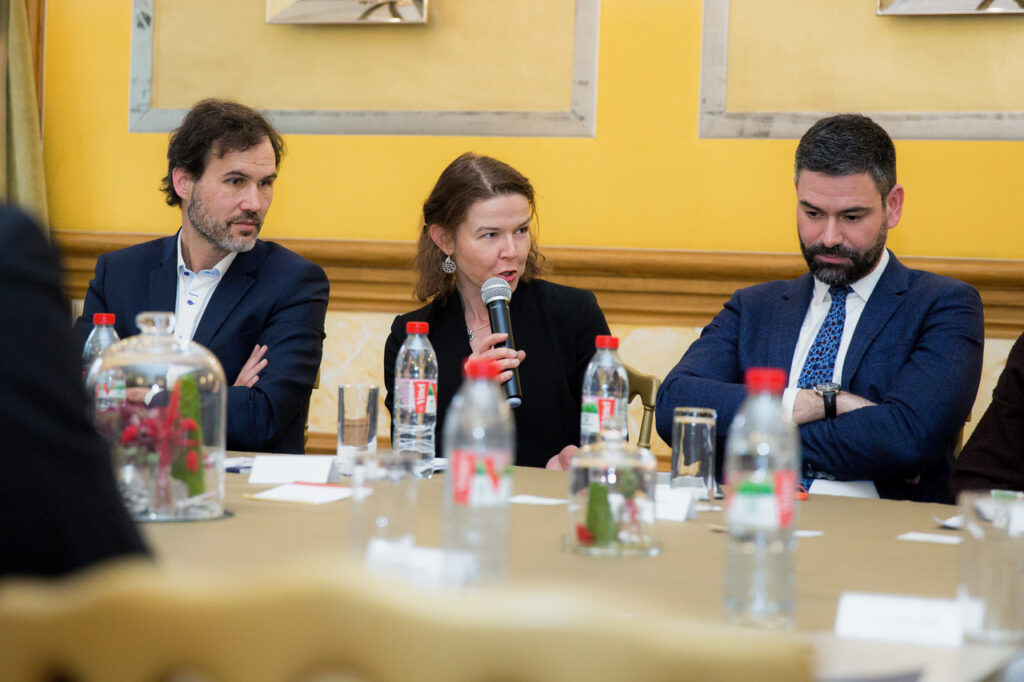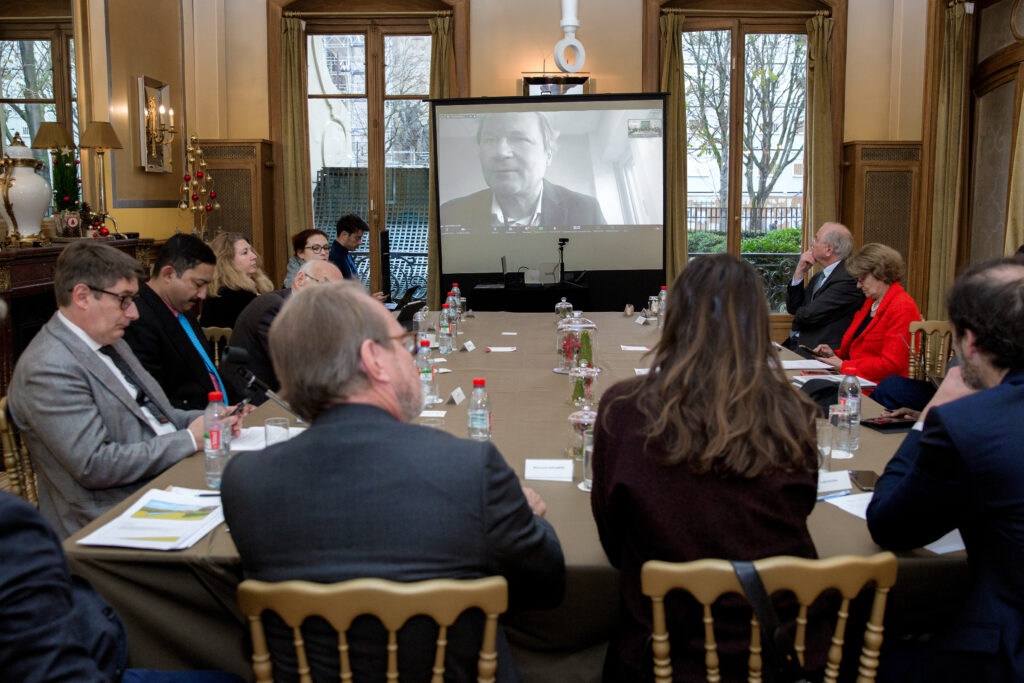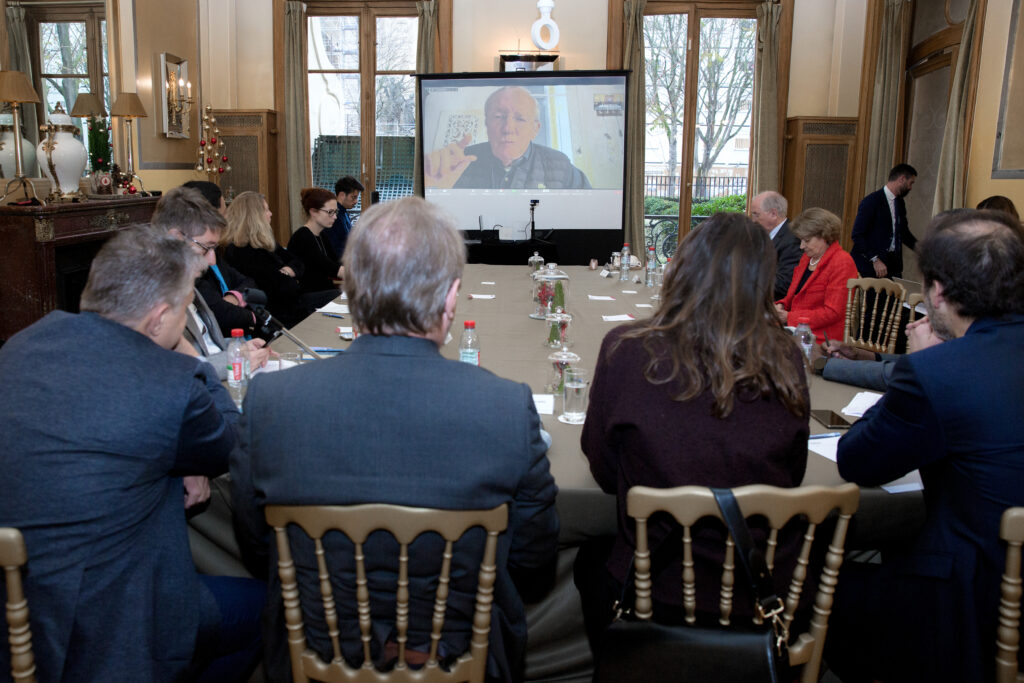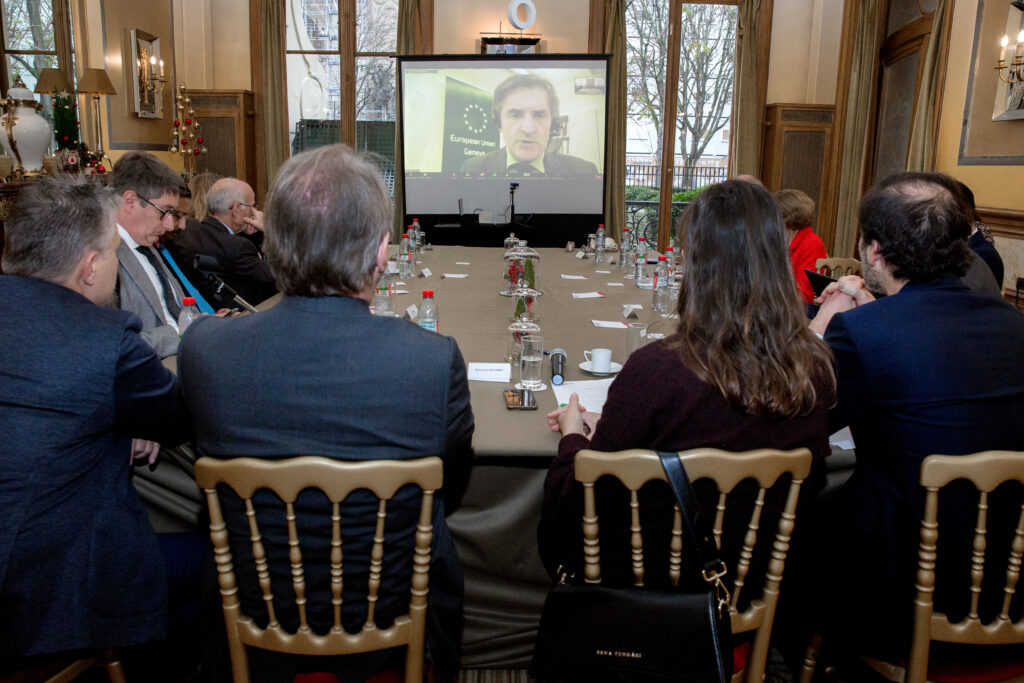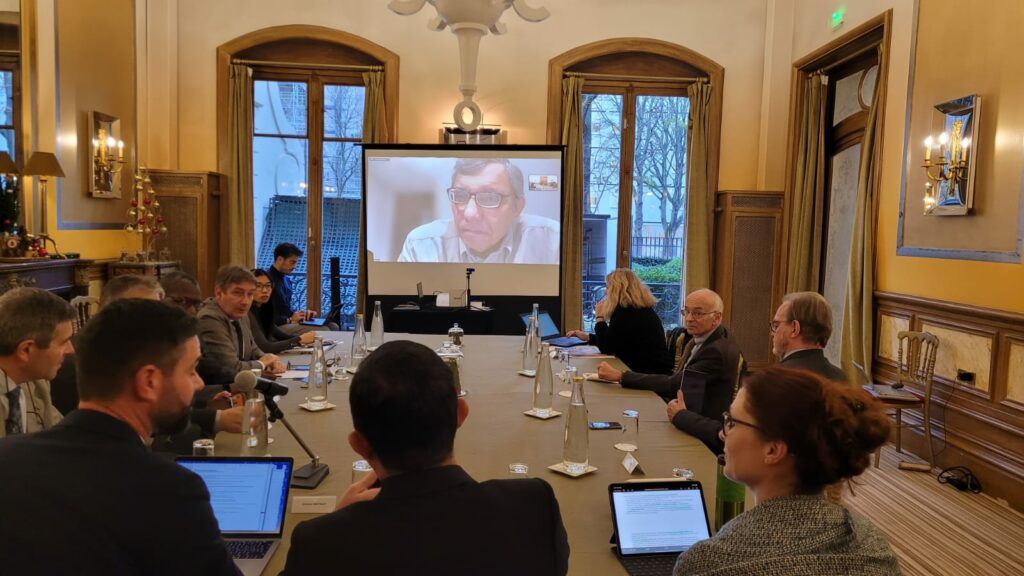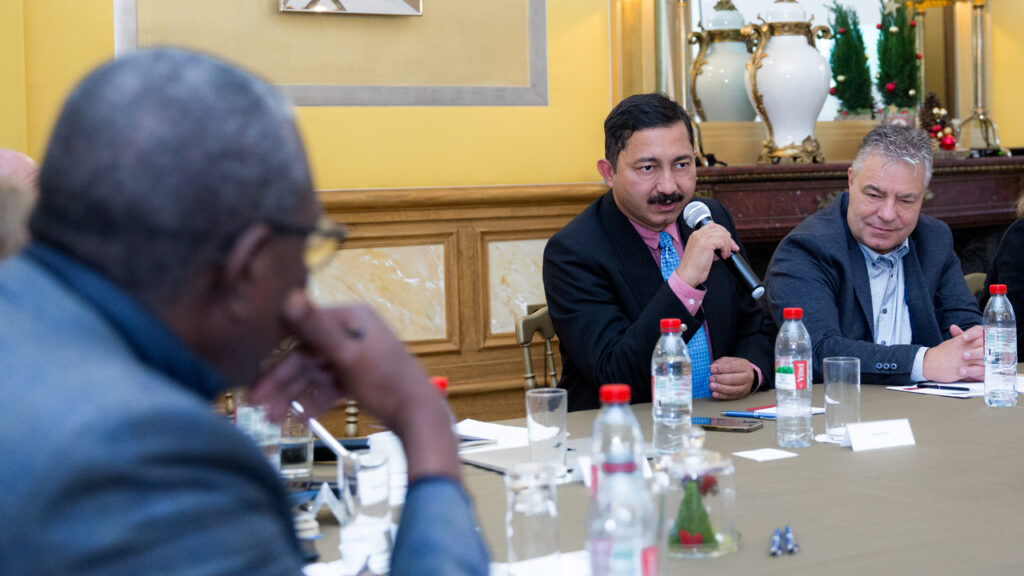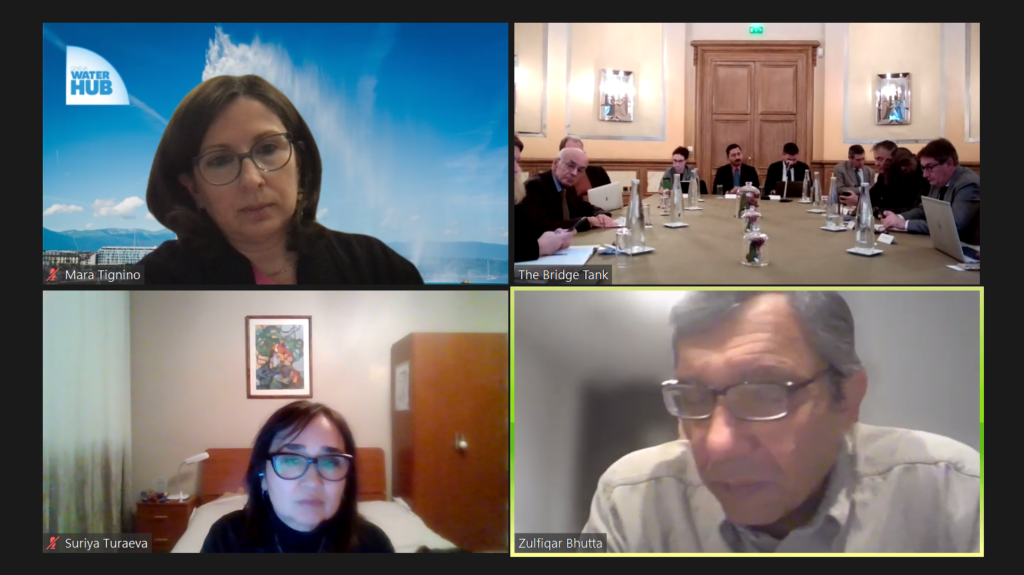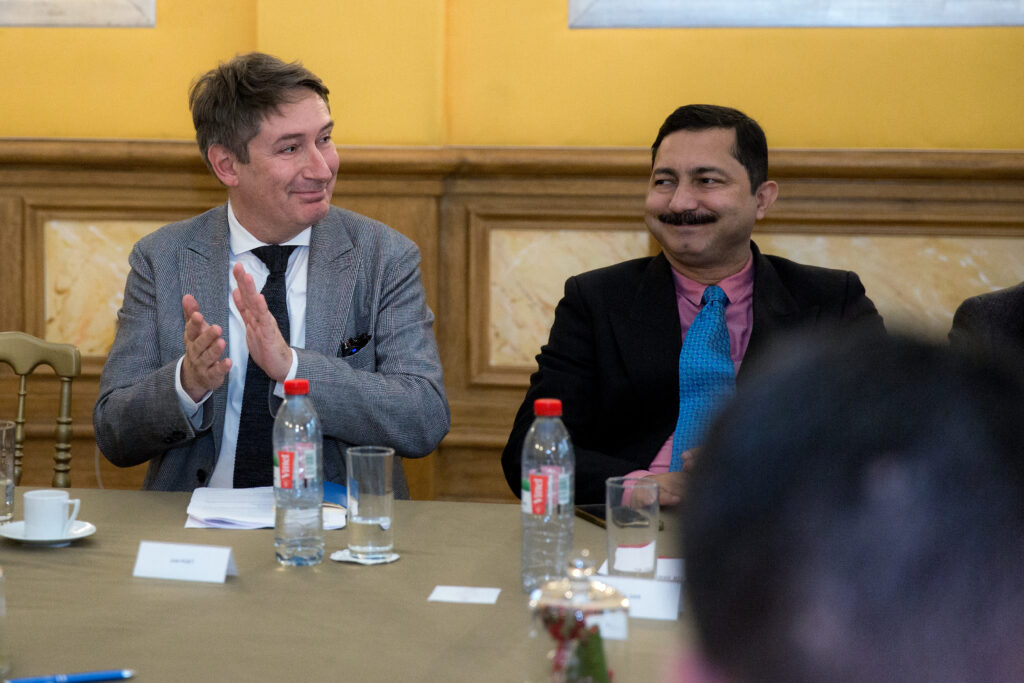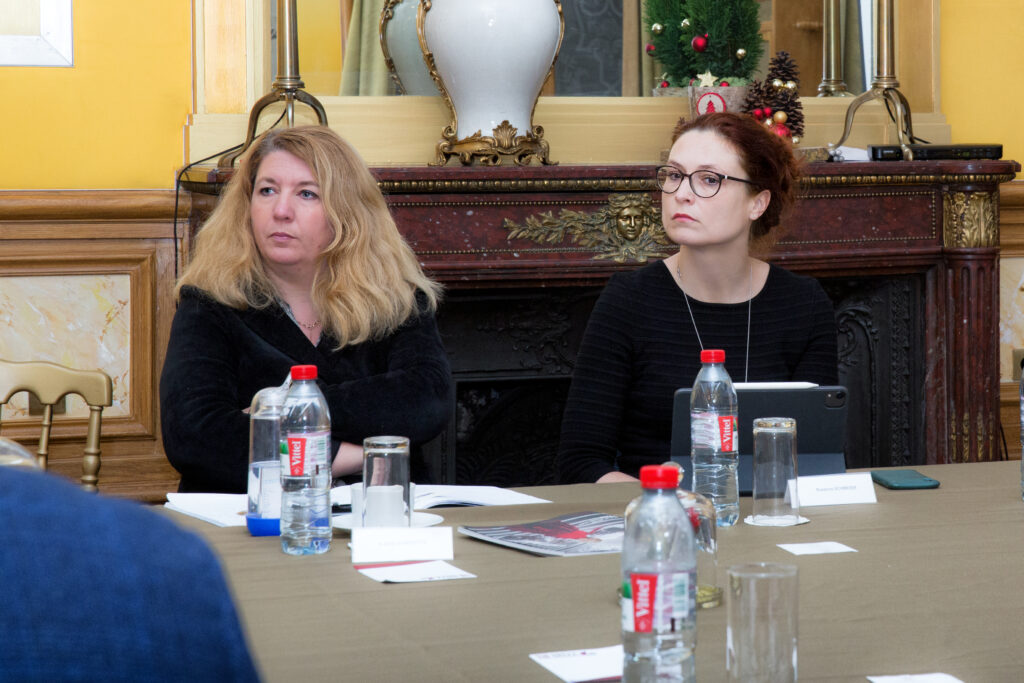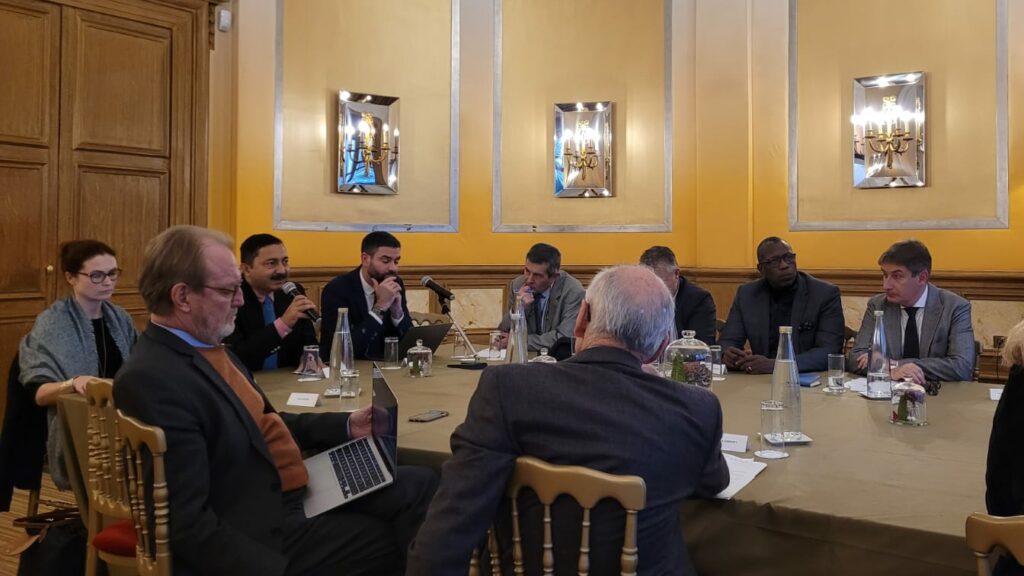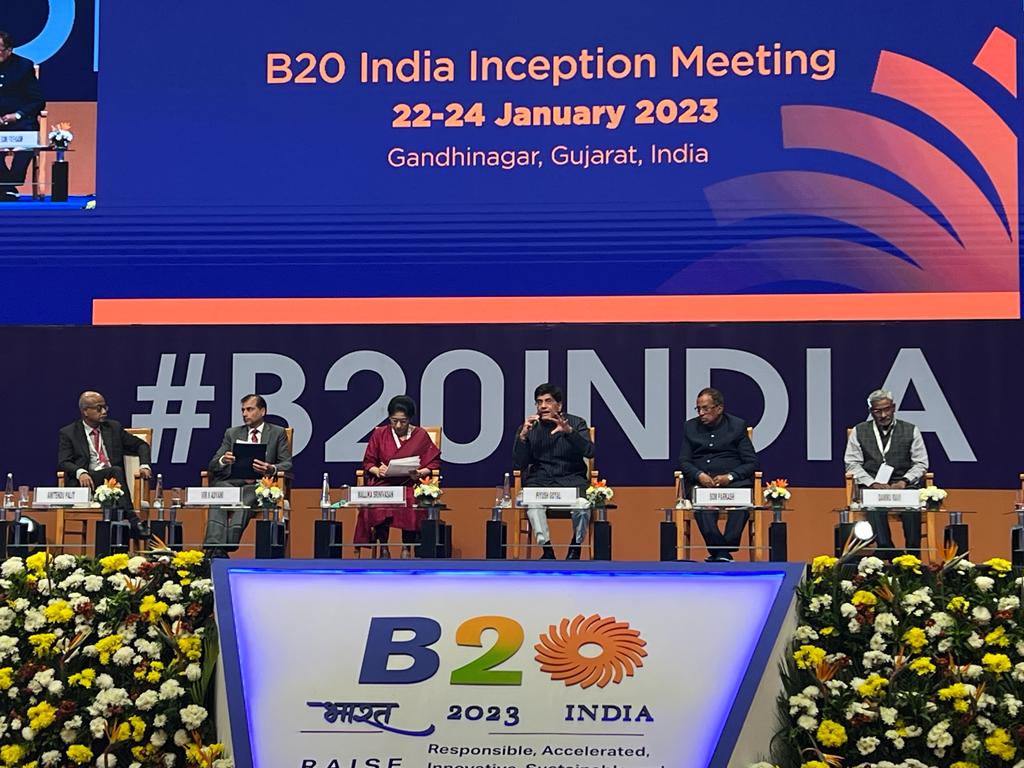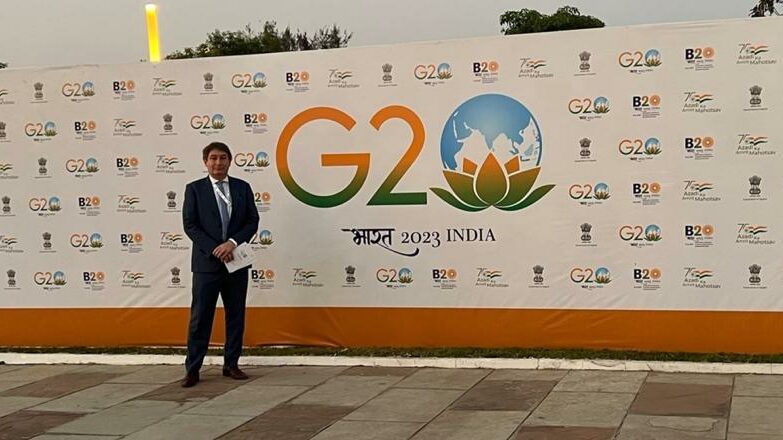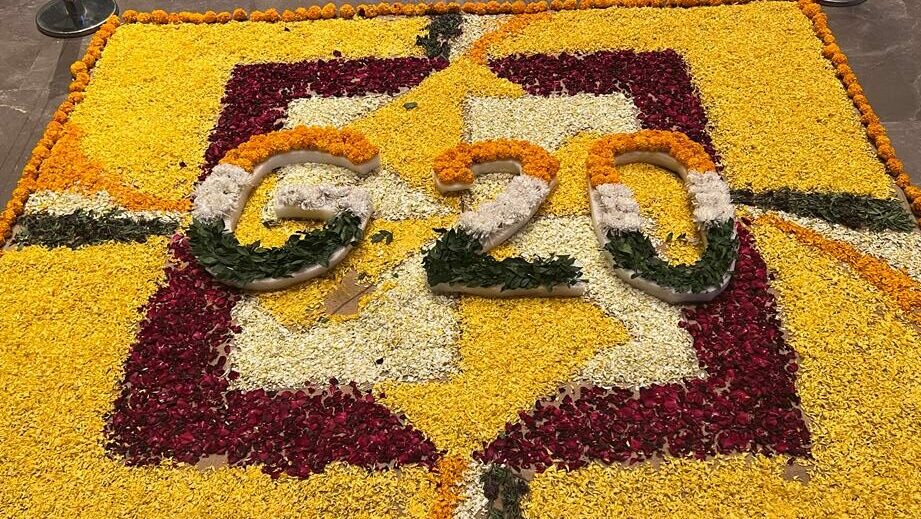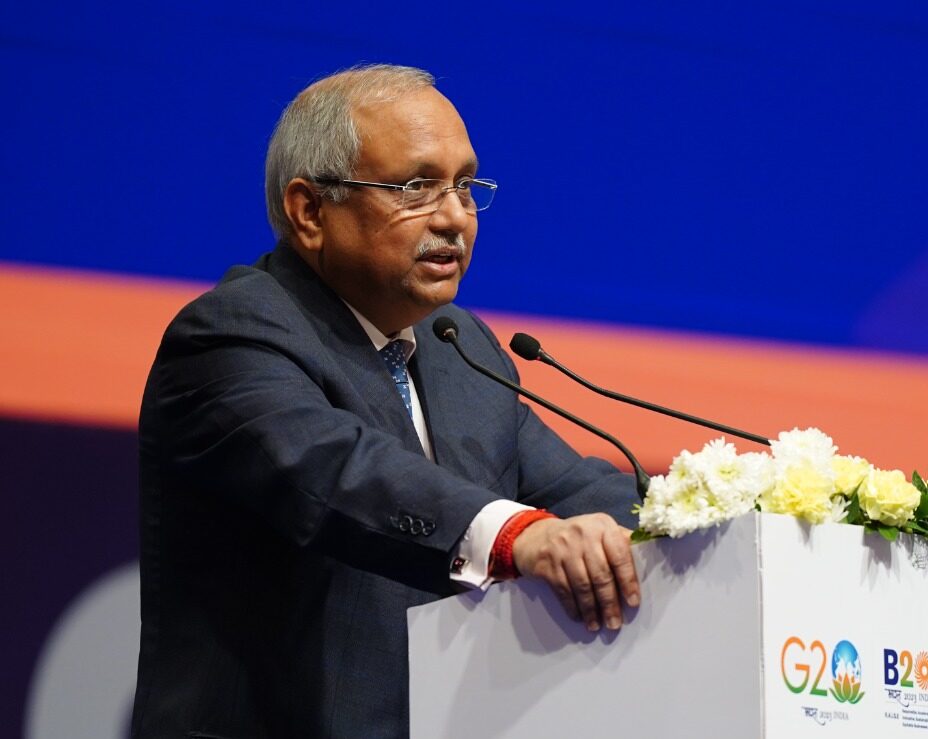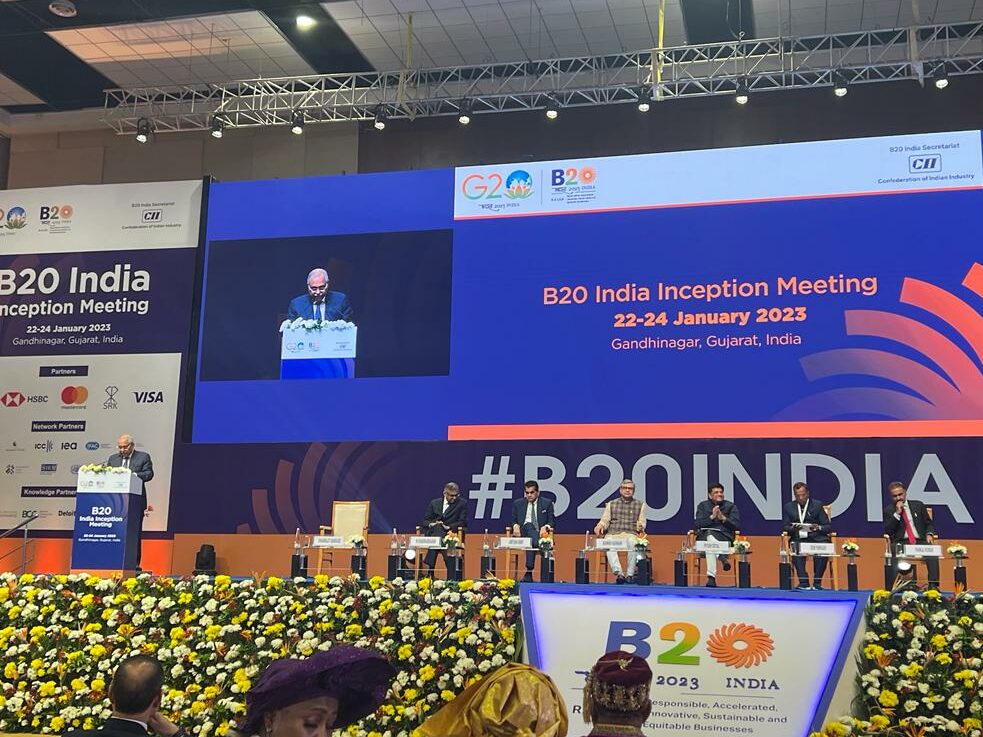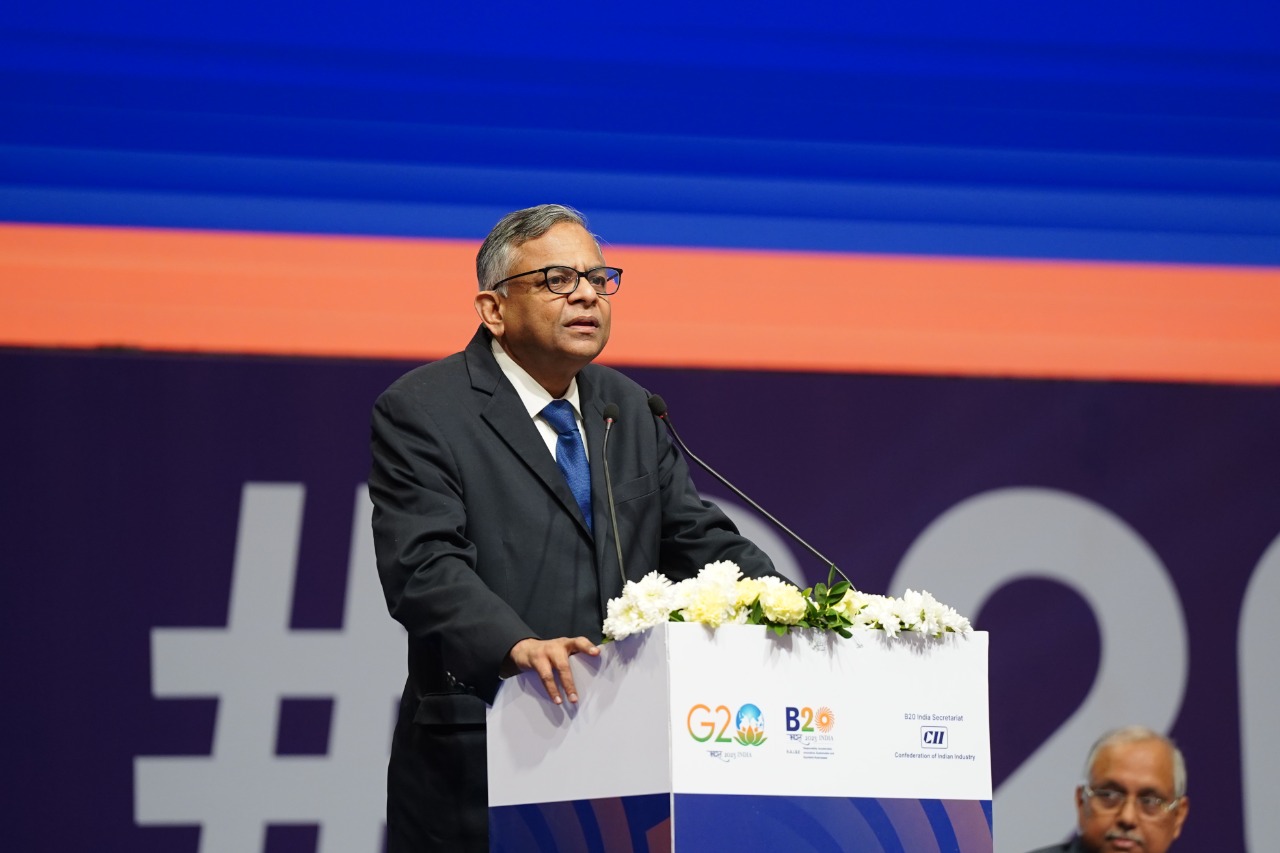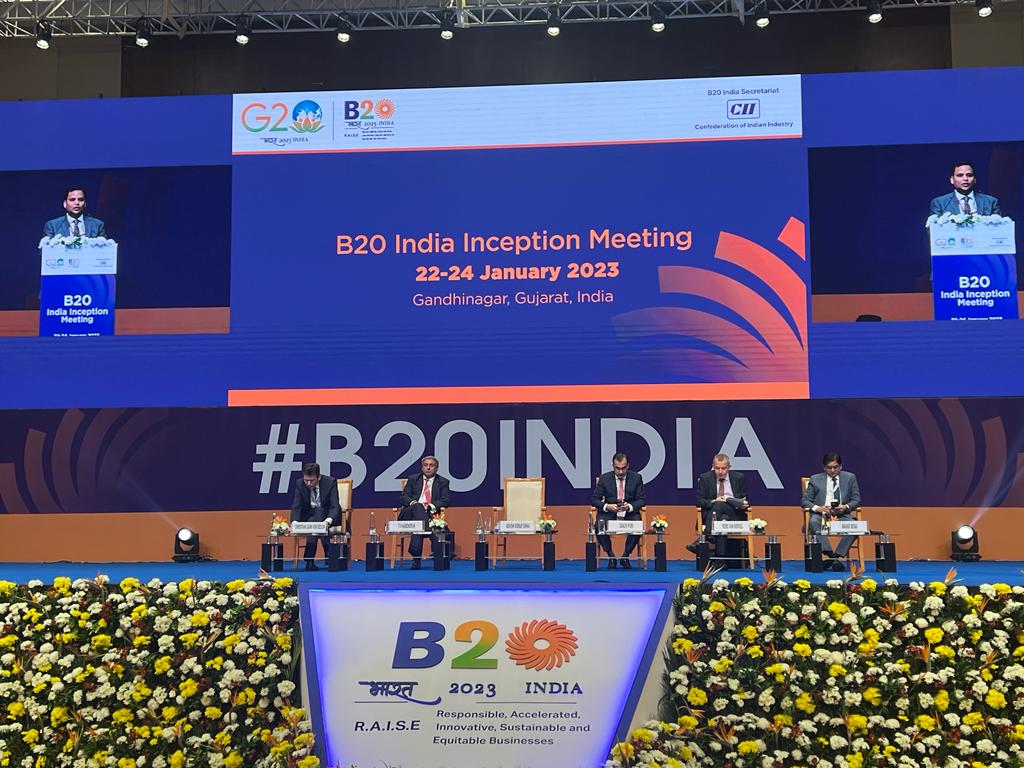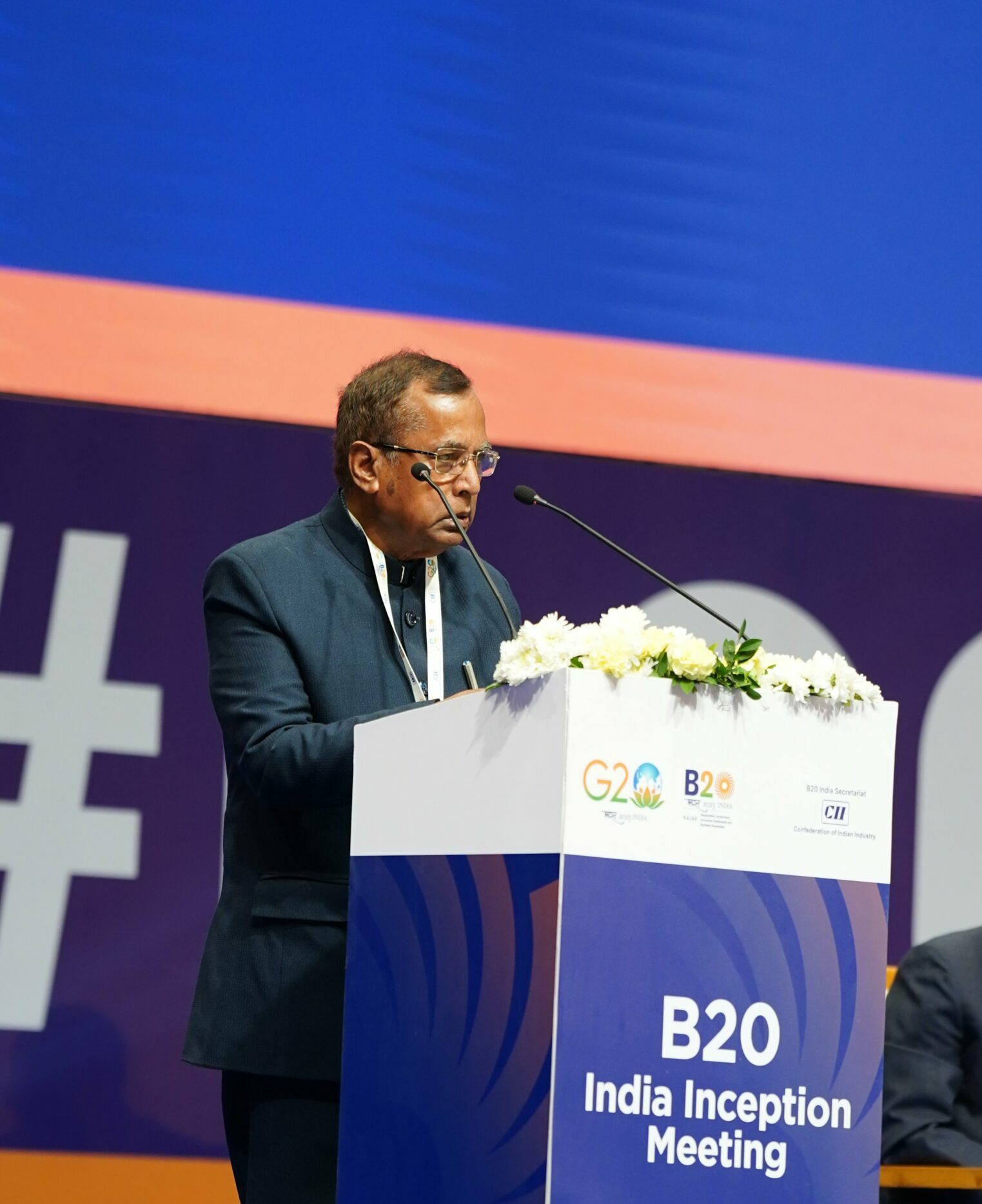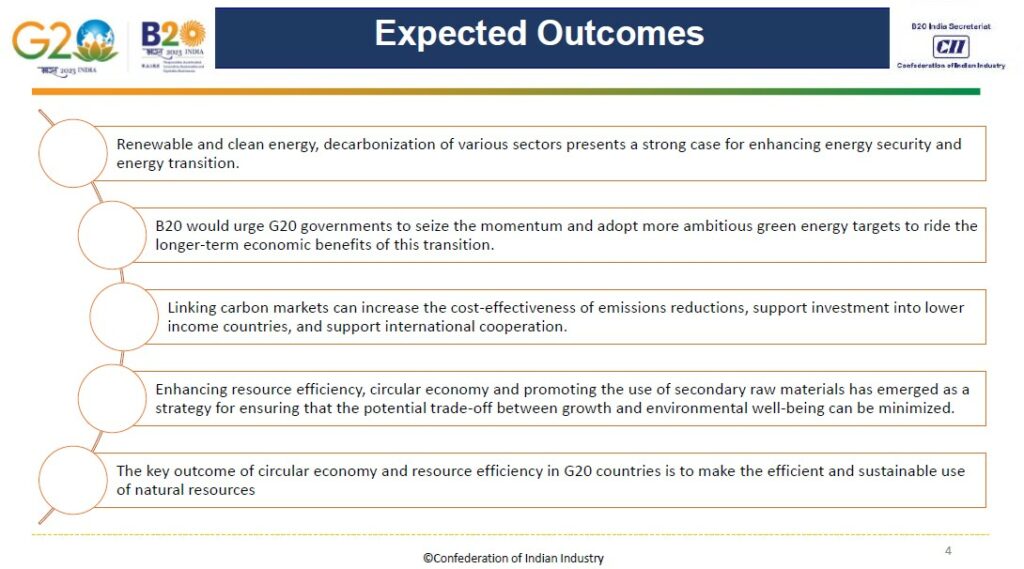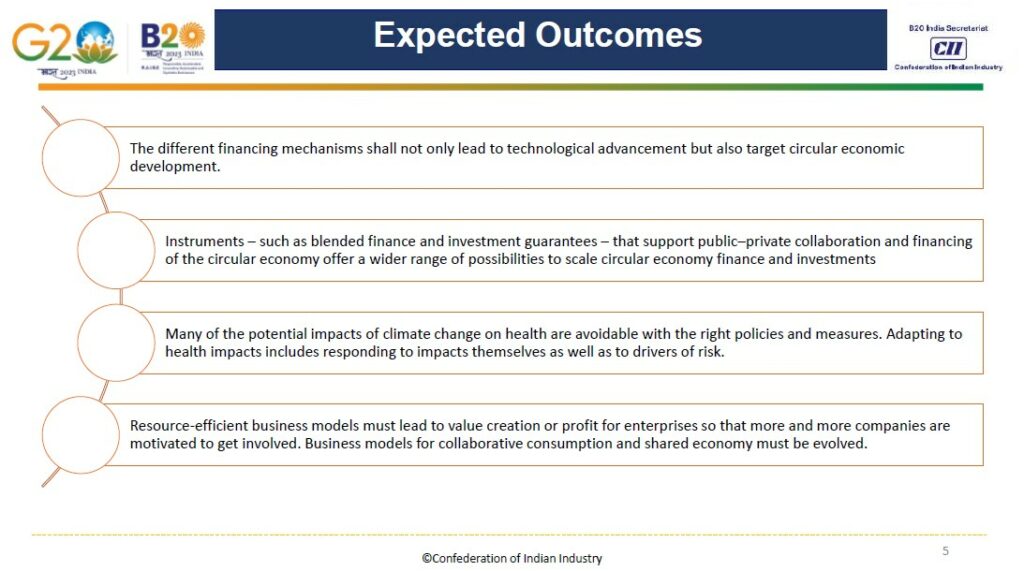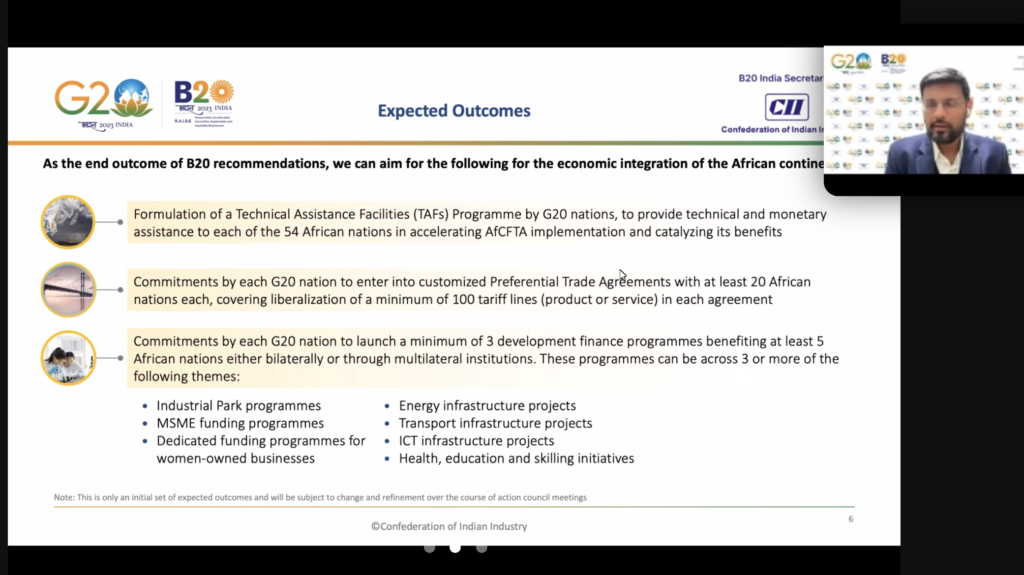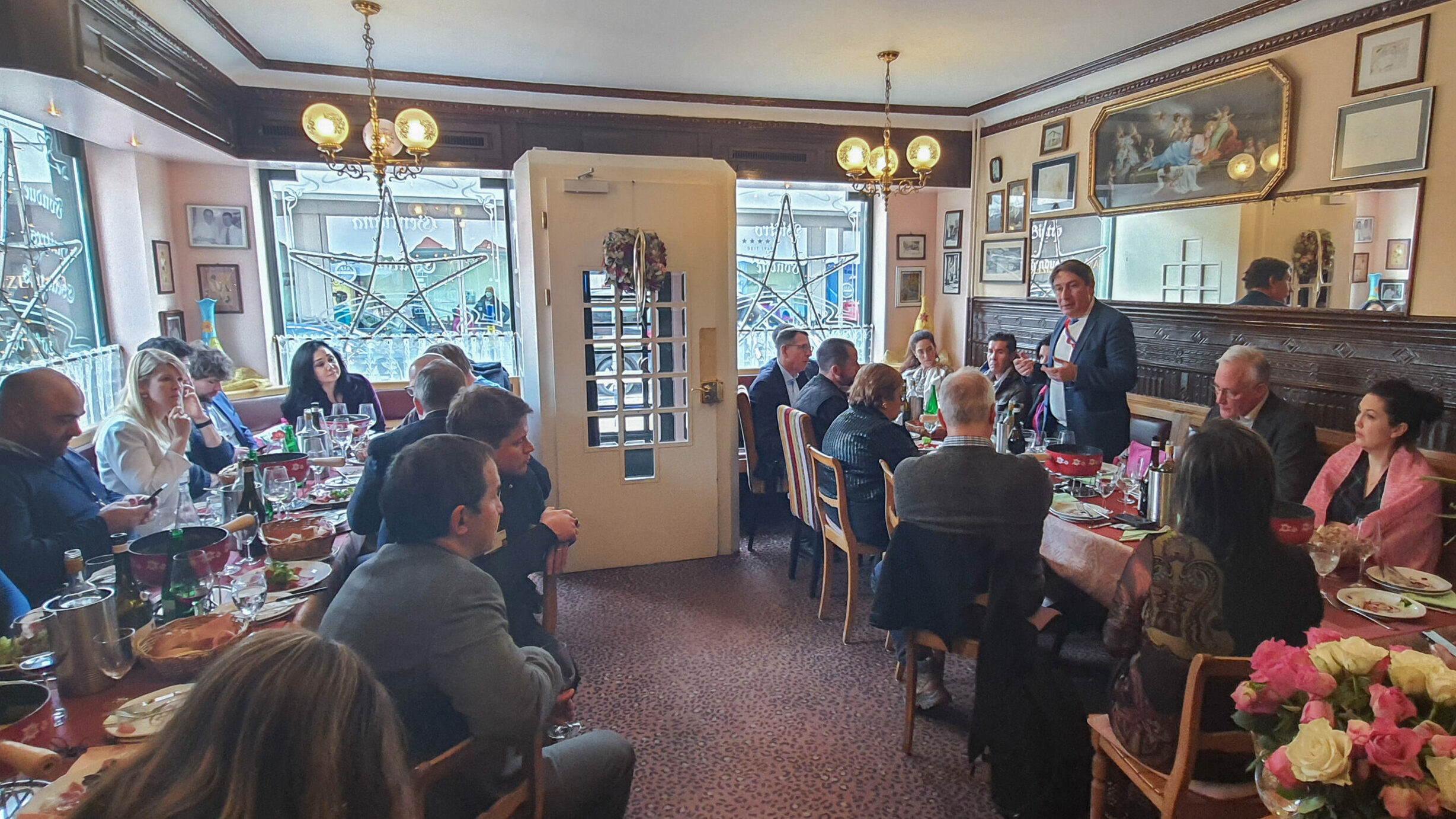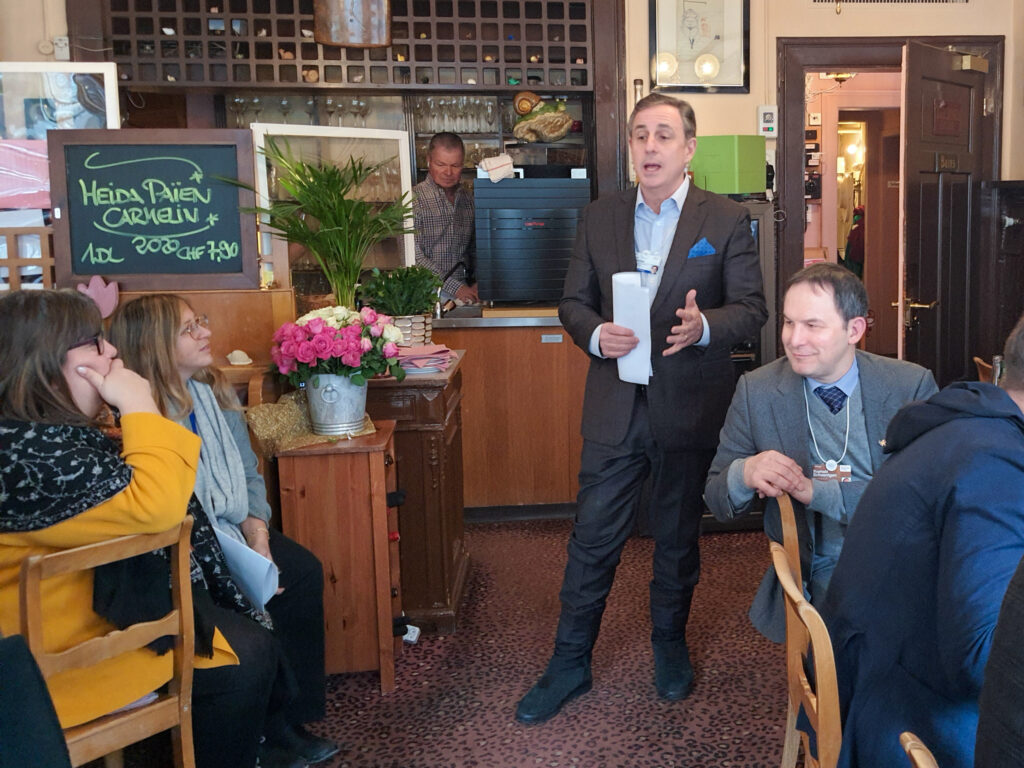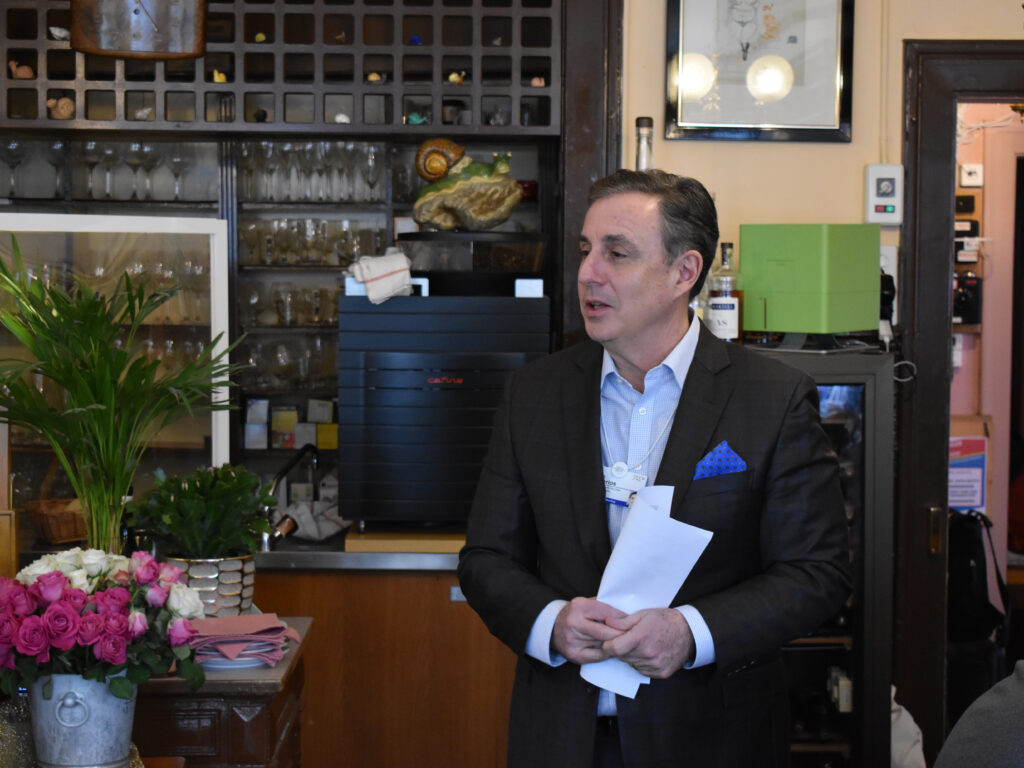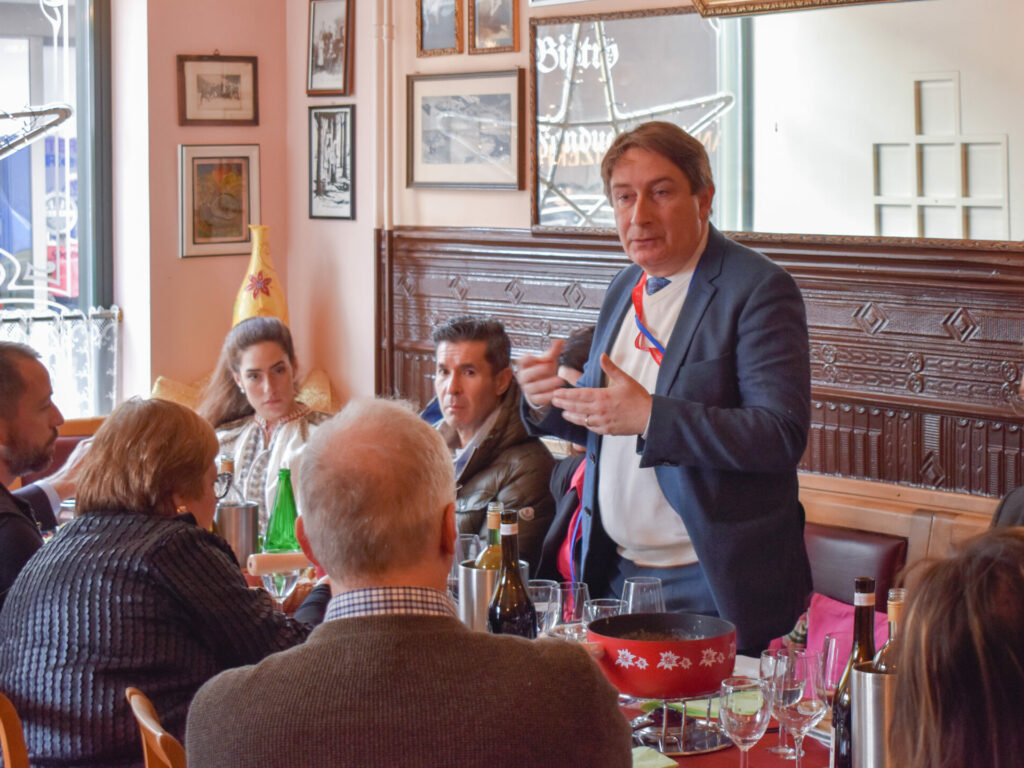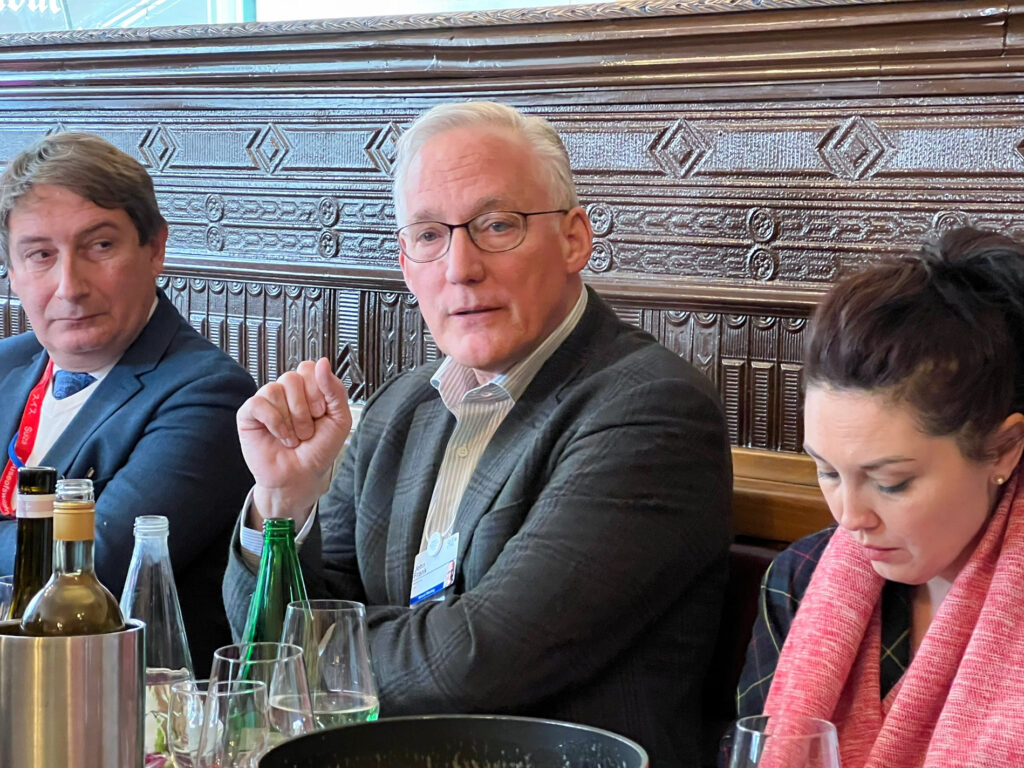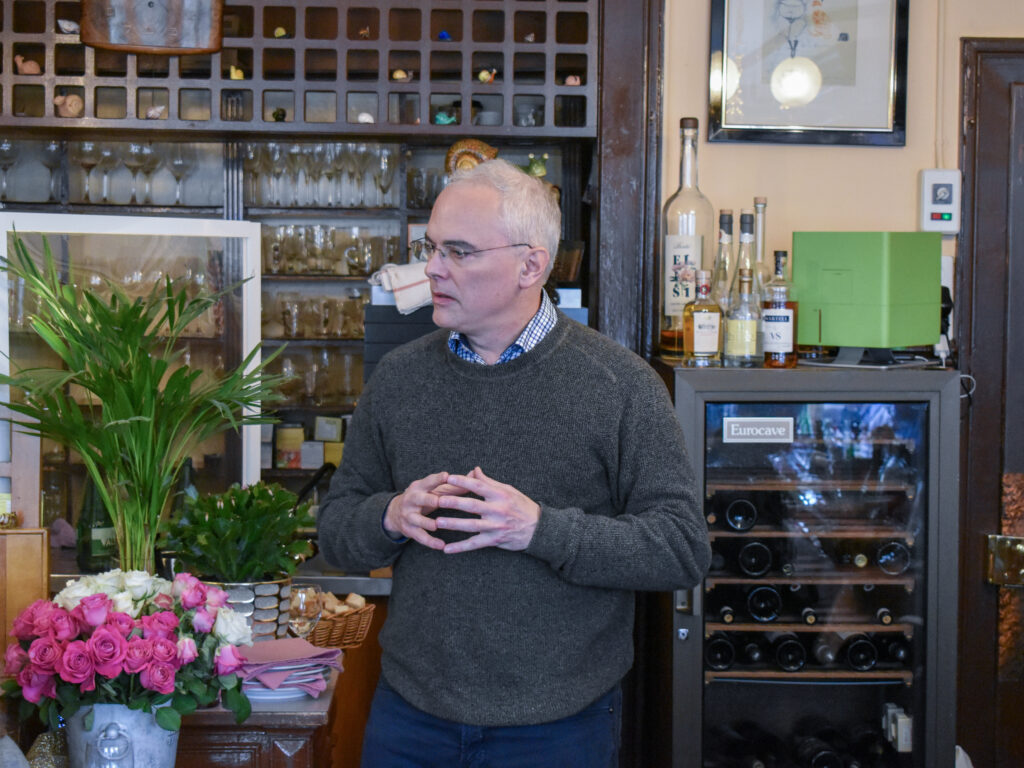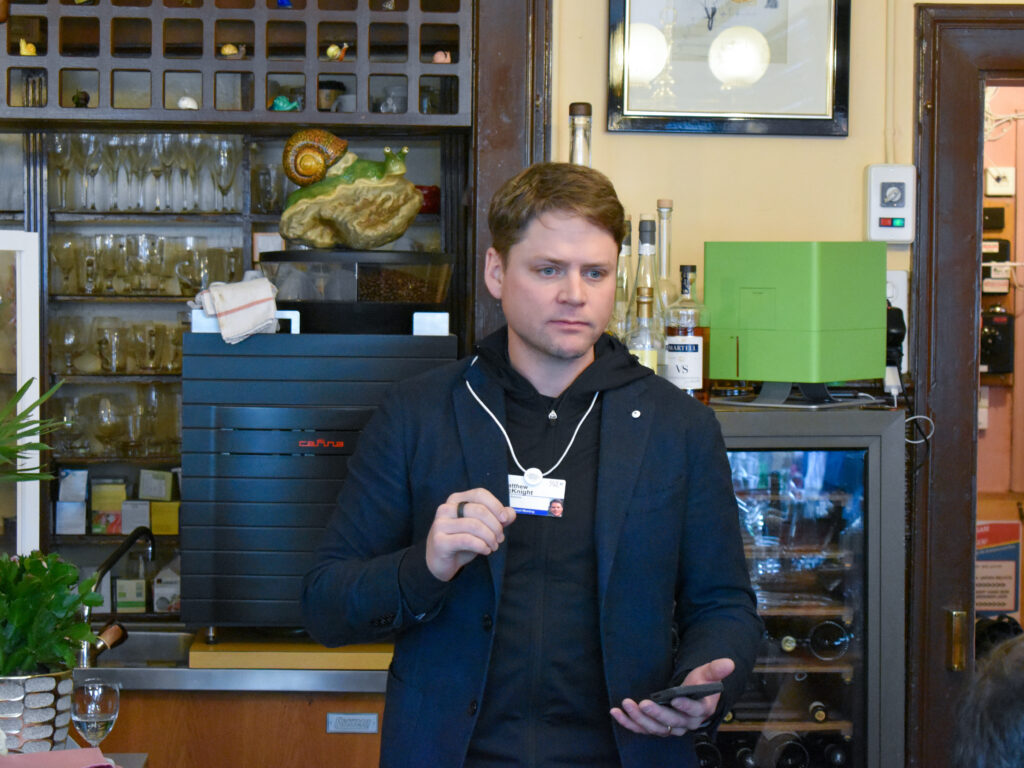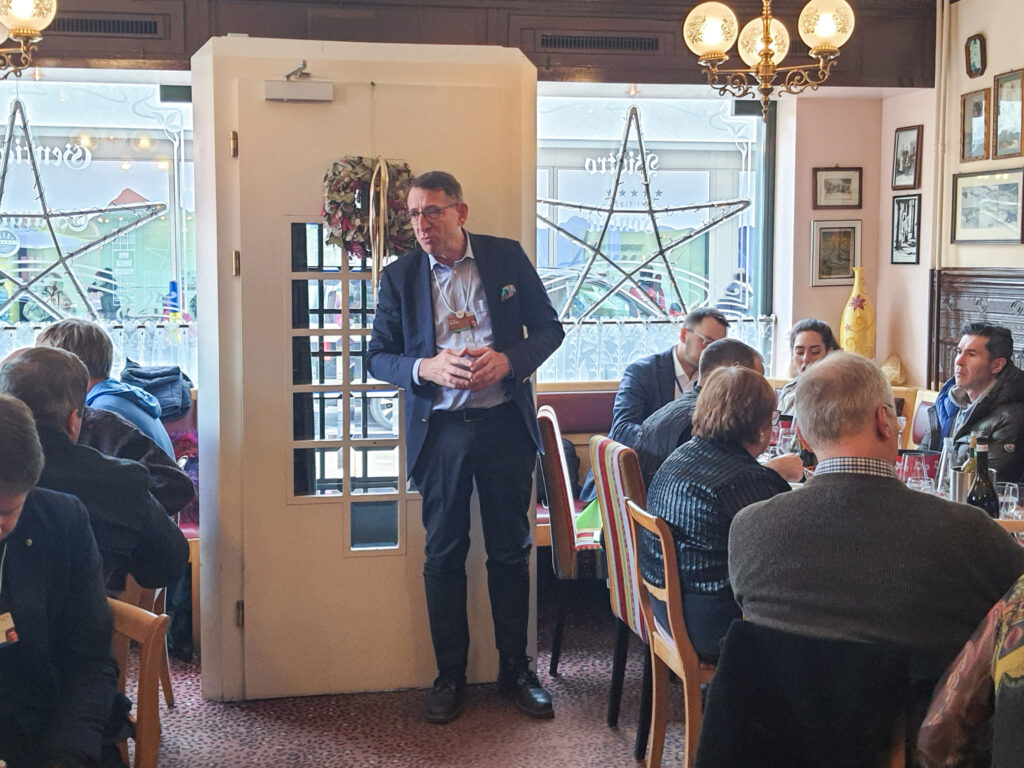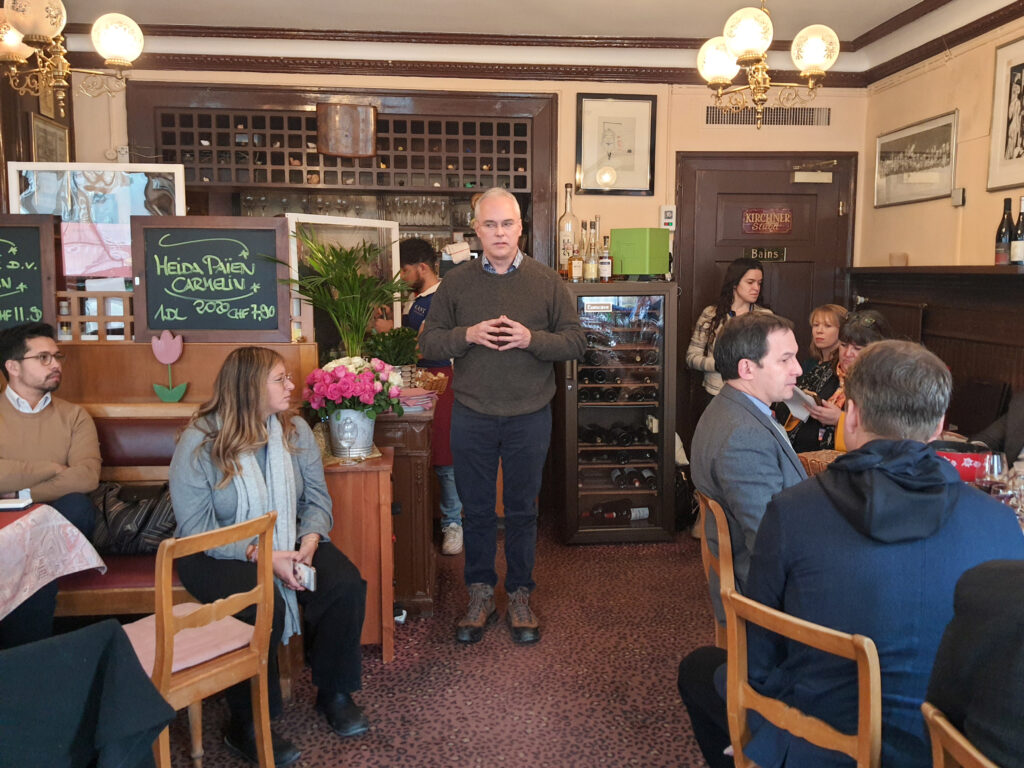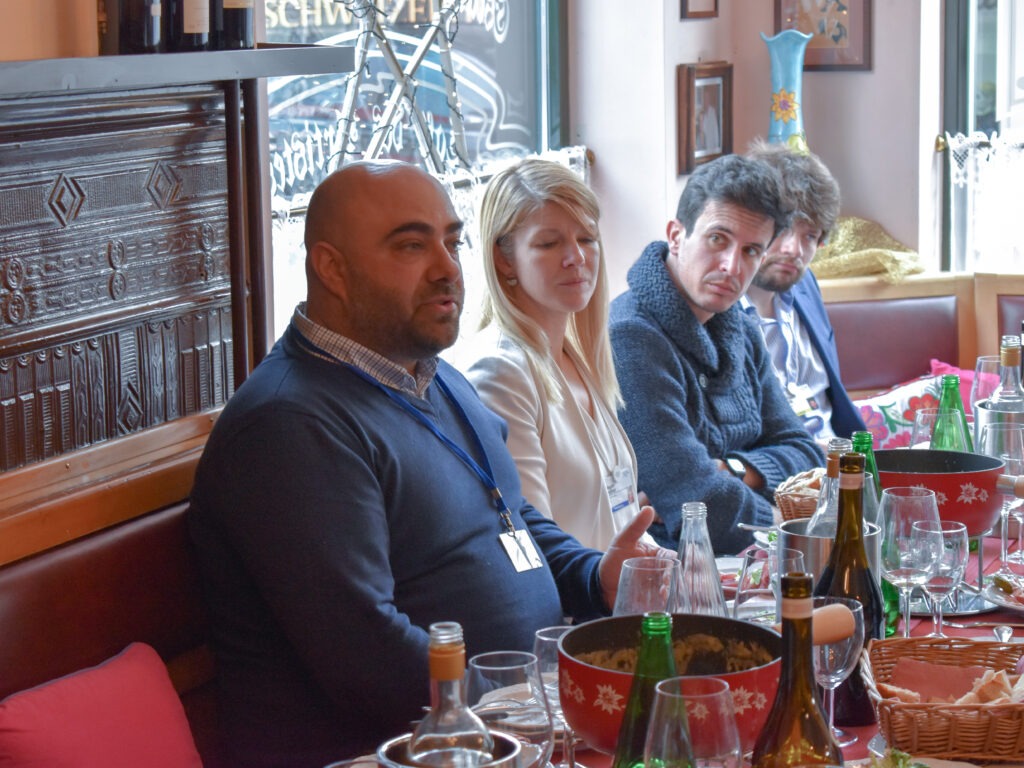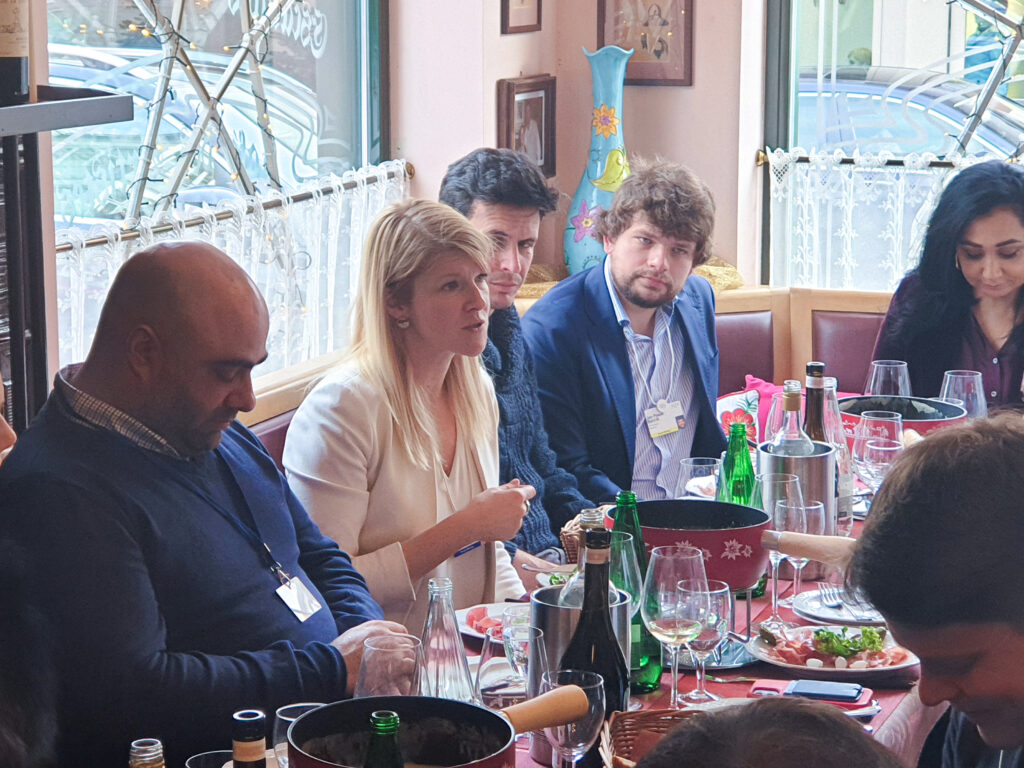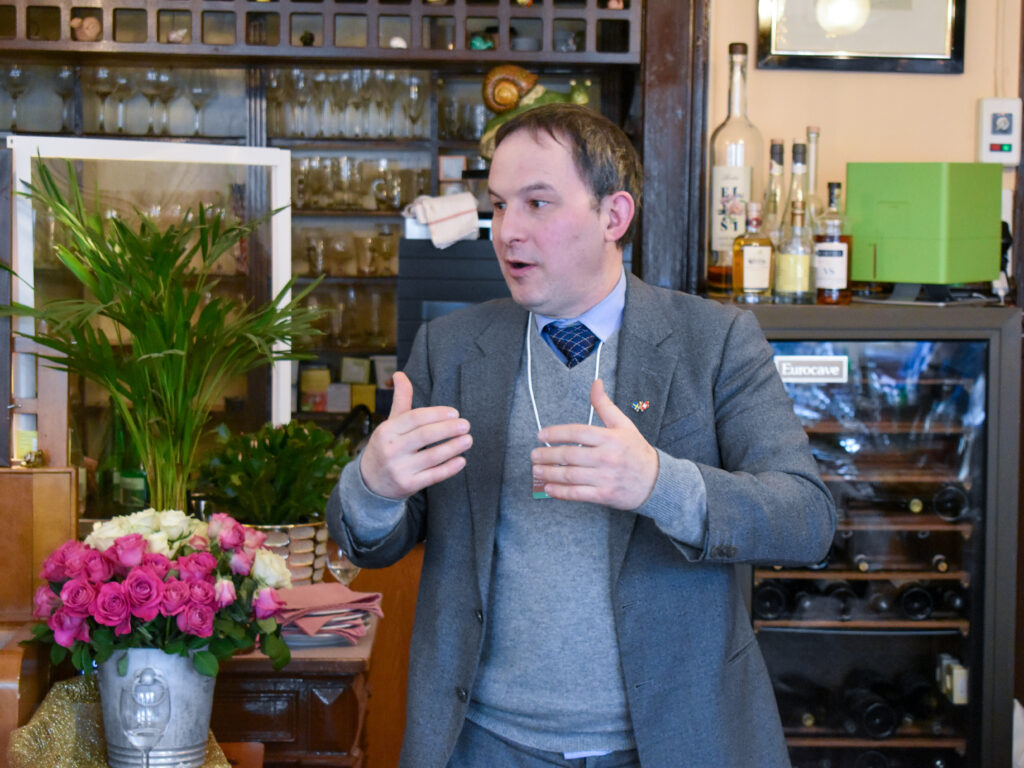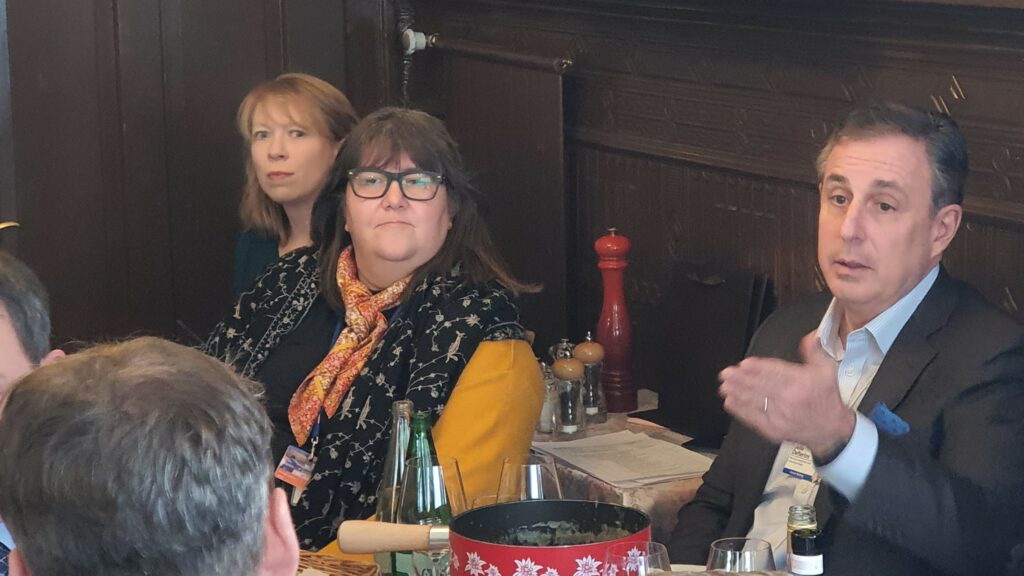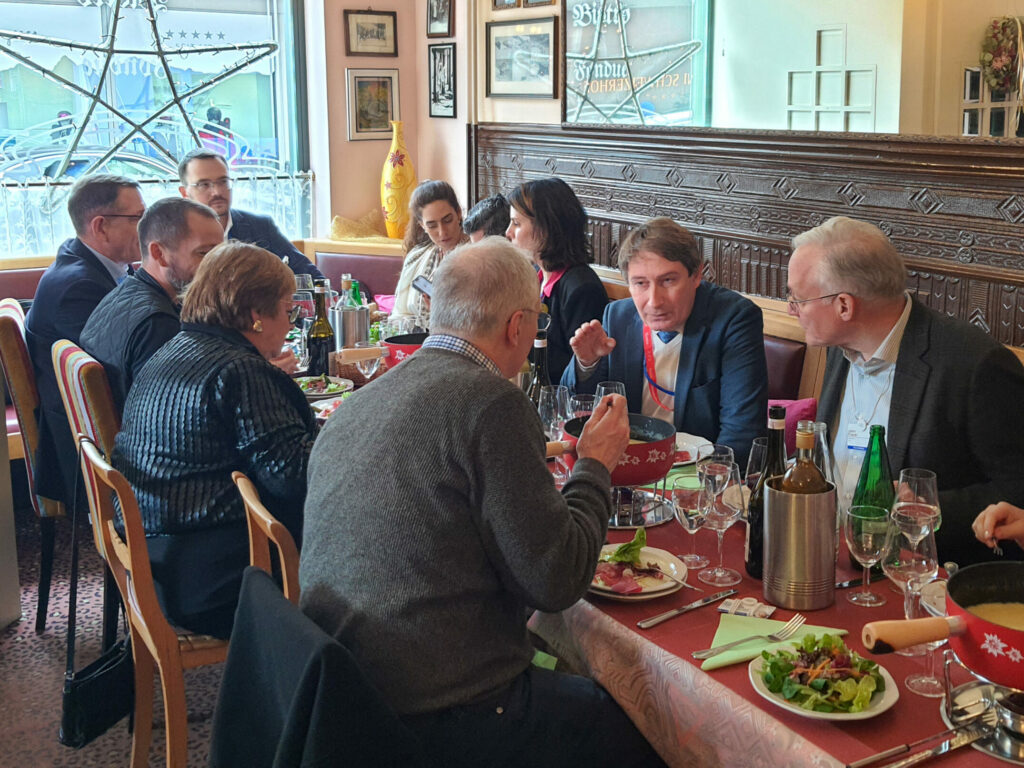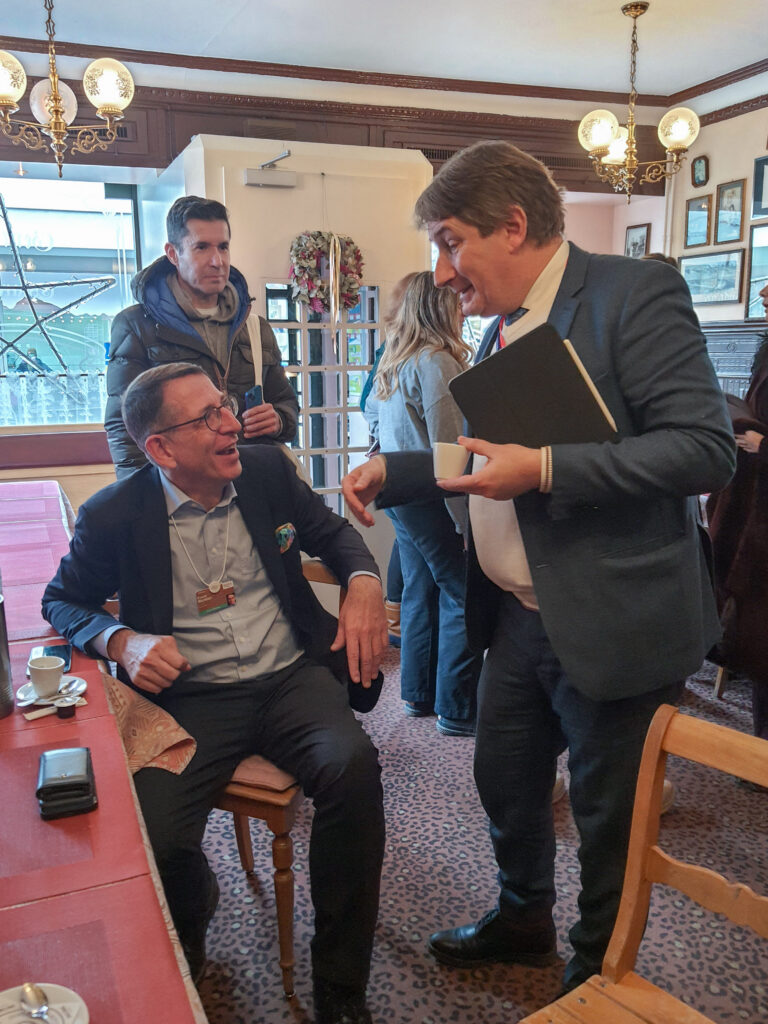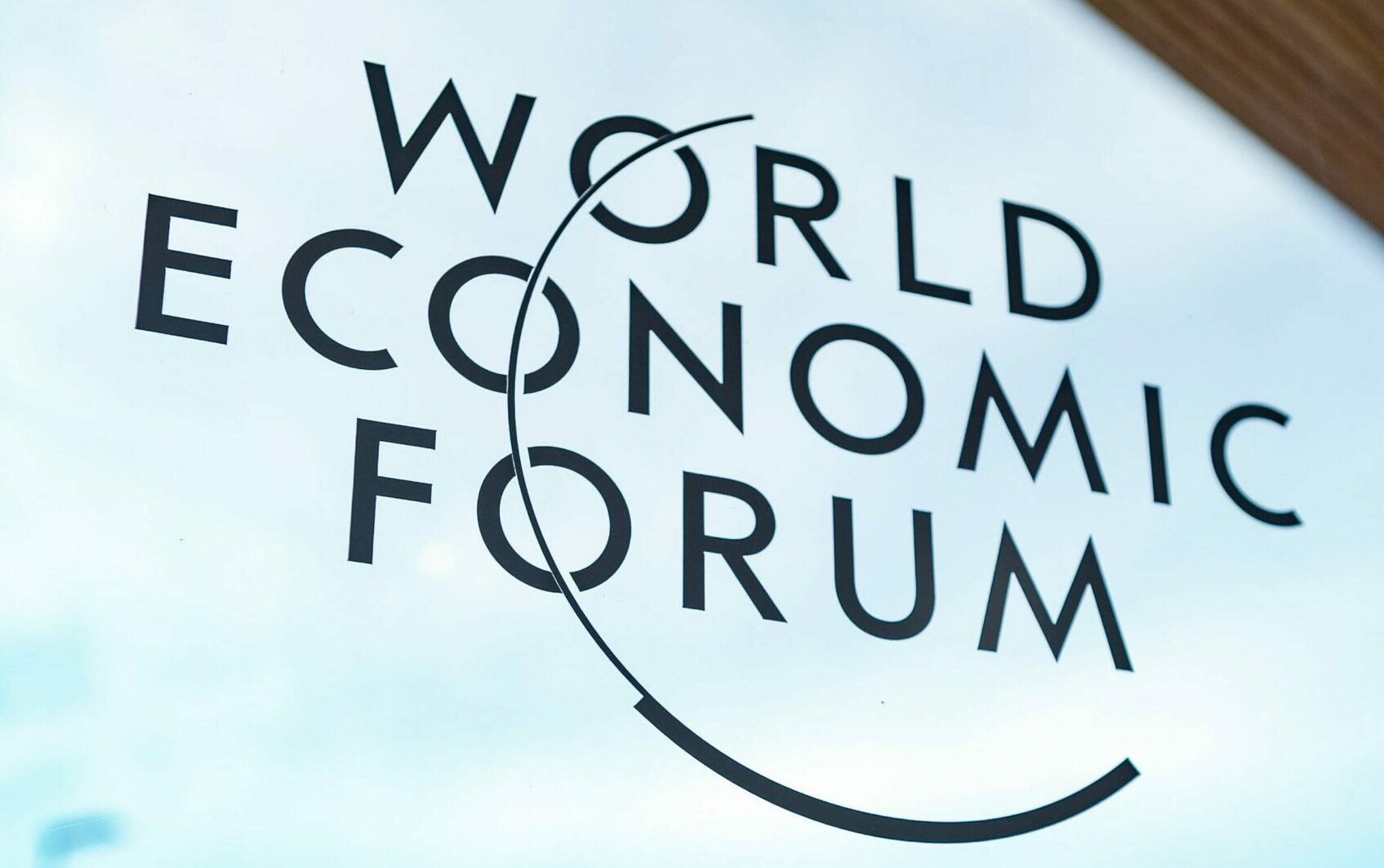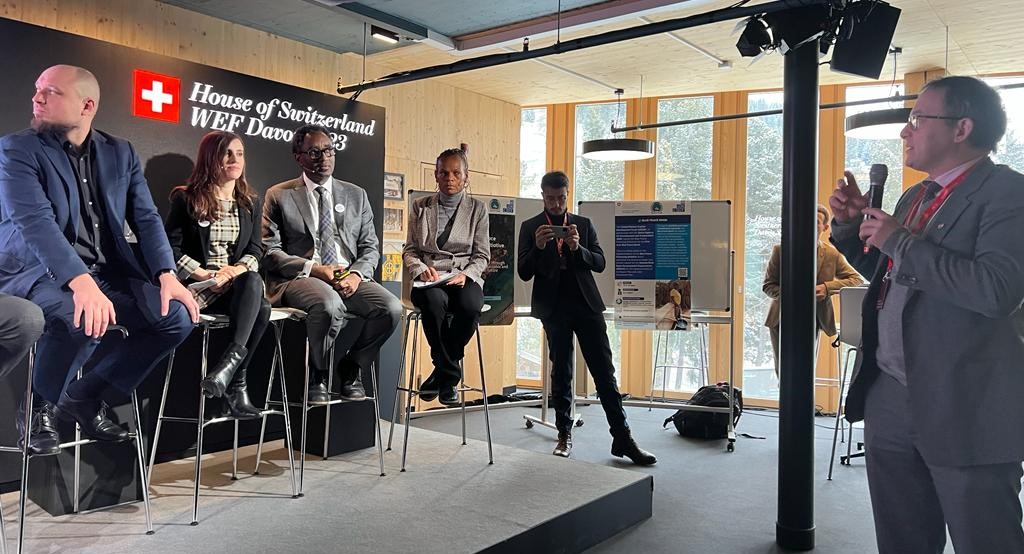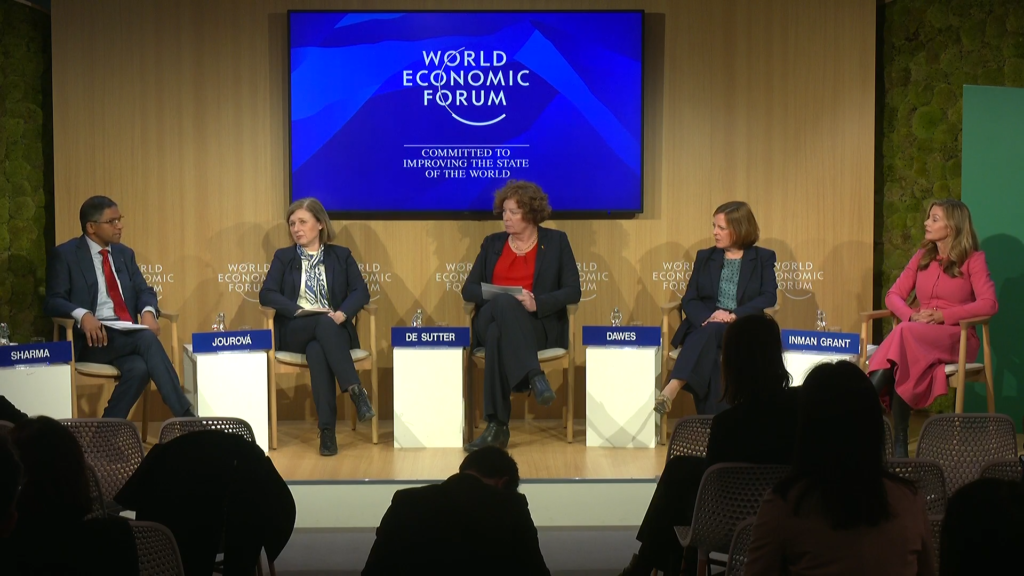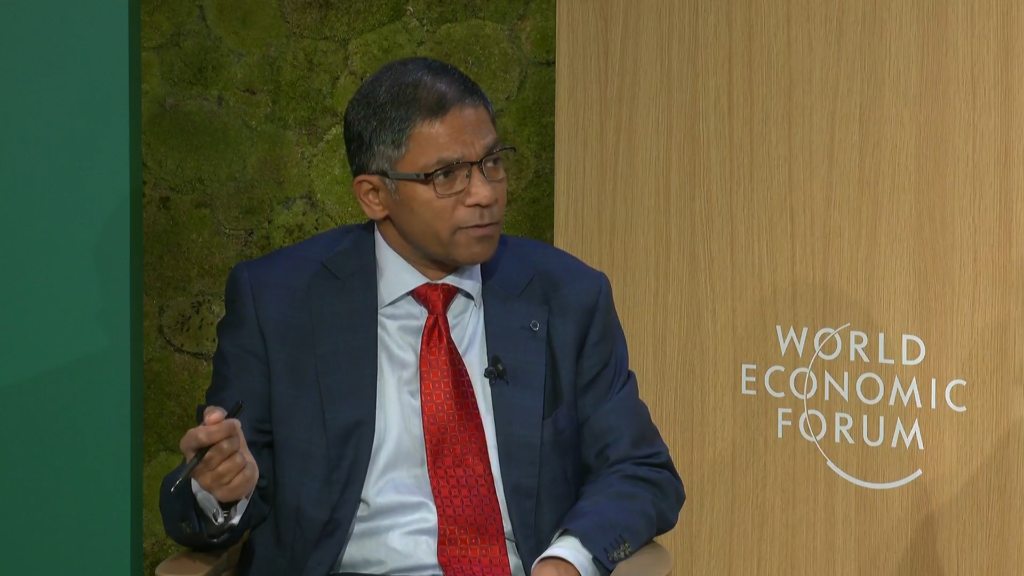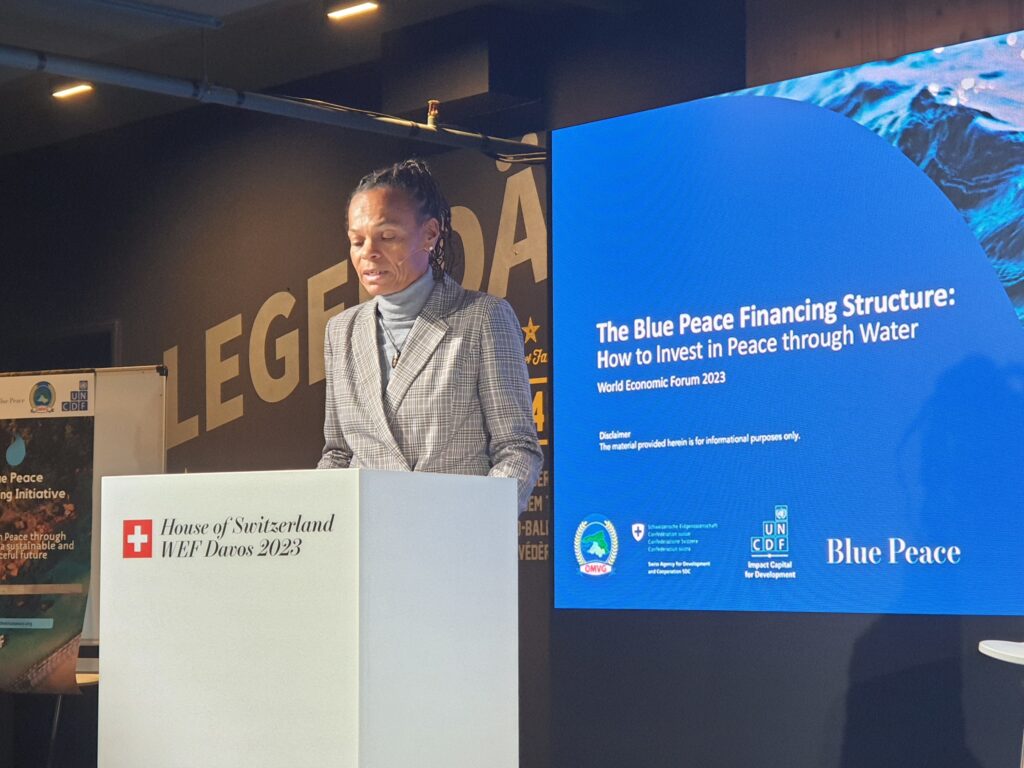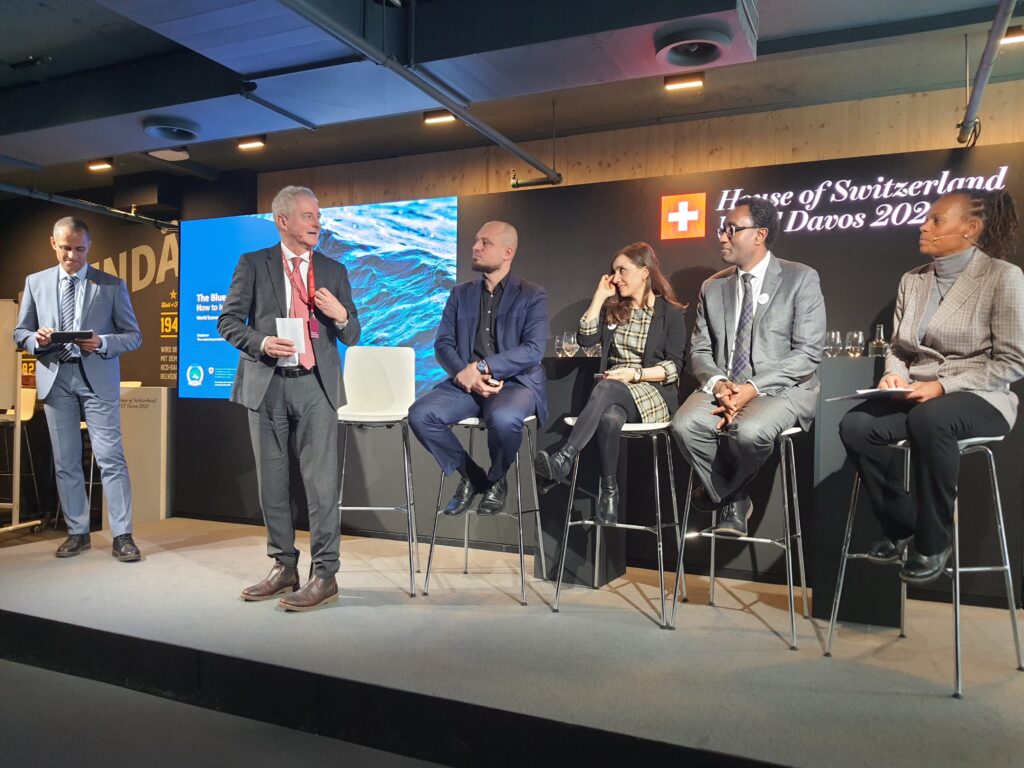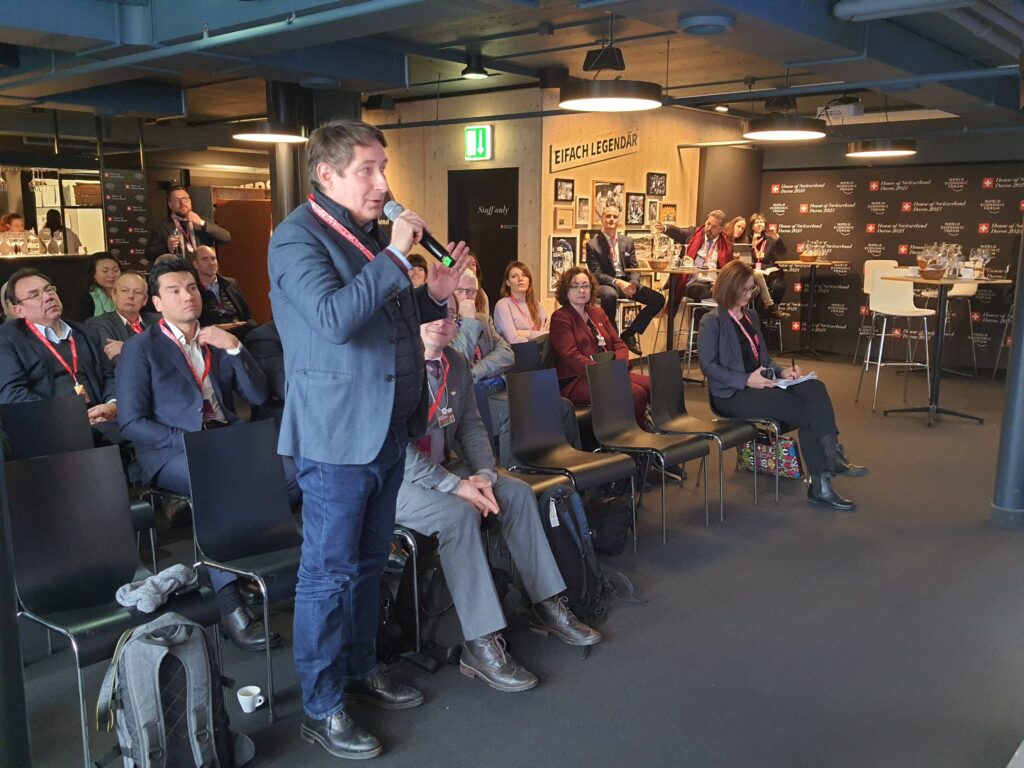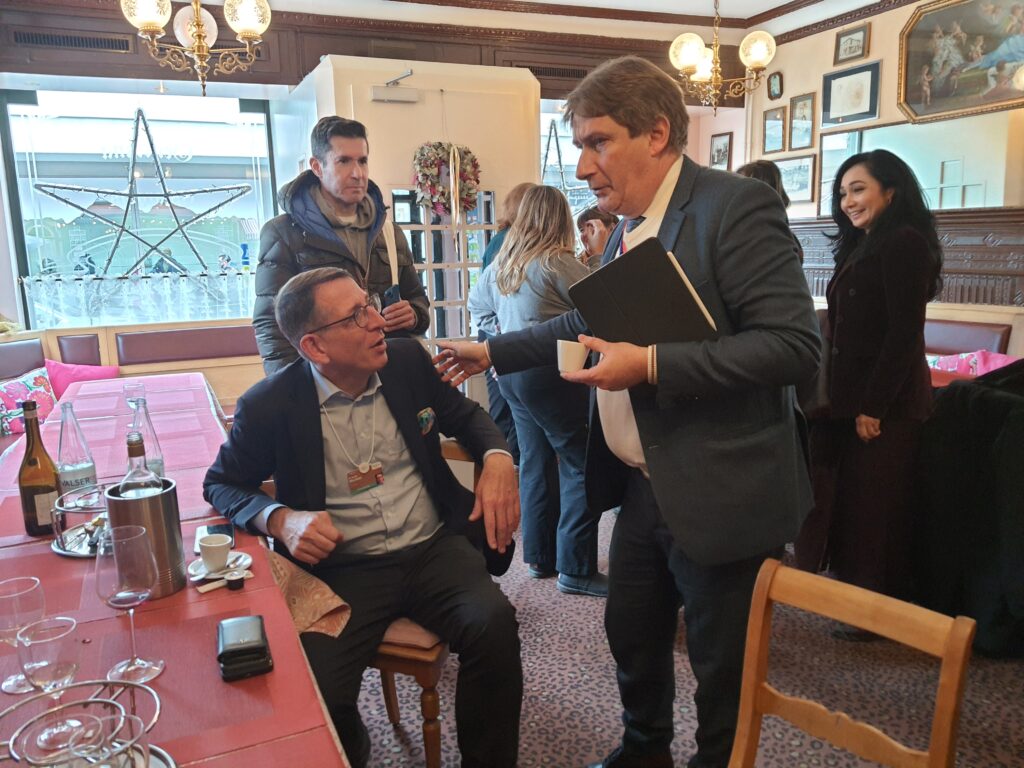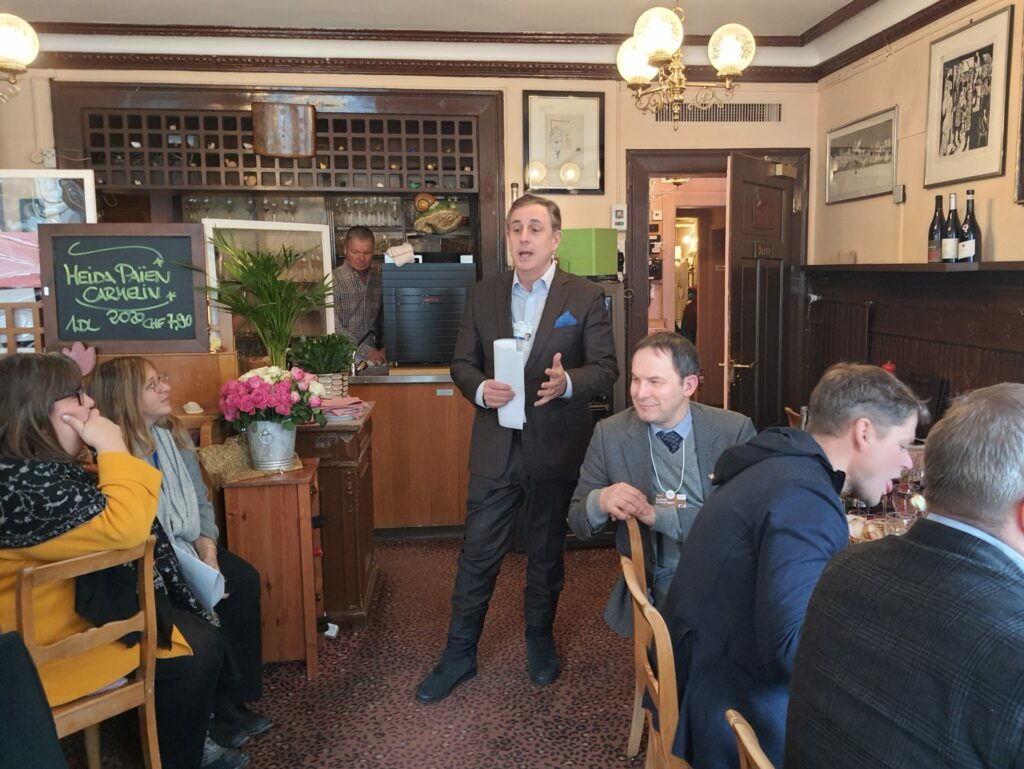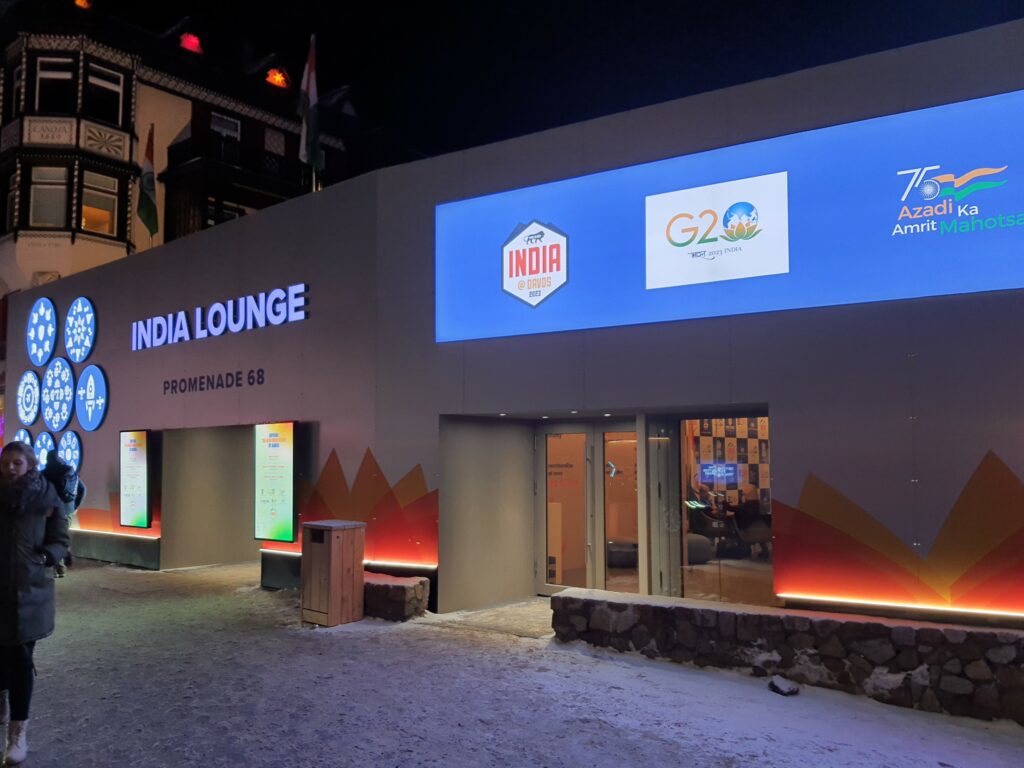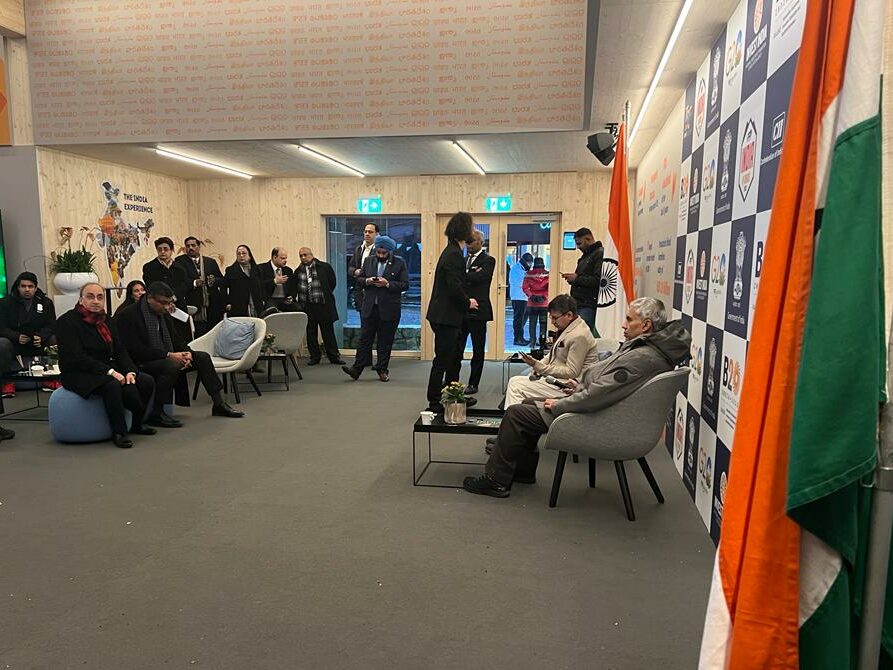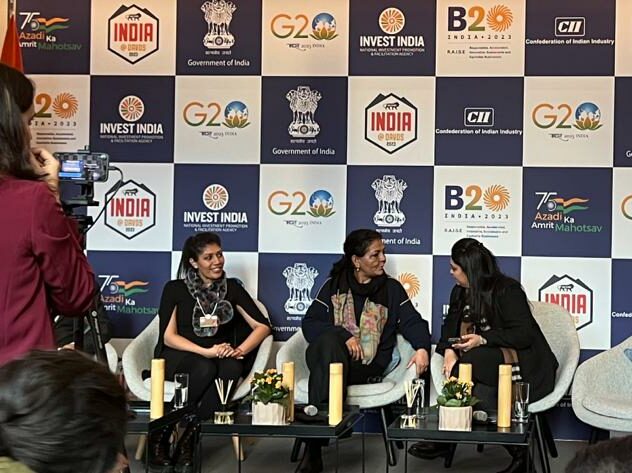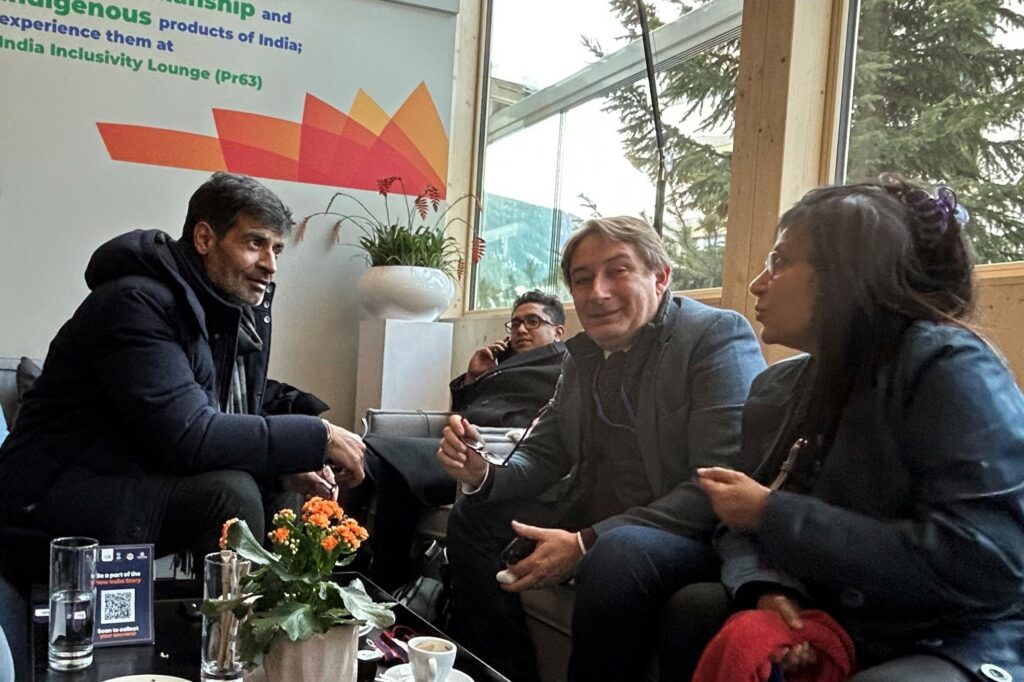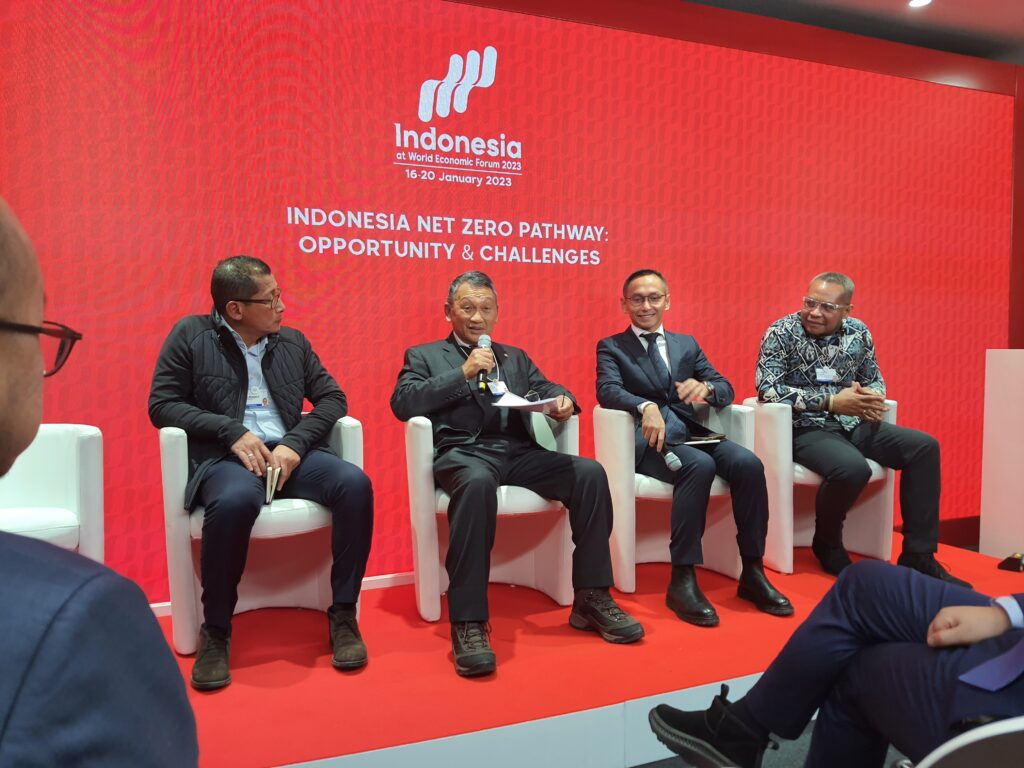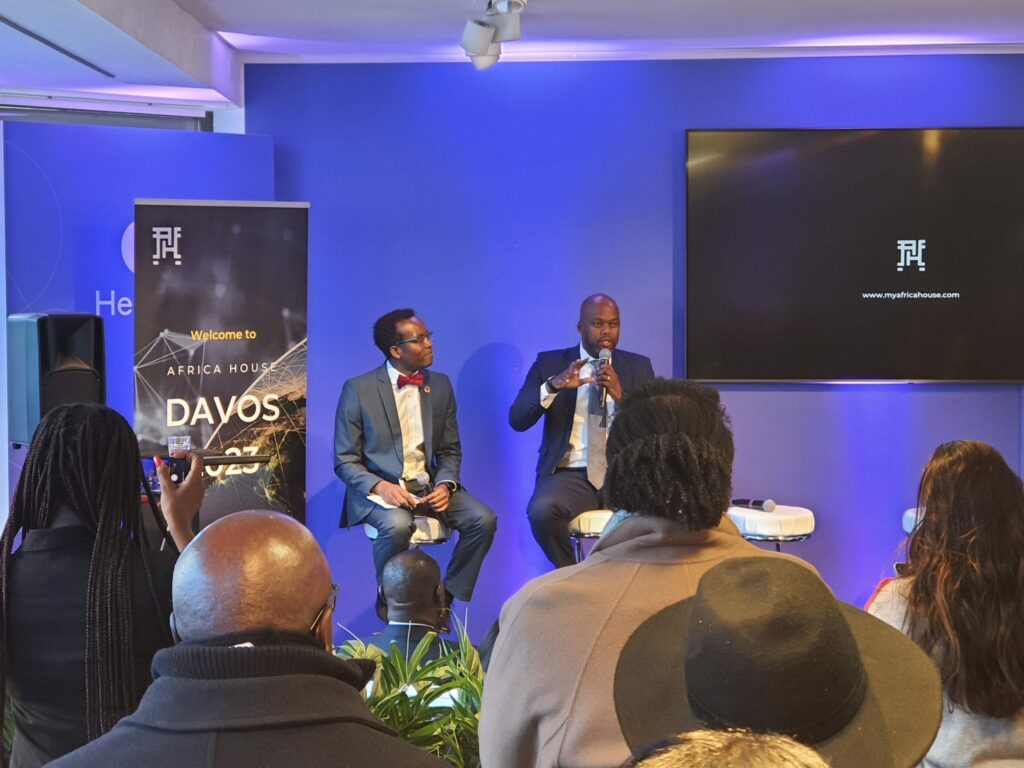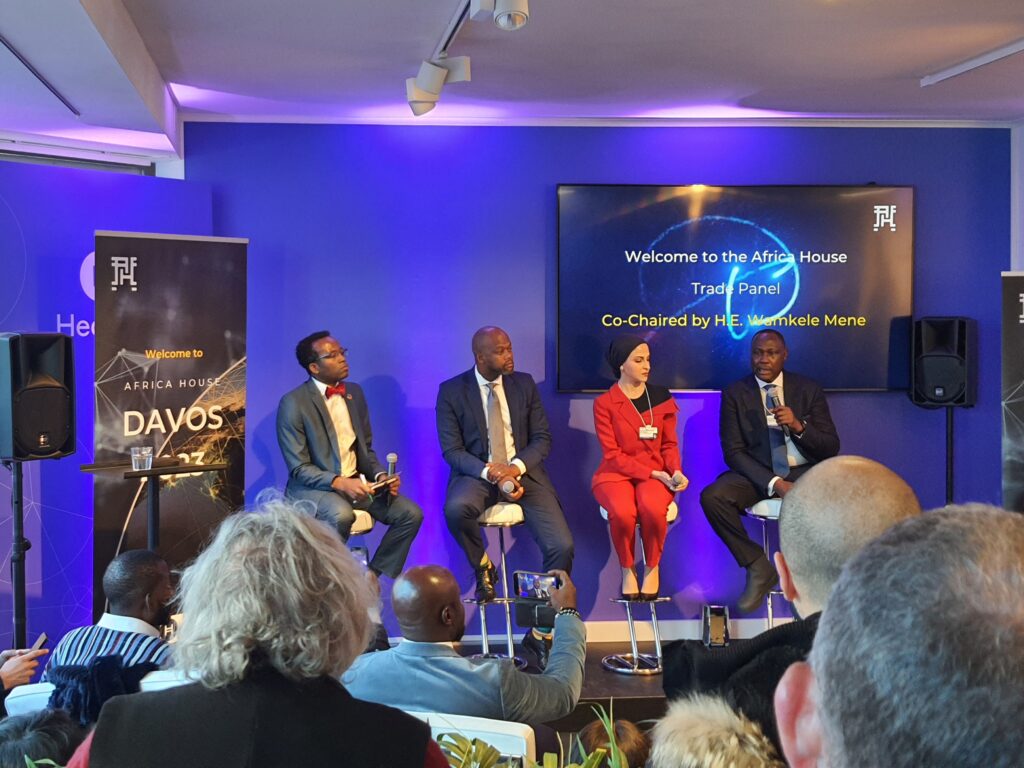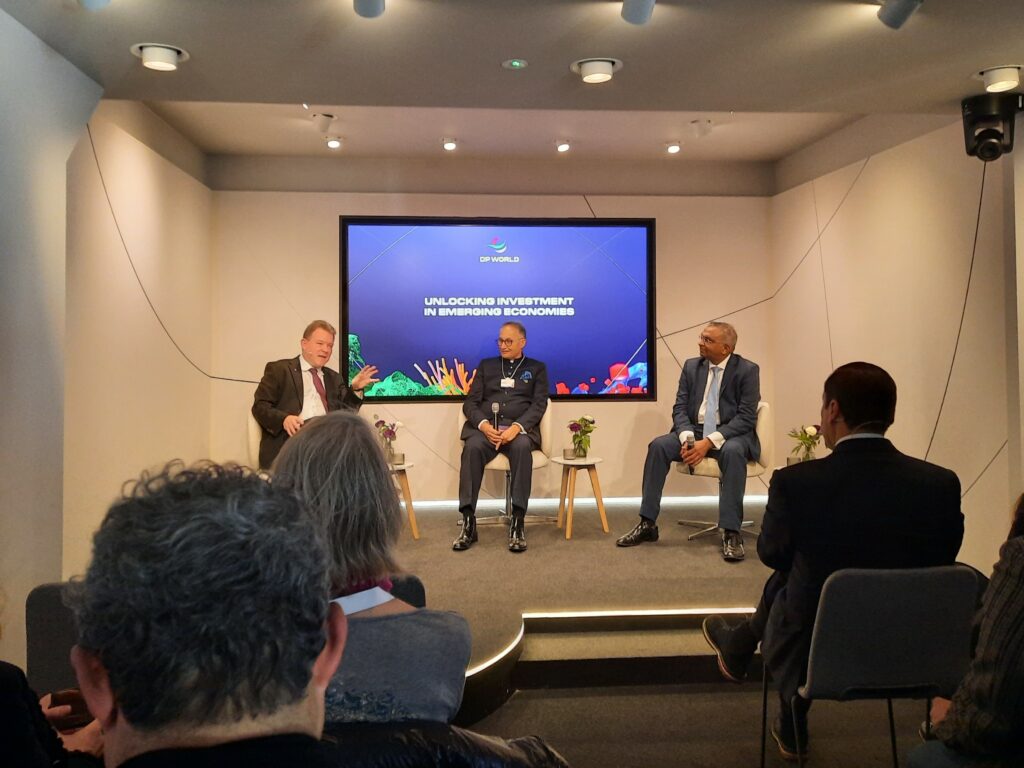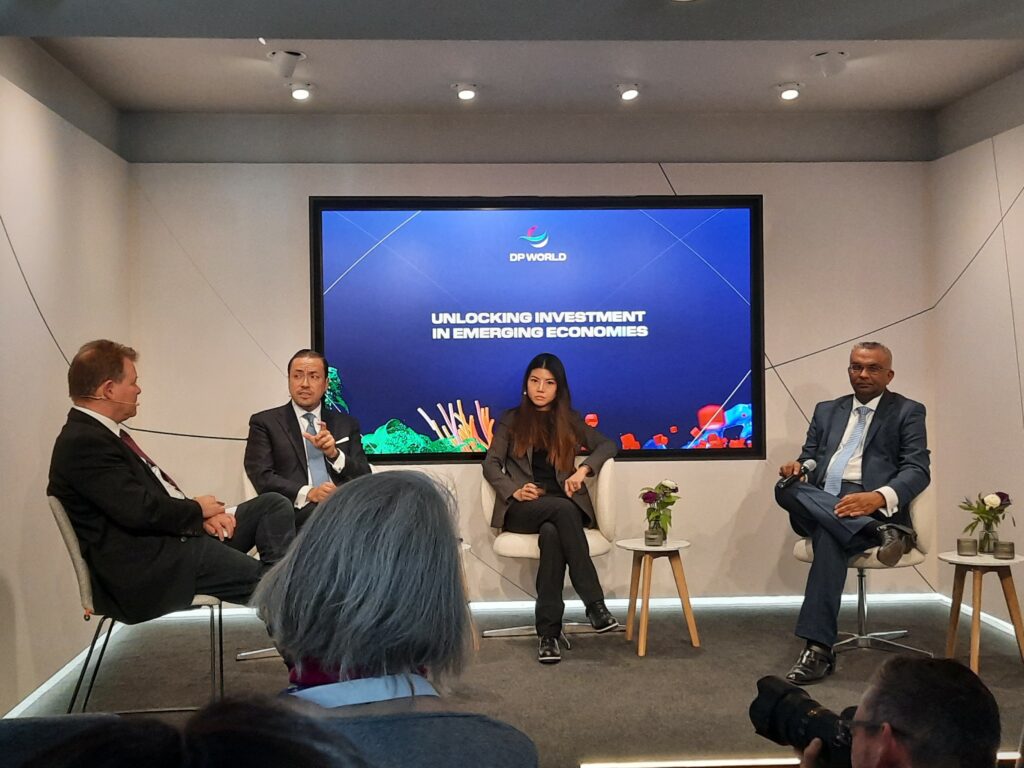Hydro-diplomacy: Proceedings of our side event at the UN 2023 Water Conference
During the UN 2023 Water Conference in New York, The Bridge Tank and Initiatives for the Future of Great River coorganized an official side event on hydro-diplomacy “Towards an inclusive, pre-emptive, and positive hydro-diplomacy”, on March 23rd. Here is a deep dive into the discussions and insights shared during the panel discussion: from hydro-diplomacy as a method of preventing conflicts, how to best approach the resource, fostering integration and inter-sectoral cooperation, the role of the UN Watercourses Convention, the need for greater inclusion, and much more.
For our short summary of the session, click here.
Opening the session which he moderated, Joel Ruet, President, The Bridge Tank, explained the rationale of this session aiming to expand the discussion and practice of hydro-diplomacy to a diversity of actors, water practitioners, researchers, and businesses. Building on Georges Clémenceau’s idea that “war is too serious a matter to leave to soldiers,” hydro-diplomacy is likewise too serious a matter to be left to diplomats alone. A renewed hydro-diplomacy ought to rely on a renewed look at water resources, discussing how to best approach them, be it as a common good or as a public good.
As keynote speaker of the session, the side event was opened by Minister Mirela Kumbaro Furxhi, Minister of Tourism and Environment, Republic of Albania. In her address, Minister Kumbaro Furxhi presented the case of the Vjosa River, which was recently declared the first wild river national park in Europe and which has the ambition of becoming a transboundary park with neighbouring Greece in the coming years.
Pre-emptive hydro-diplomacy for a long lasting peace
Hydro-diplomacy’s role in sustaining and building peace was at the centre of this side event. Christian Bréthaut, Scientific Director, Geneva Water Hub, addressed this idea of conflict prevention as building “long lasting peace.” His organisation – the Geneva Water Hub – approaches peace not only as the absence of conflicts but very much as active prevention and anticipation of possible conflicts arising. Examples from West Africa have for example shown that there are many different ways to conduct this prevention work, through dialogue platforms but also institutional set up.
Another key aspect of prevention and the achievement of long lasting peace is notably also found in the redistribution of benefits and of socio-economic development across an entire river basin, as numerous negative examples exist of dams being built and electricity lines going to the capital while local communities are being neglected. Such development practices only help fuel tensions and the emergence of violence at the local level.
Echoing this idea, Erik Orsenna, President, Initiatives for the Future of Great Rivers, noted that hydro-diplomacy is not only a matter of preventing conflicts between different nations but more and more a method to prevent conflicts within one country. Mr Orsenna also noted the steep rise in conflicts and tensions having water as a cause, citing examples from the Euphrates, Tigris, Israel & Palestine, the Nile but also Bangladesh and the Mekong.
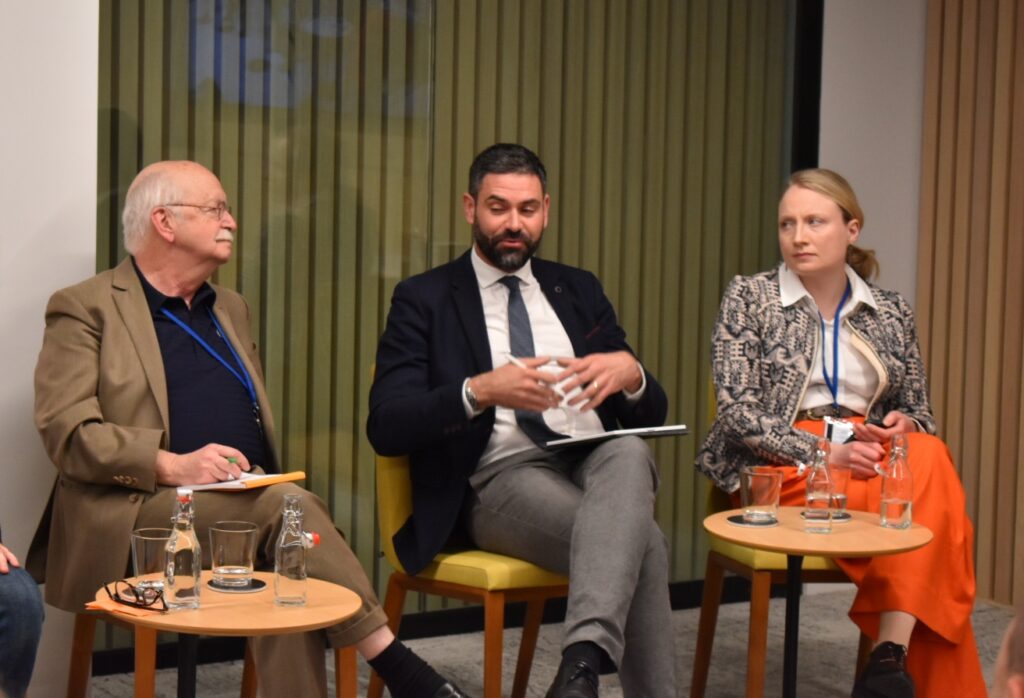
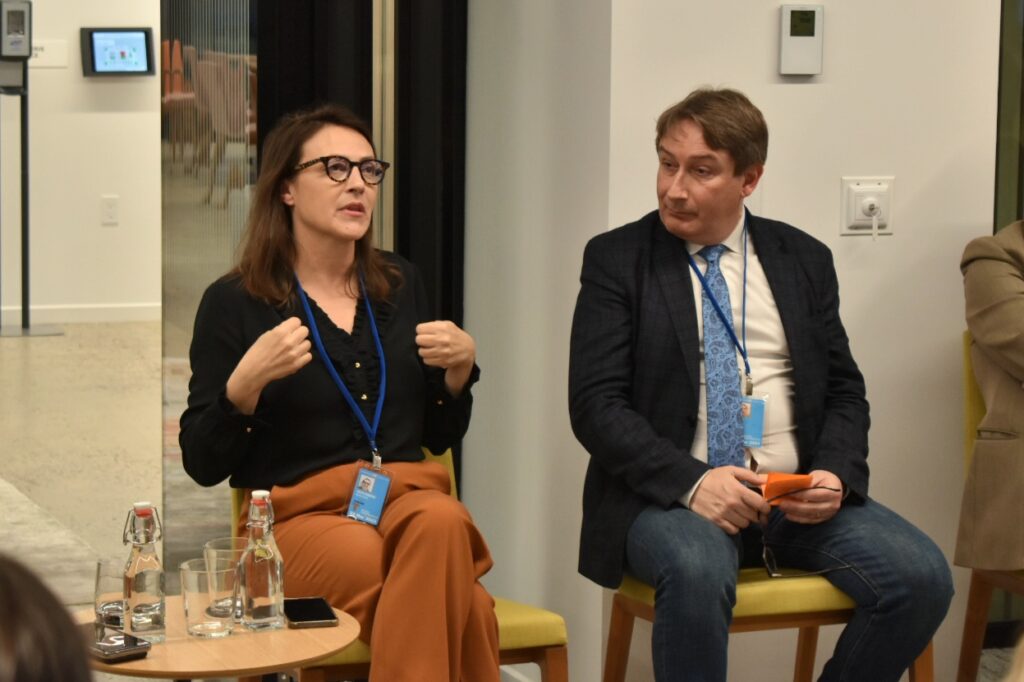
A renewed look at the resource for greater integration
River deltas are regions particularly at threat, with 600 million people living in deltas worldwide, threatened by the actions of countries upstream, Mr Orsenna continued. If the river giving life to the delta is not considered a common good, then people living in deltas will continue to be at threat, Mr Orsenna stated.
Water is tricky to categorize when it comes to being a common good or a public good, as it always finds itself a little in between the two, Mr Bréthaut noted. The nature of the resource is indeed a common pool resource but there are then different ways to approach and manage it. According to Mr Bréthaut, the literature highlights this “tragedy of the commons” as there is a higher risk of over-exploitation, rivalries between uses, and possible conflicts emerging for a common pool resource like water. However, a different approach sees water as an opportunity for stakeholders to come together and find solutions by getting organised together.
This organisation of stakeholders and its inter-sectoral dynamics must consider two dimensions, so Christian Bréthaut argued:
- horizontal integration across different sectors, moving out of existing silos to manage complex trade-offs,
- vertical integration bridging gaps between different narratives existing across basins, between farmers and national authorities for example, to avoid misunderstandings and internal tensions. This requires building platforms for these different narratives to interact and connect the different issues, making each case and narrative visible.
According to Mr Bréthaut, a key in this process of dialogue and integration is therefore found in intermediary platforms, what Claude Ménard, renowned Canadian economist who theorized the new institutional economics, called meso-institutions. Institutions like the Senegal River Basin Development Organization, a River Basin Organization, not only link across borders but also allow for dialogue across different institutional levels.
The geographic dimension of this process of integration and the development of meso-institutions was also addressed by Marie-Laure Vercambre, General Director, French Water Partnership. Since the 1960s, the French School’s approach to managing water resources has taken the hydrographic basin as its basic geographic unit. The river basin has thus been determined as being the best territorial unit to manage rivers, groundwaters, territories and the people living on them. France’s approach to hydro-diplomacy has thus relied on the principles of integrated water resources management (IWRM) the country has developed internally, acting at the basin level and involving all its stakeholders in its sustainable use and governance model, e.g. the industry, agricultural sector, cities and local authorities, with a level of public governance providing allocation and arbitrage with the common good in mind.
The UN Watercourses Convention as foundation and shared language
While the concept of IWRM is widely accepted nowadays and provides the foundation for many RBOs, Marie-Laure Vercambre noted that 5 years ago, only 40% of transboundary basins did benefit from a transboundary agreement at basin level. Out of those, 80% were either obsolete or did not involve all the countries within the basin under scrutiny. Despite the diversity of existing models around the globe, it therefore still appears to be important to have one common treaty as foundation Joel Ruet argued, before turning to Alyssa Offutt, Researcher, IHE Delft Institute for Water Education.
The UN Watercourses Convention was indeed established in 1997, being complemented by the UNECE Water Convention which was initially quite regional, Ms Offutt stated. The Convention provides the shared language and the framework of the different principles and standards which can then be used and taken into different agreements, specific to each basin. An example for that is the Convention’s “obligation not to cause significant harm,” which means that when there is cooperation within basins, upstream countries should for example not be causing harm downstream. How “harm” and “significant” are defined can however be adapted into each agreement by using that shared foundation. This can be codified in agreements, or built into existing RBOs and other processes, Ms Offutt noted.
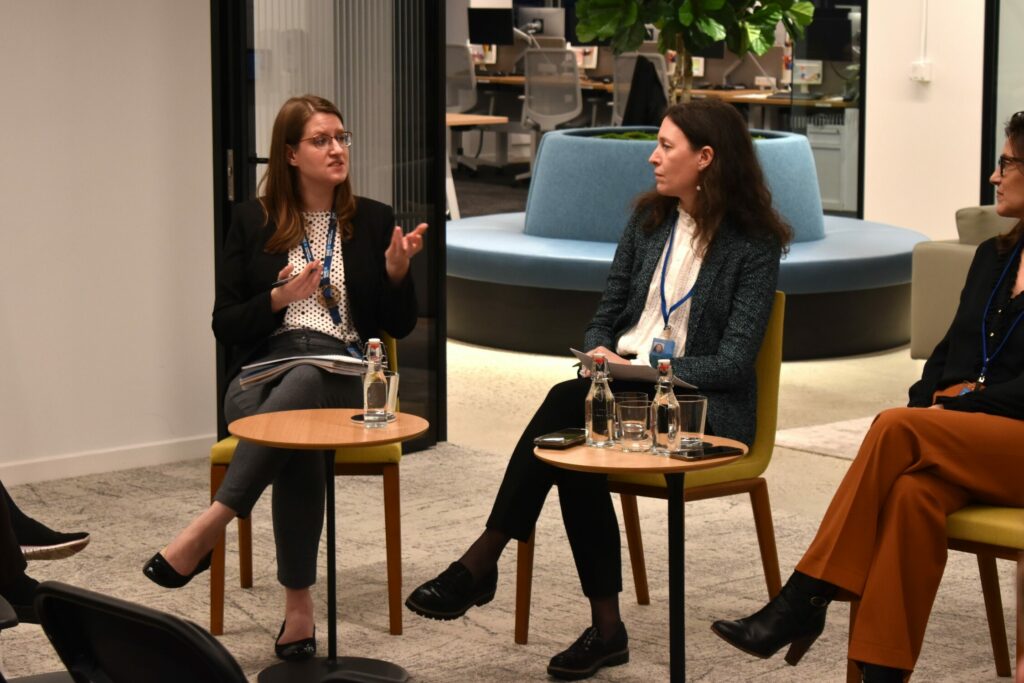
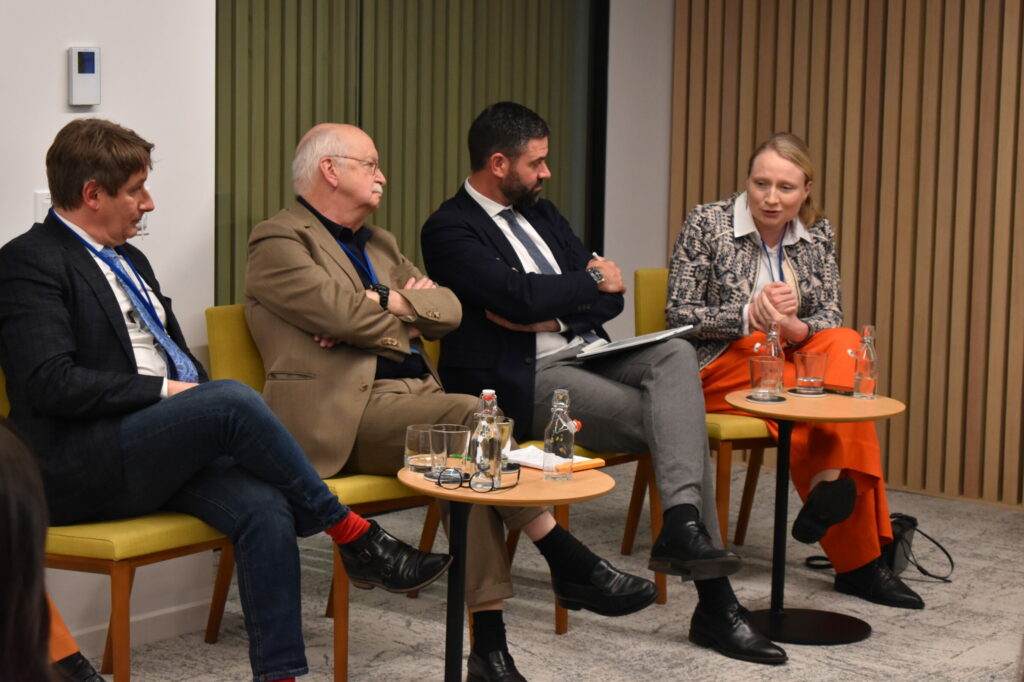
Inclusion and societal adaption
But certain aspects are arguably missing, as the Convention negotiated in the 90s makes no mention of vertical integration, as inclusivity and the integration of different people and perspectives in transboundary water cooperation was not an important aspect in comparison to today’s standards. The transboundary waters treaty of 1909 negotiated between the US and Canada did for example not include the indigenous sovereign territories along the border. Opening the discussion to other voices is therefore quite a recent process, acknowledging the need to empower people to speak for the river. The rise of new narratives and legal frameworks like the legal personhood of rivers reflects those changing dynamics. This process still requires the adaption of existing frameworks and agreements, Ms Offutt argued.
While, as Mr Ruet and Mr Bréthaut later commented, one might have assumed that the adaptation required was primarily concerned with changing hydrological, geophysical, and environmental data, as water uses have evolved and the climate changed, the required adaptation is also very much due to societal and hydro-political changes, which reflects the place of rivers in our societies but also how our societies and our understanding of rivers has evolved. As concluded by Ms Offutt, the Conventions give us the starting point to conduct those changes on both levels.
Connecting track 1 & track 2 diplomacy: Finland’s approach to hydro-diplomacy
One country which has played a crucial role in hydro-diplomacy and in the initiation, adoption and ratification of the Water Convention around the world is Finland. Suvi Sojamo, Senior Research Scientist, Finnish Environment Institute, & Senior Advisor, Water Cooperation and Peace – Finnish Water Way introduced some of the specificities of Finland’s multi-track approach to hydro-diplomacy.
Bridging gaps between different narratives has been a key component of Finland’s approach, as its multi-track approach aims to have water experts aiding decision making processes, thereby creating a bridge between the diplomatic peace mediation community and the water expert community. This approach connecting track 1 and track 2 diplomacy is the foundation of Finland’s water governance and cross-sectoral collaboration model.
As a relatively small country, Finland enjoys very low silos, strong cross-sectoral collaboration and low hierarchies, Ms Sojamo noted, which has offered a good starting point for Finland’s model. While acknowledging that water issues are always context dependent and that this model may not be replicated elsewhere in the same way, the country has been sharing its experiences and example of internal organization internationally. Echoing the idea that the Water Convention provides the foundational set of principles and framework on which to build new models, Suvi Sojamo highlighted the fact that Finland has used the UNECE Convention and the application of its basic principles as the cornerstone of its actions in support of other countries.
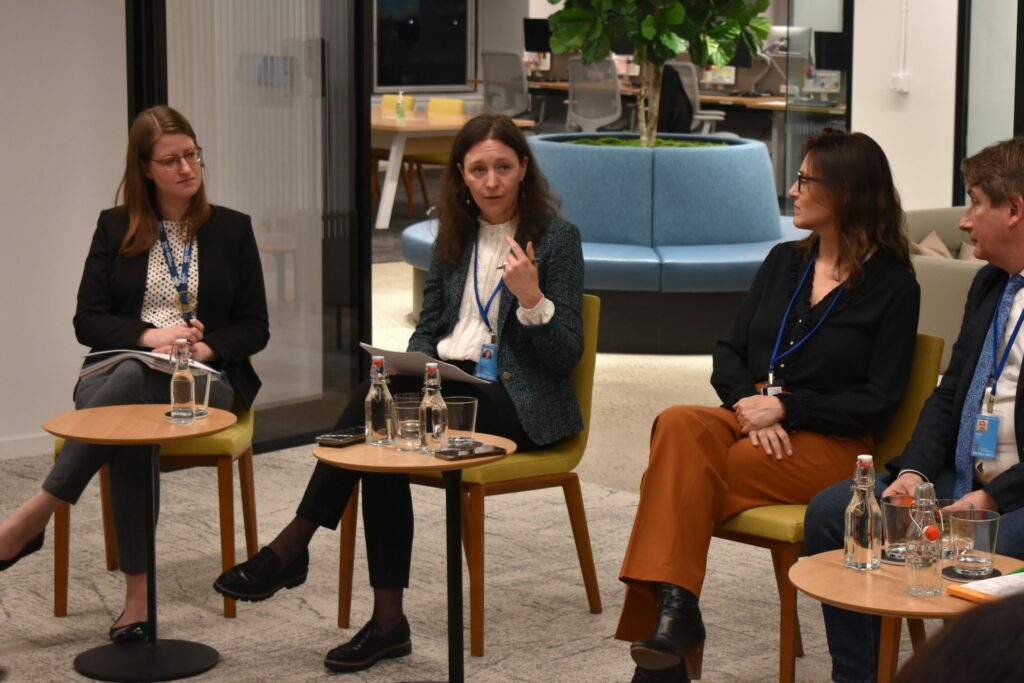
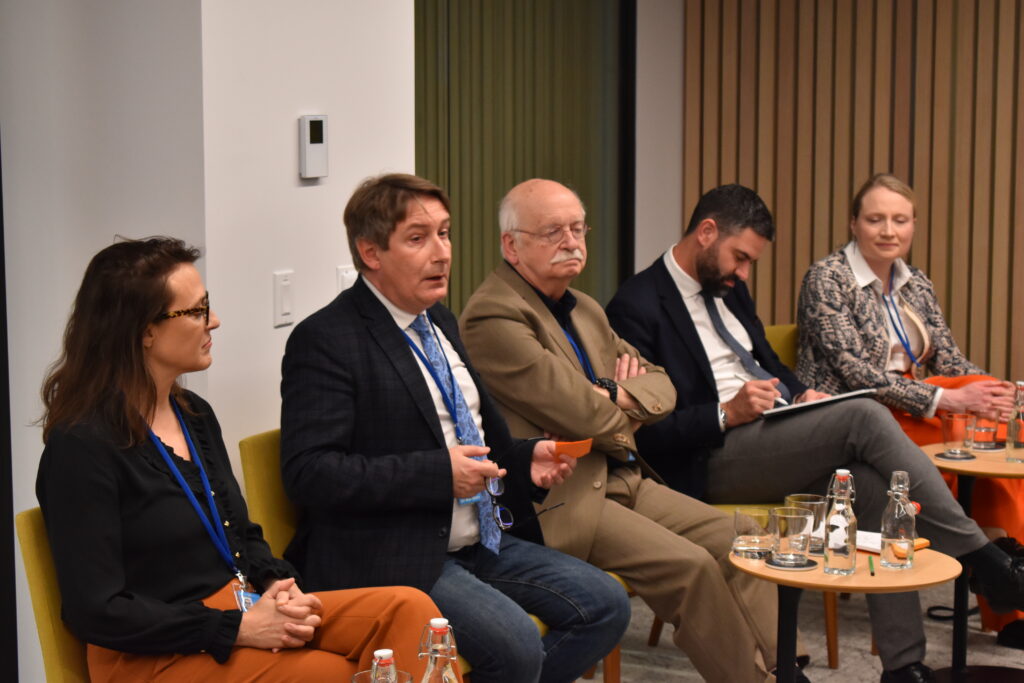
Companies as contributors to hydro-diplomacy
Inclusivity also means mobilising and involving companies and private sector actors. When trying to accompany the decision making process of countries to ratify the UN Watercourses Convention, economic actors can play an extremely important role, Marie-Laure Vercambre noted, as countries want to make sure that this will have a positive economic impact. The example of Patagonia, an American company actively involved in the process of making the Vjosa River a national park goes to show that businesses can contribute to building transboundary agreements, ensure sustainable and peaceful co-management of water resources, and be active participants of hydro-diplomacy. As mentioned by Alyssa Offutt, this is all the more relevant in times where companies become more socially and environmentally conscious.
The example of the Compagnie Nationale du Rhône (CNR) presented by Clémence Aubert, Head of Strategic Management, CNR, offers a model in which a single private operator is entrusted with the integrated water resources management of a river basin, in this case the Rhone River, building on France’s long-standing approach. The CNR was founded with three missions: the production and selling of electricity, the development of navigation and transport on the watercourse, and the irrigation of farmlands. A fourth mission was added later on, namely environmental and biodiversity preservation, in addition to leisure and cultural activities around the river.
To ensure the aforementioned intersectoral integration, the CNR has had to act in consultation with all the stakeholders for each one of its projects. The notion of redistribution mentioned by Christian Bréthaut as a prerequisite for long lasting peace is also inscribed in the CNR’s model, as its contract with public authorities foresees redistribution of part of its benefits to local territories, which ensures the involvement of all stakeholders in protecting the resource, as they all benefit from its durability. The model has proven its resilience, as the Rhone’s run-of-river dams have allowed to continue to provide water for farmlands, drinking water, and sustained navigation even during periods of droughts.
Going one step further than conservation, the CNR has also been engaged in a huge project of renaturation which has already restored 120 kilometers of the Rhone’s watercourse by reconnecting the river to wetlands and re-allowing the free flow of sediments which had been blocked by past constructions.
Conclusion
In the closing round of the session, participants expressed optimism about the future, as the Conference reflected and built on an increasing momentum to address the issue of freshwater. Marie-Laure Vercambre noted that the Conference offered reasons to be optimistic, as it proved increasing maturity among the water community but also among decision makers. New ratifications of the UN Watercourses Convention were another encouraging sign. While the risk of conflicts over water is indeed on the rise, there is a counter dynamic that sees cooperation and awareness of the risk of not cooperating spreading. Greater inclusion, potential for dialogue, inter-sectoral and multi-stakeholder cooperation are indeed needed but recent years have shown positive trends, with greater understanding and awareness of the complexity of the water question slowly taking hold.
To watch the full session:

